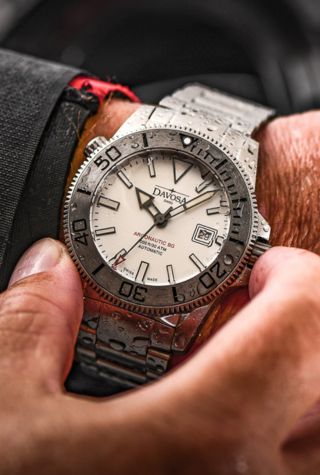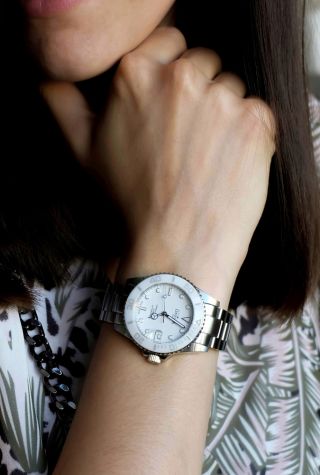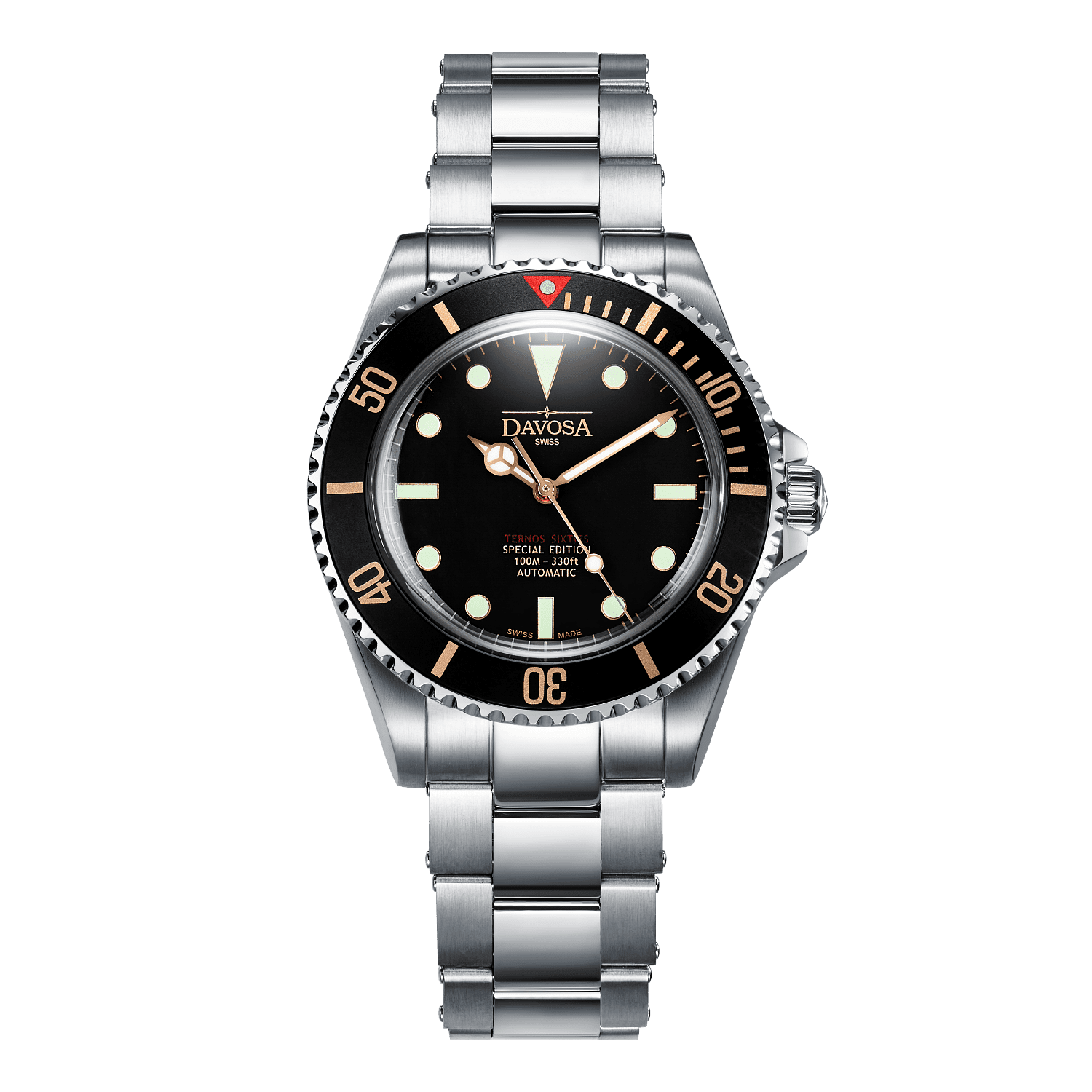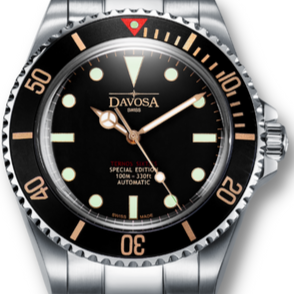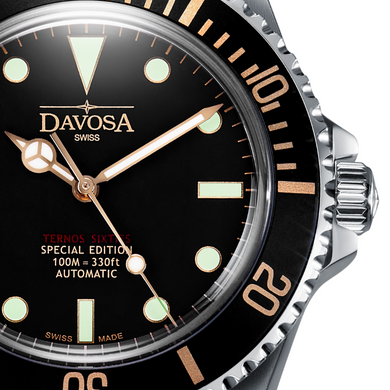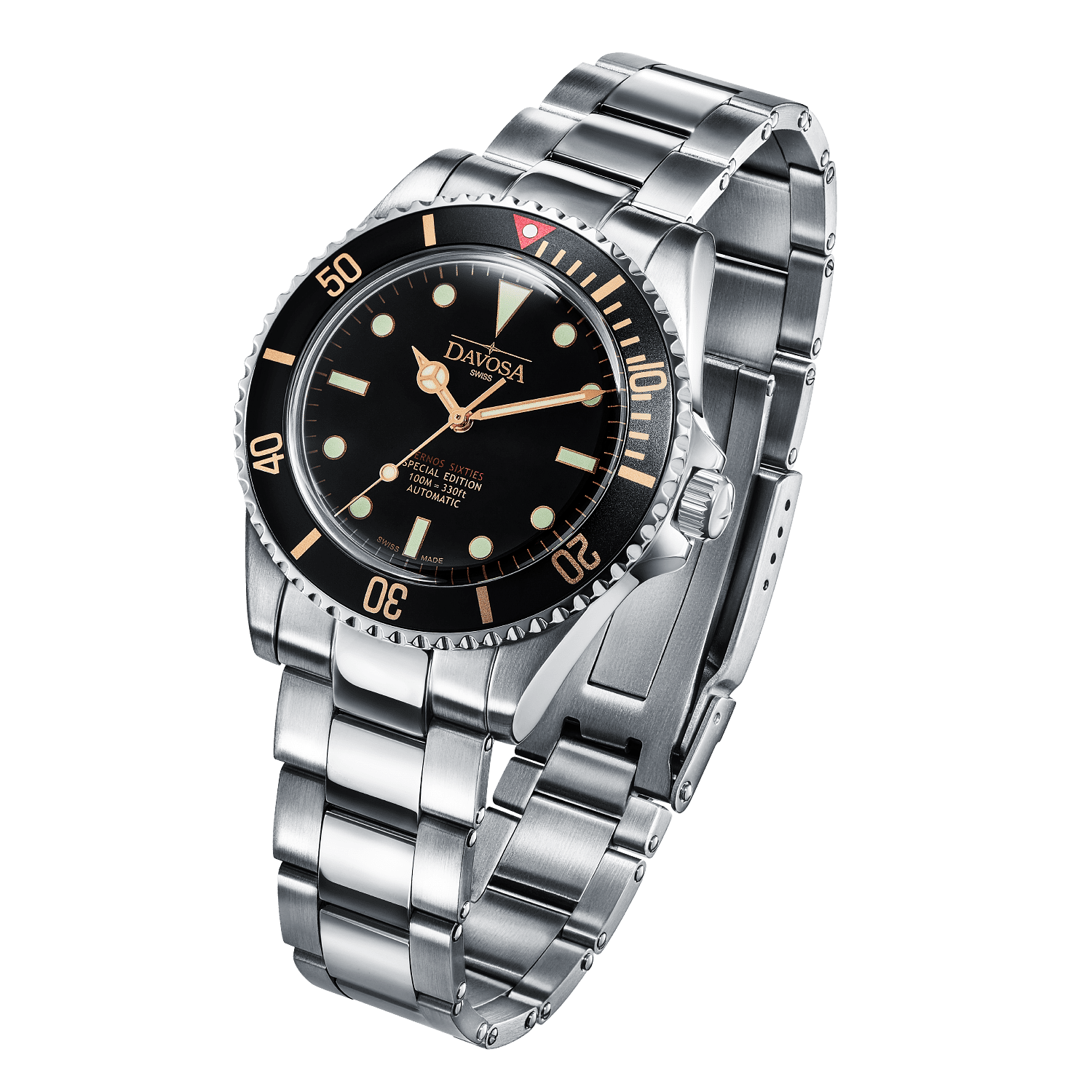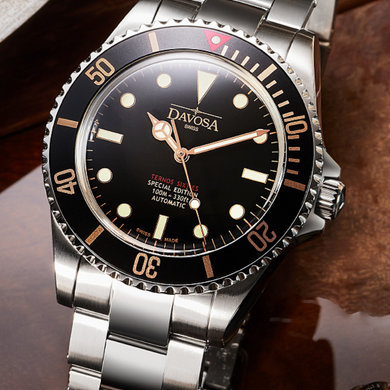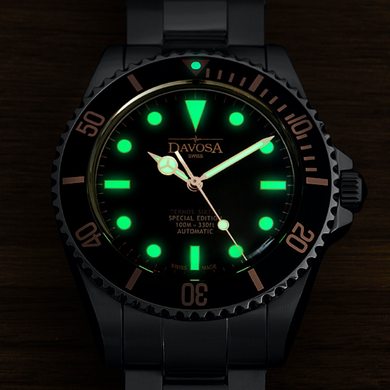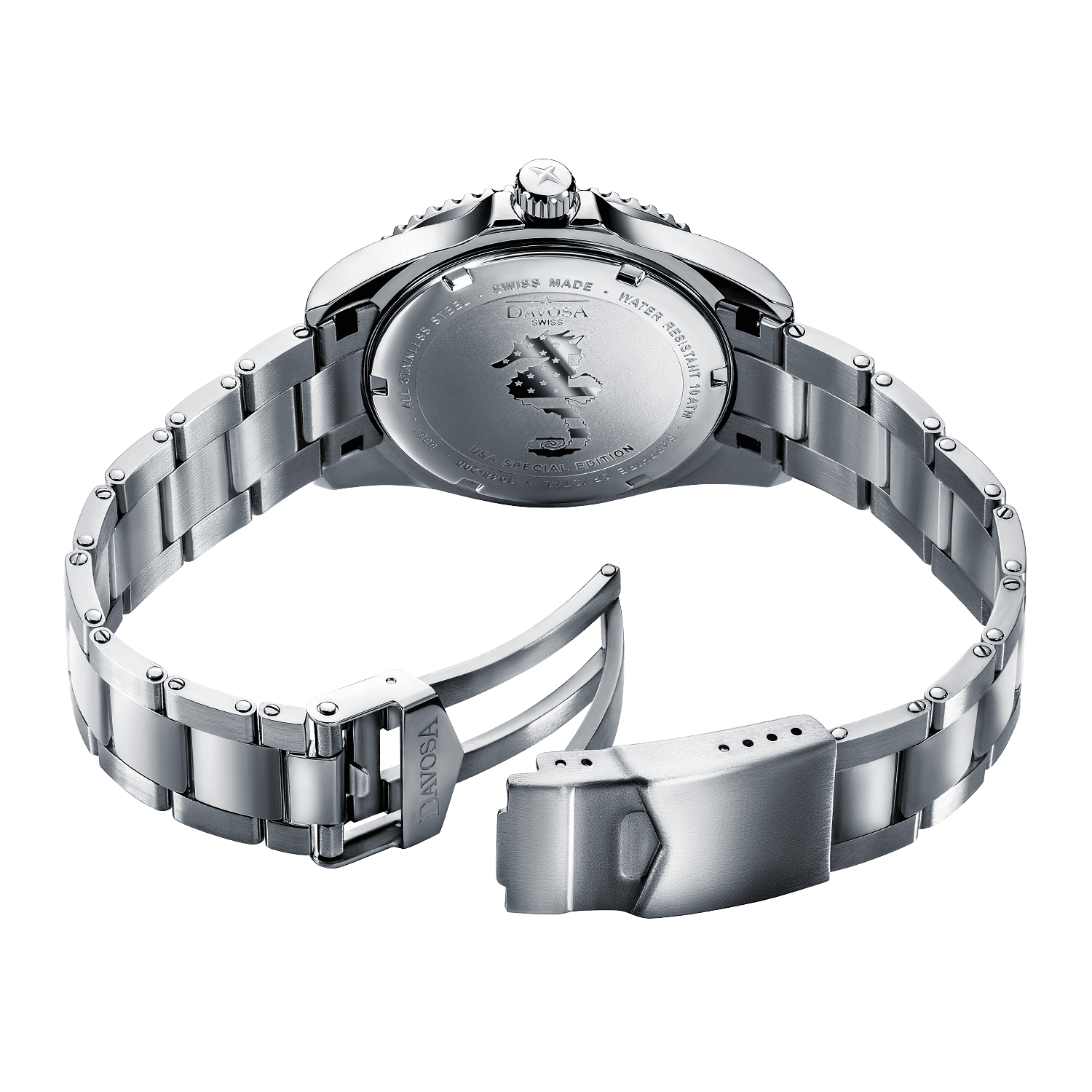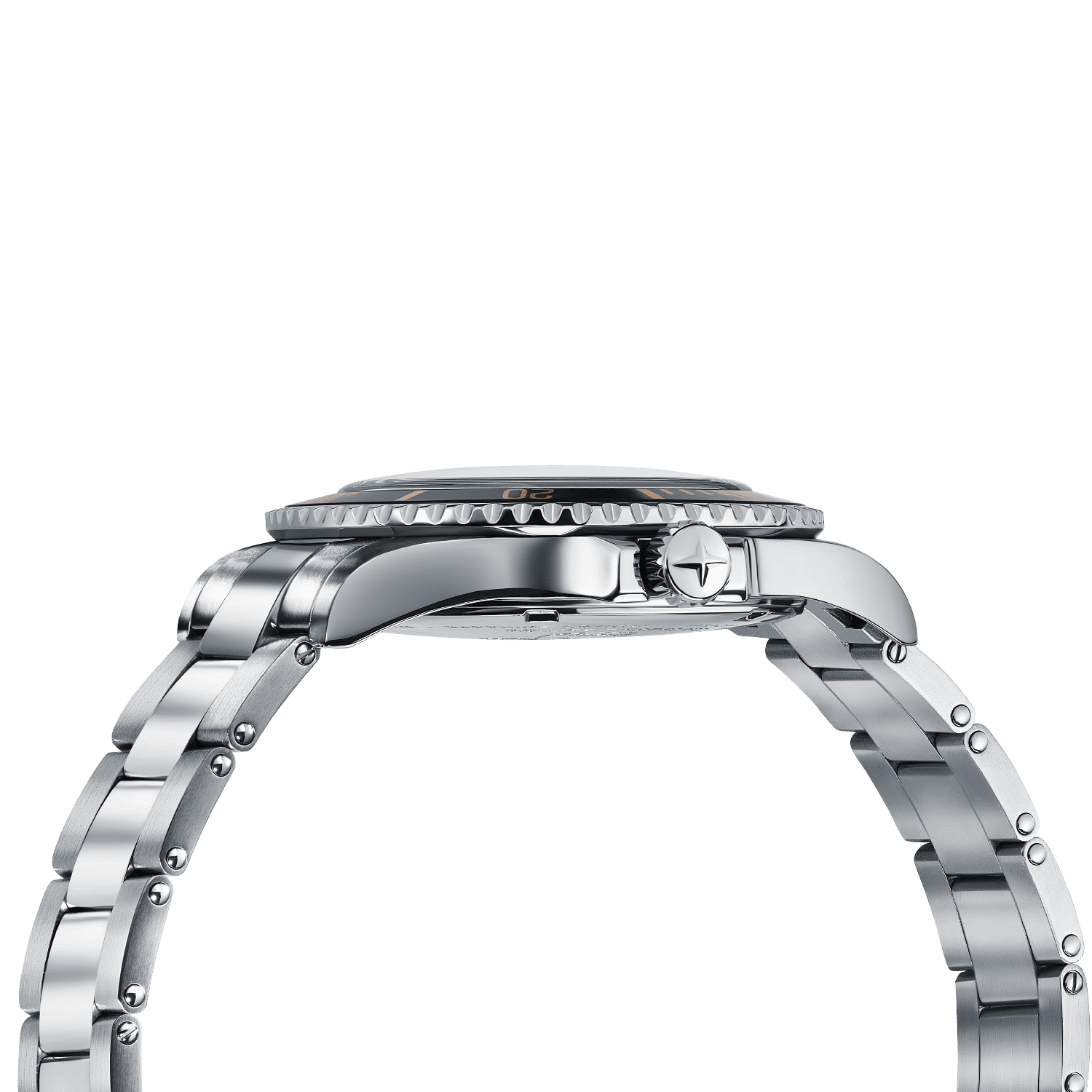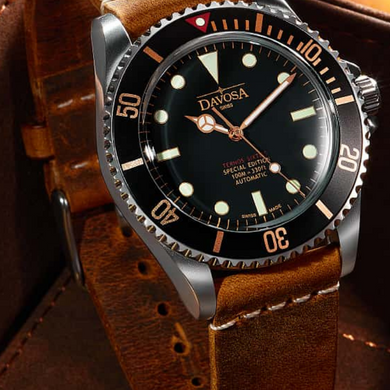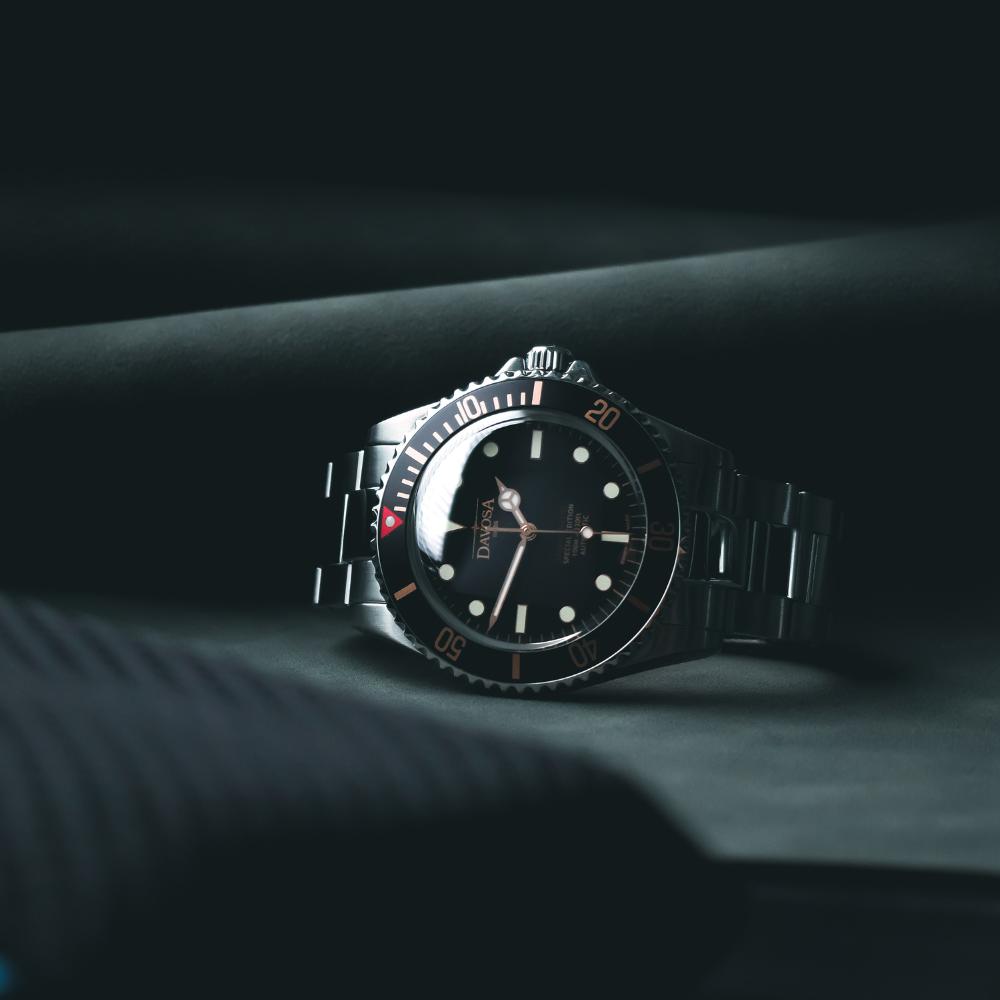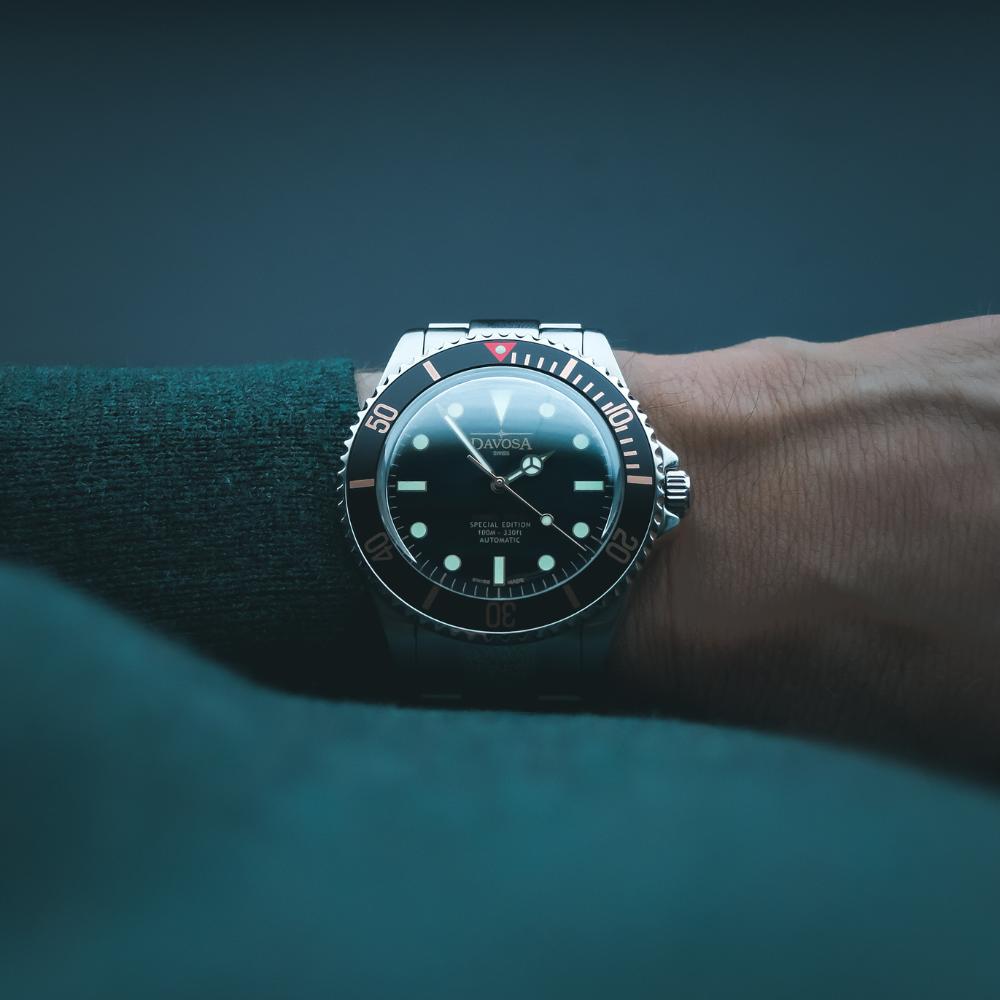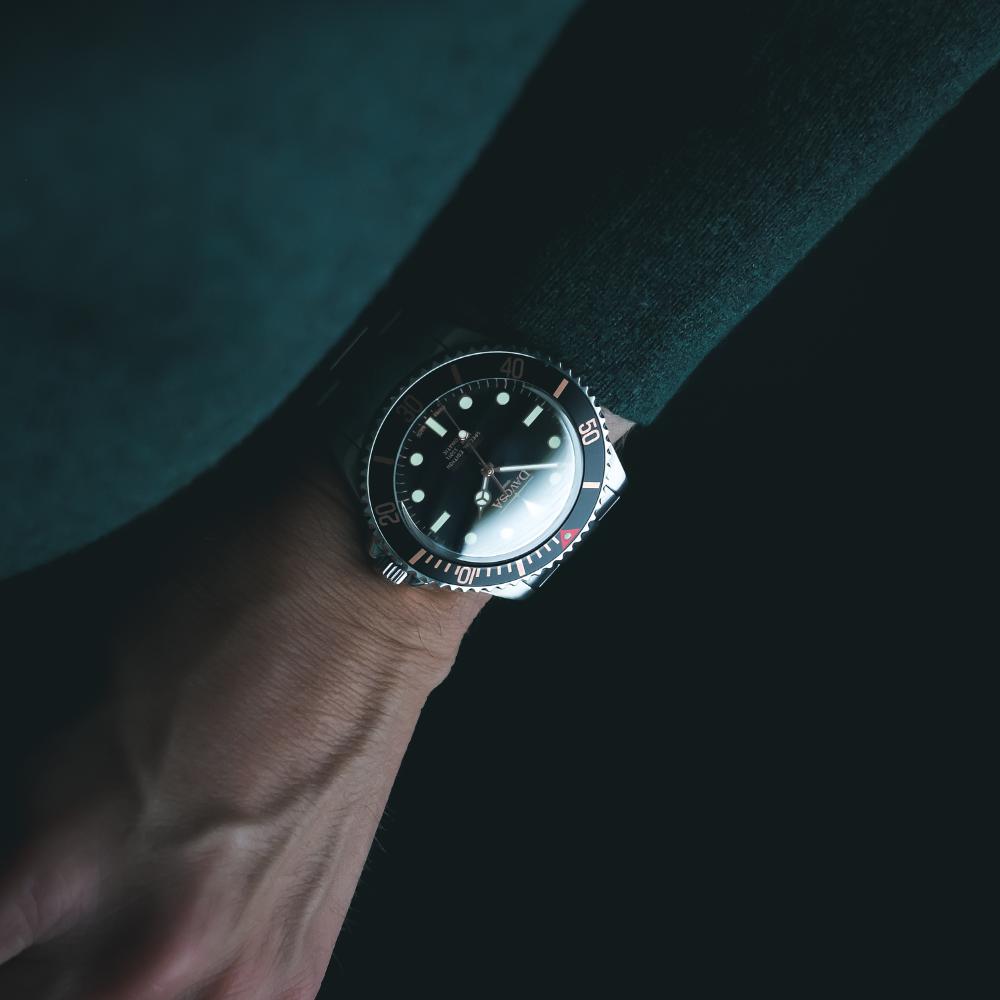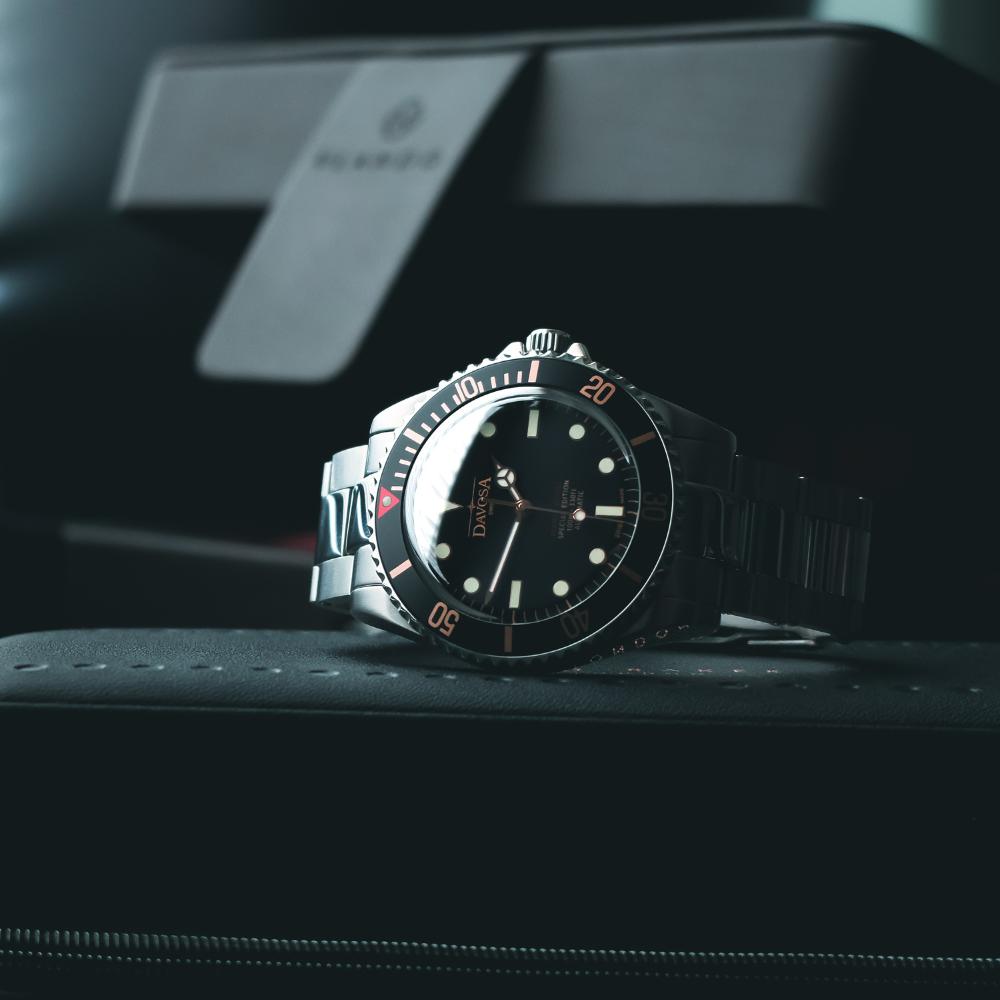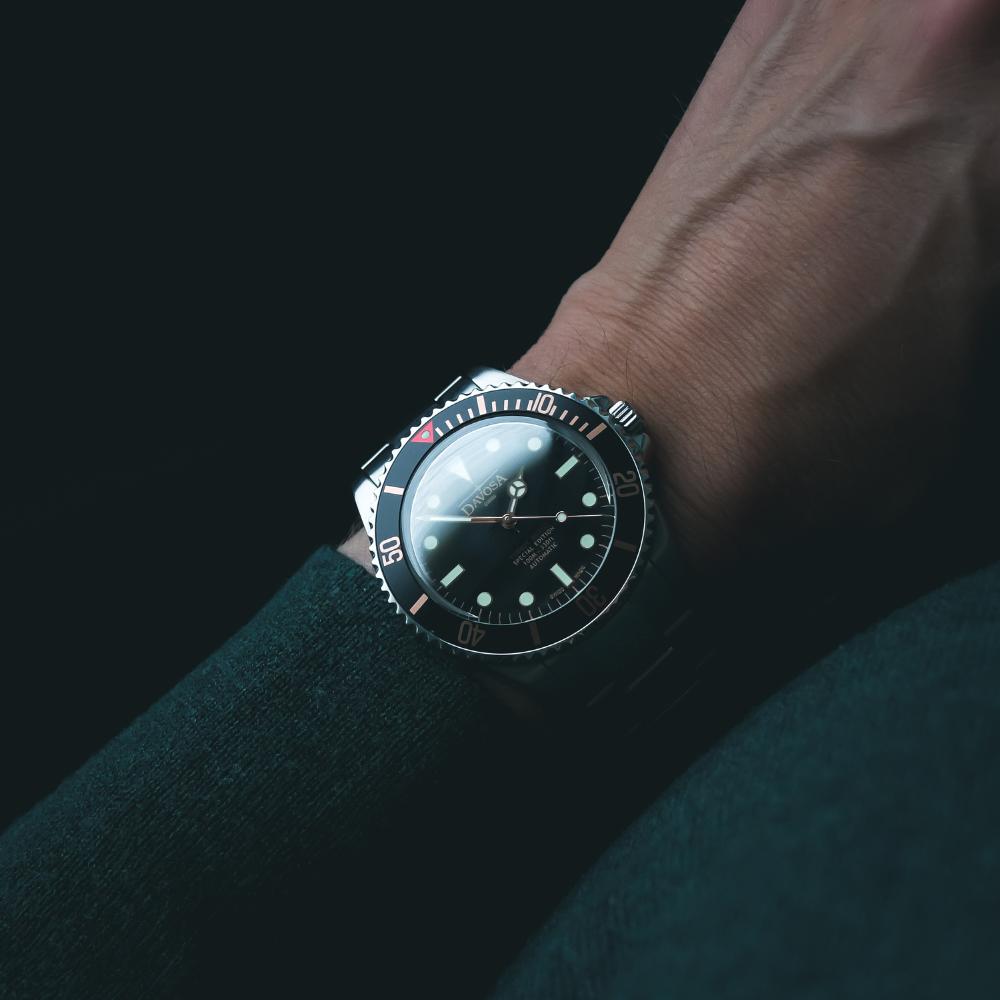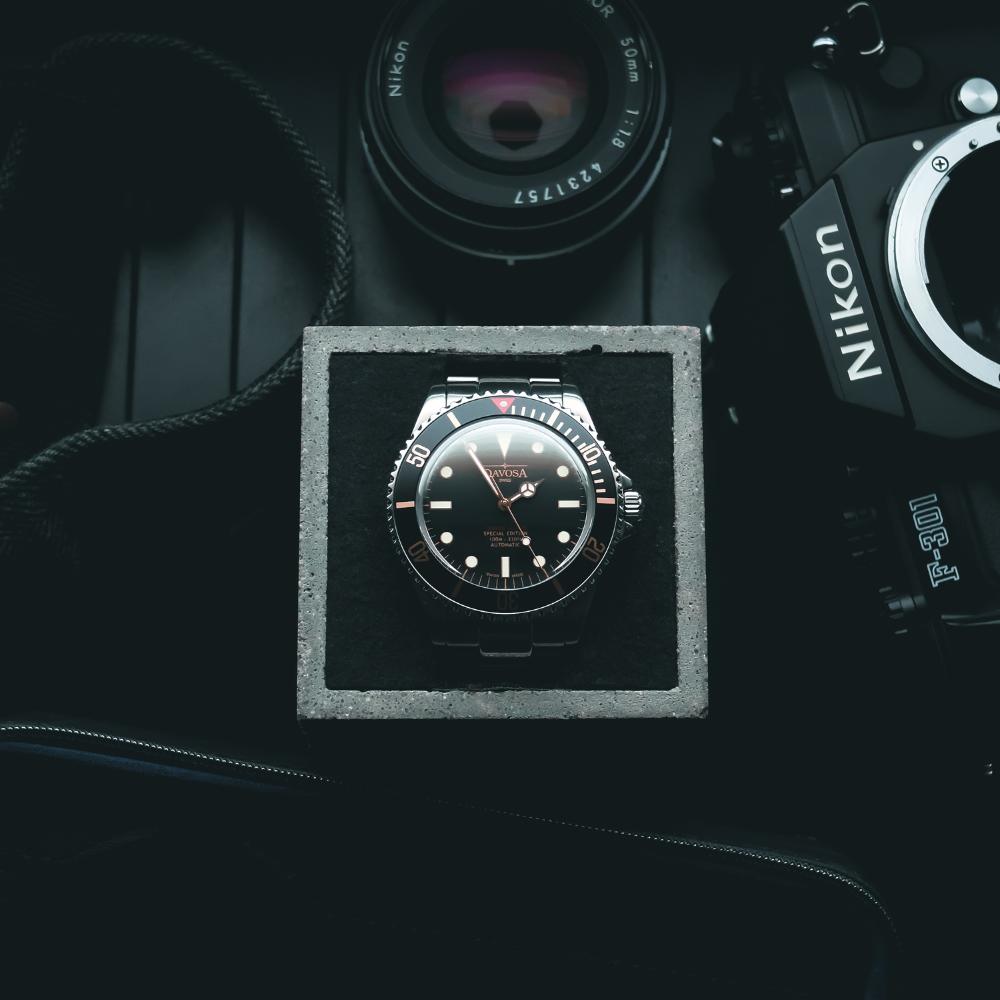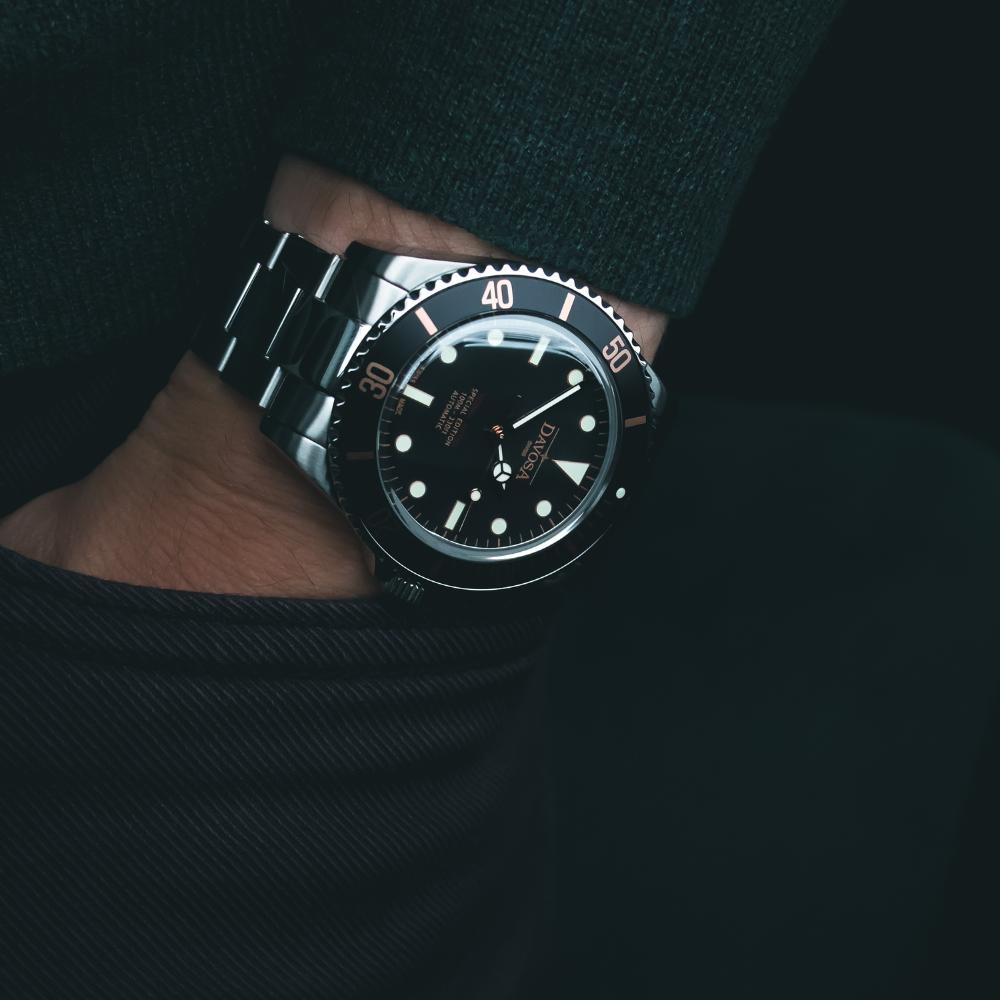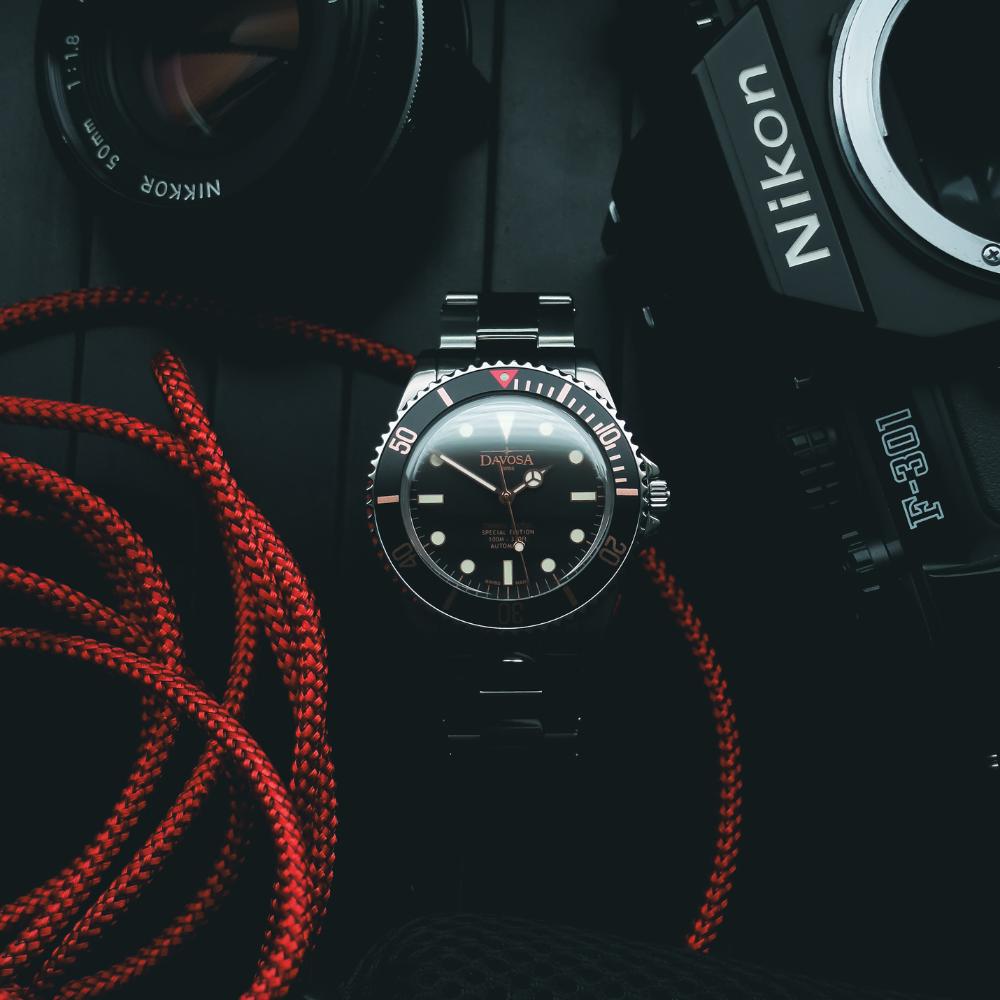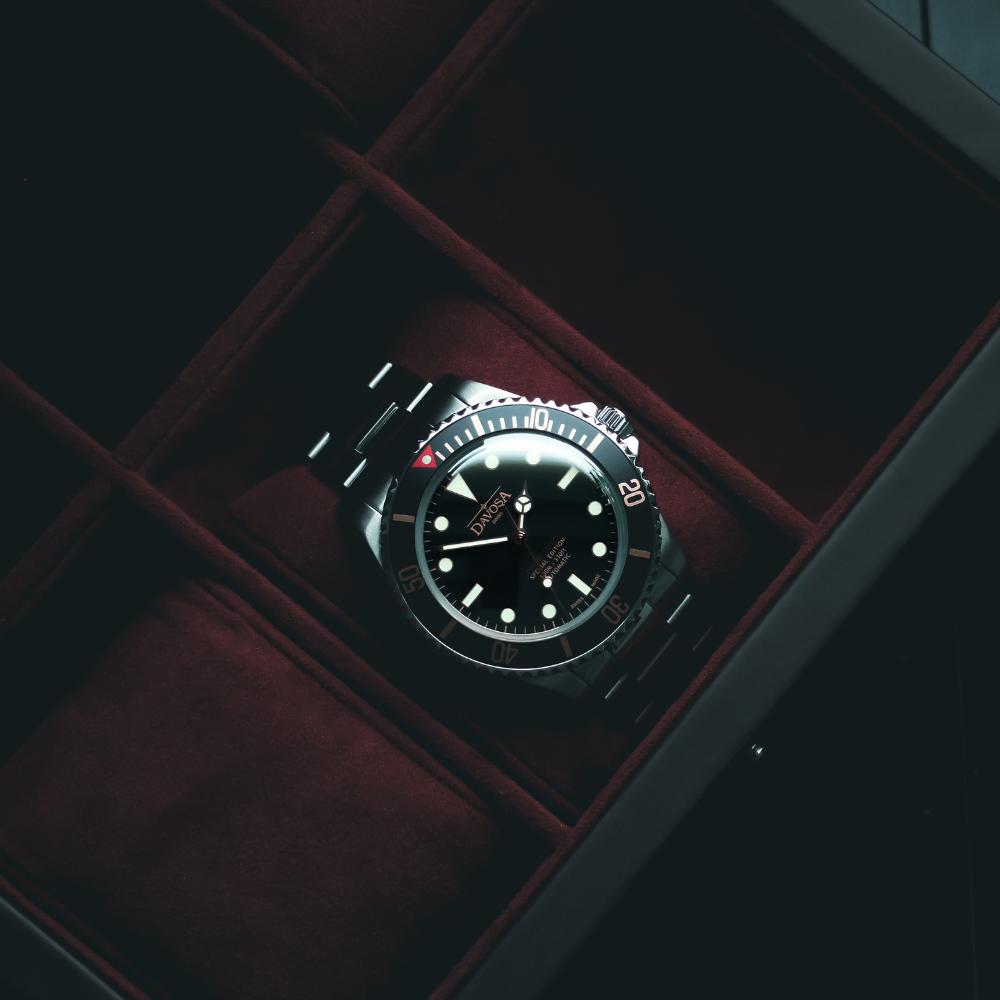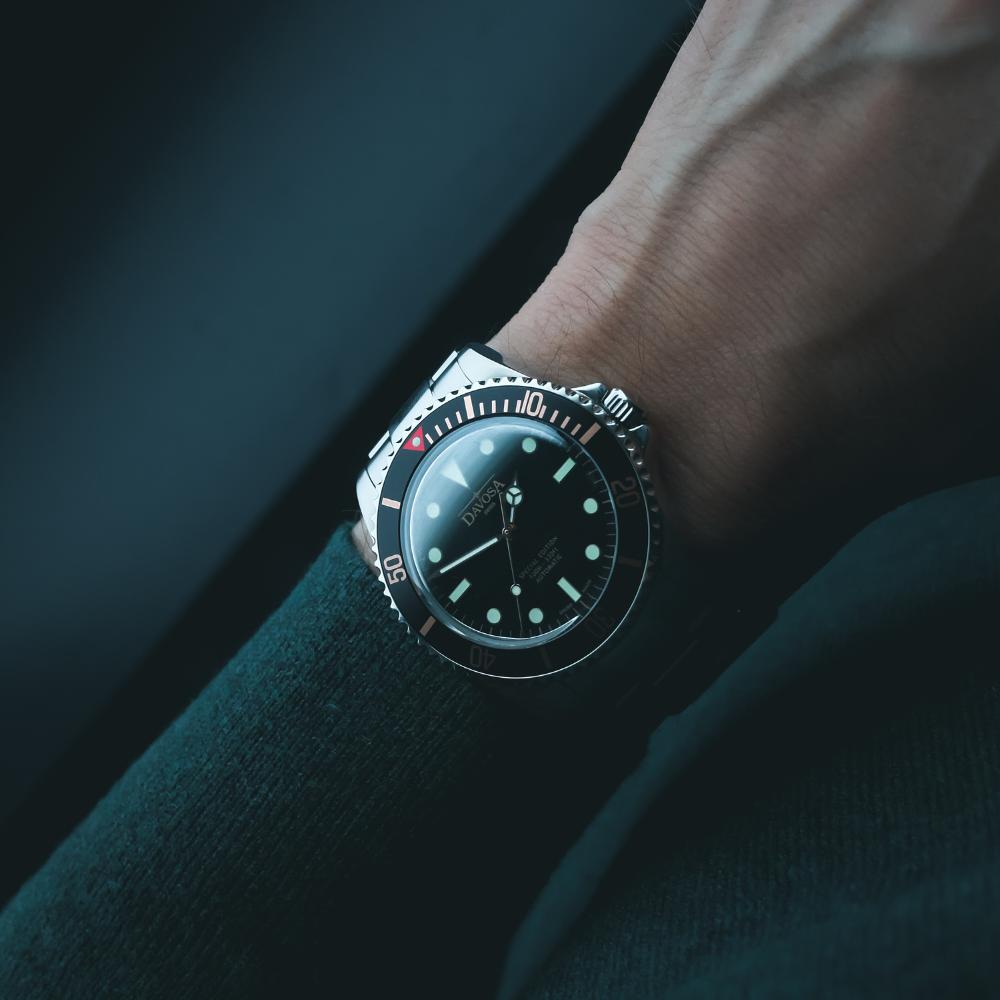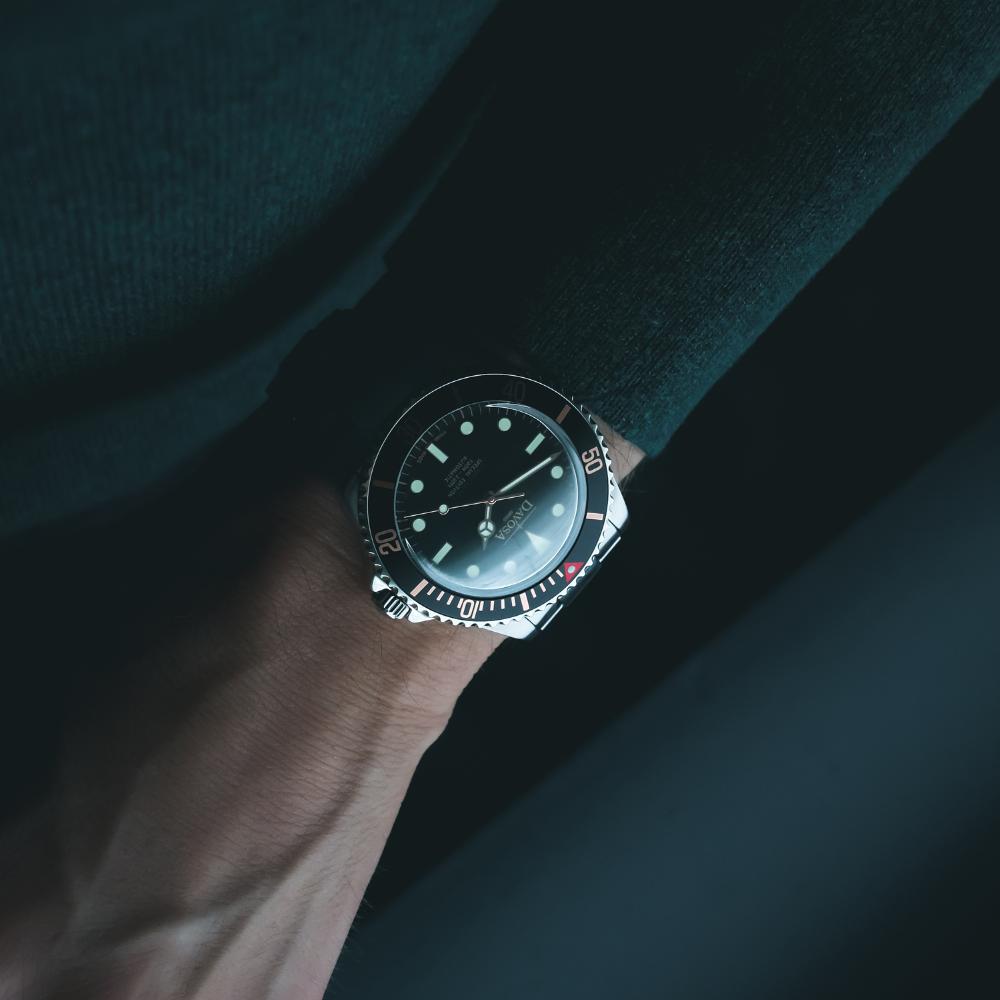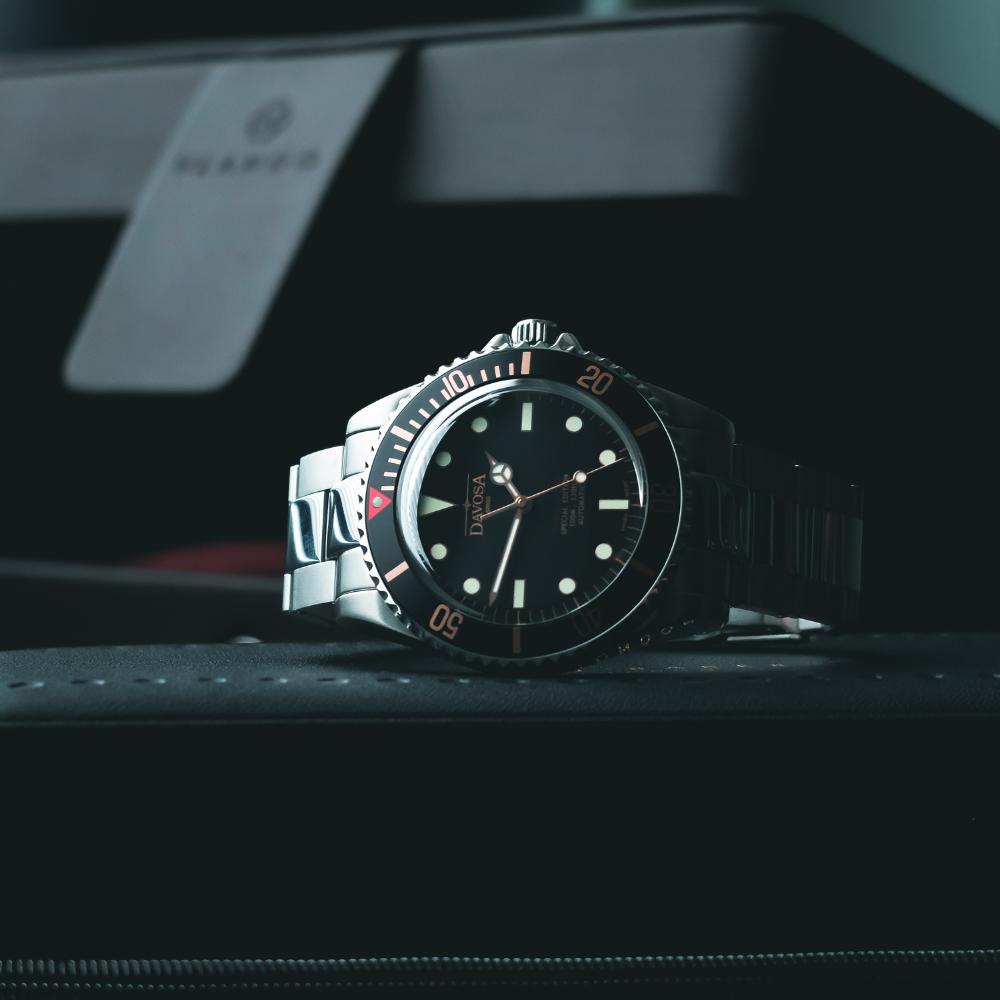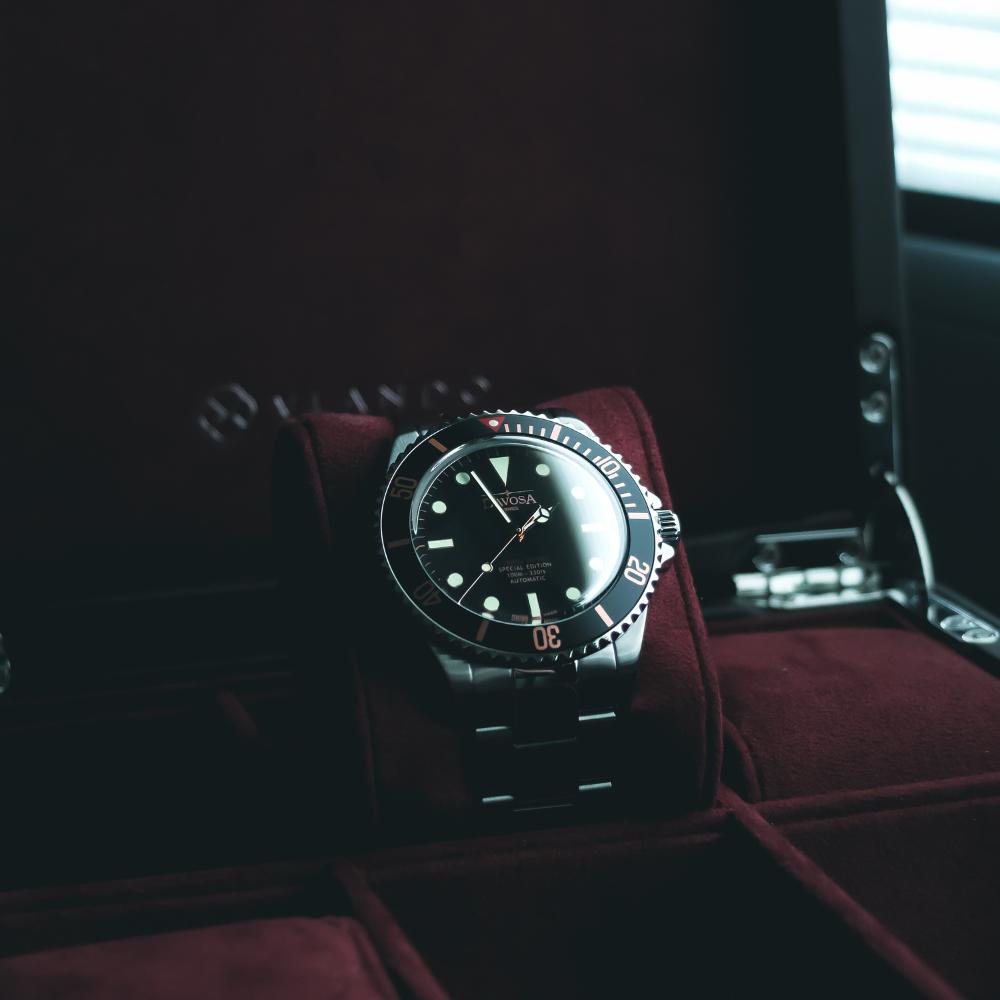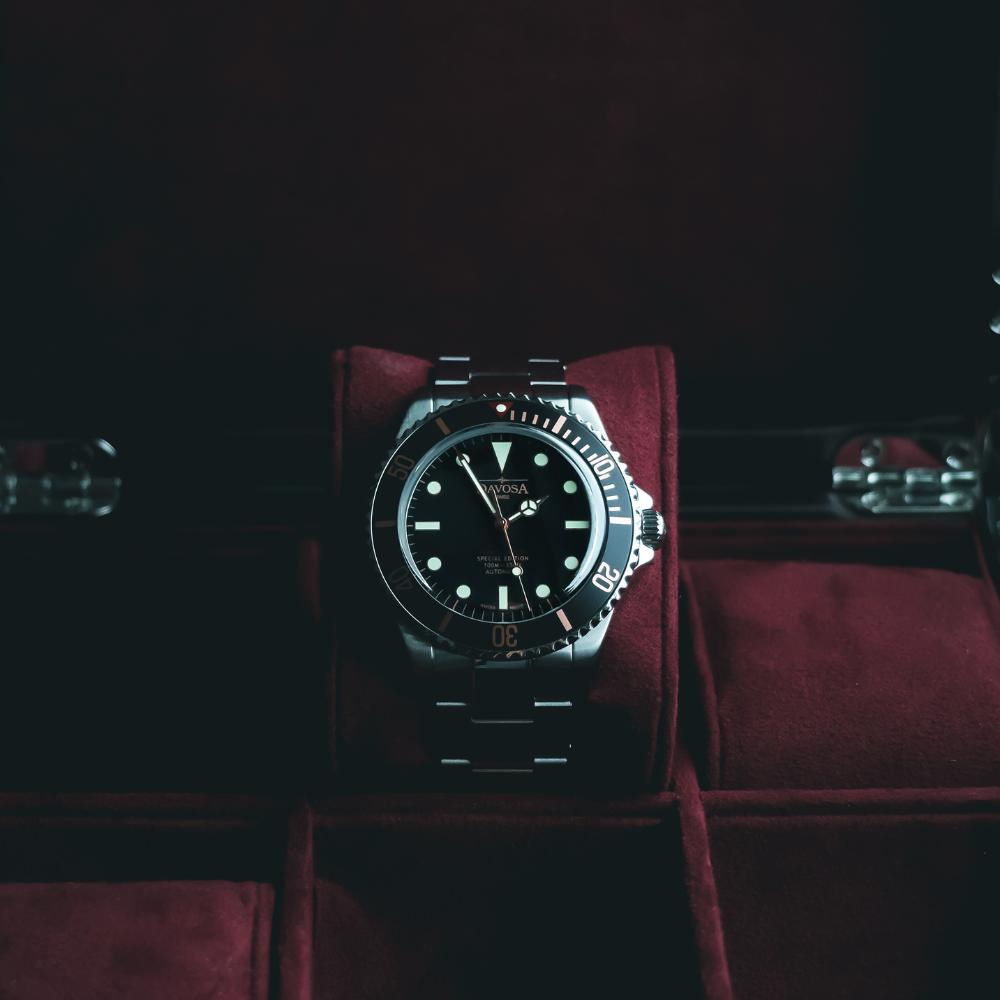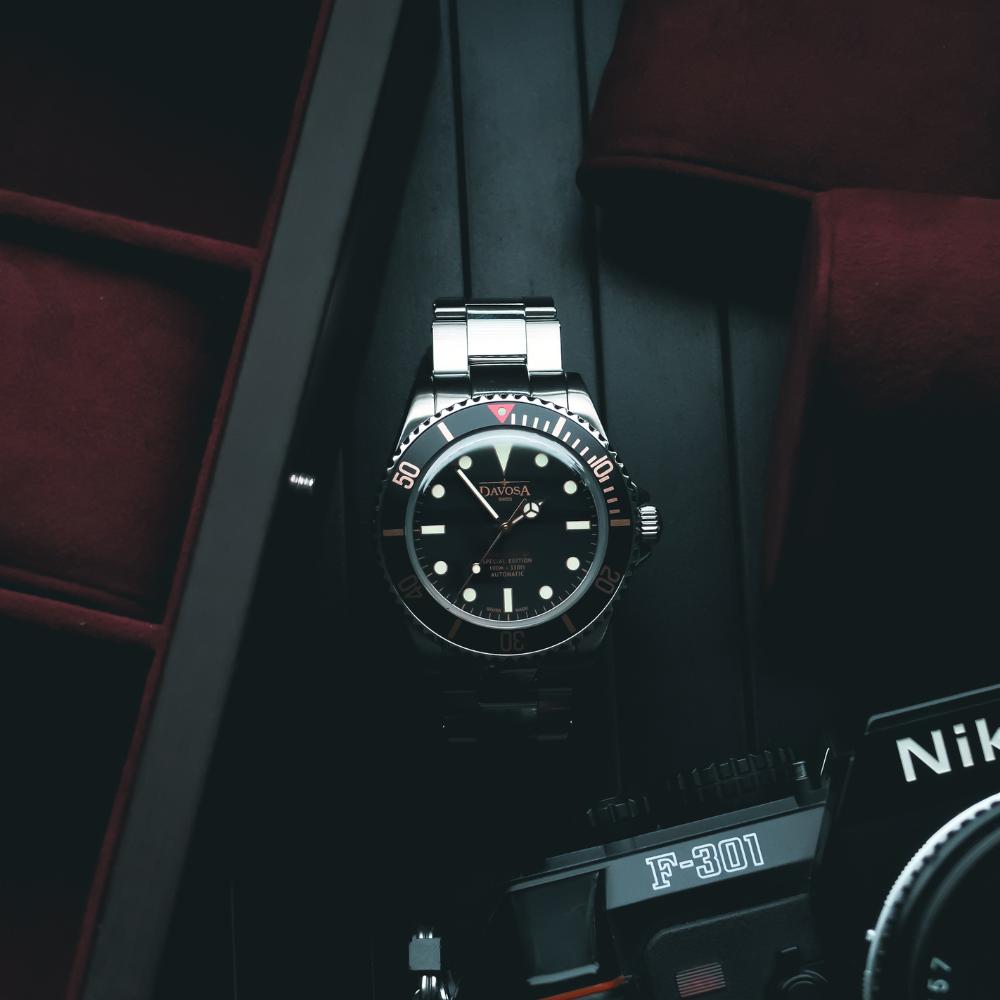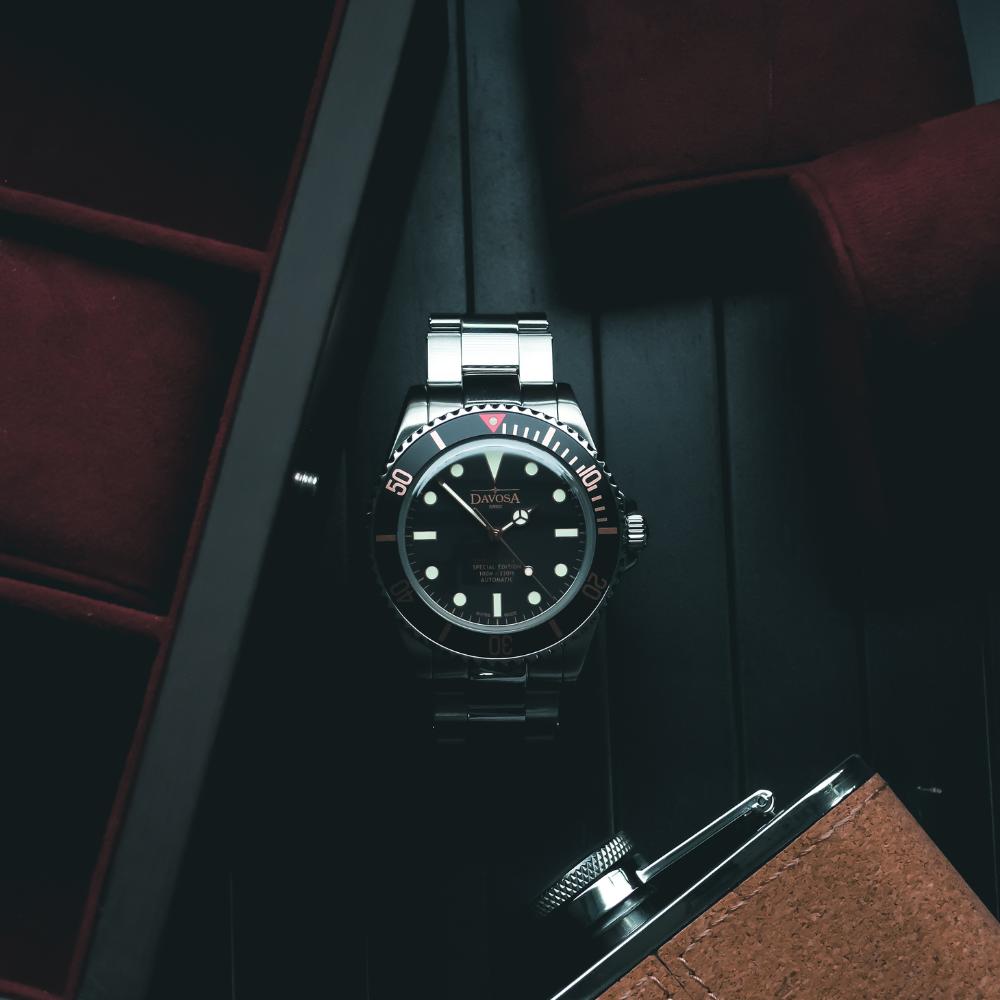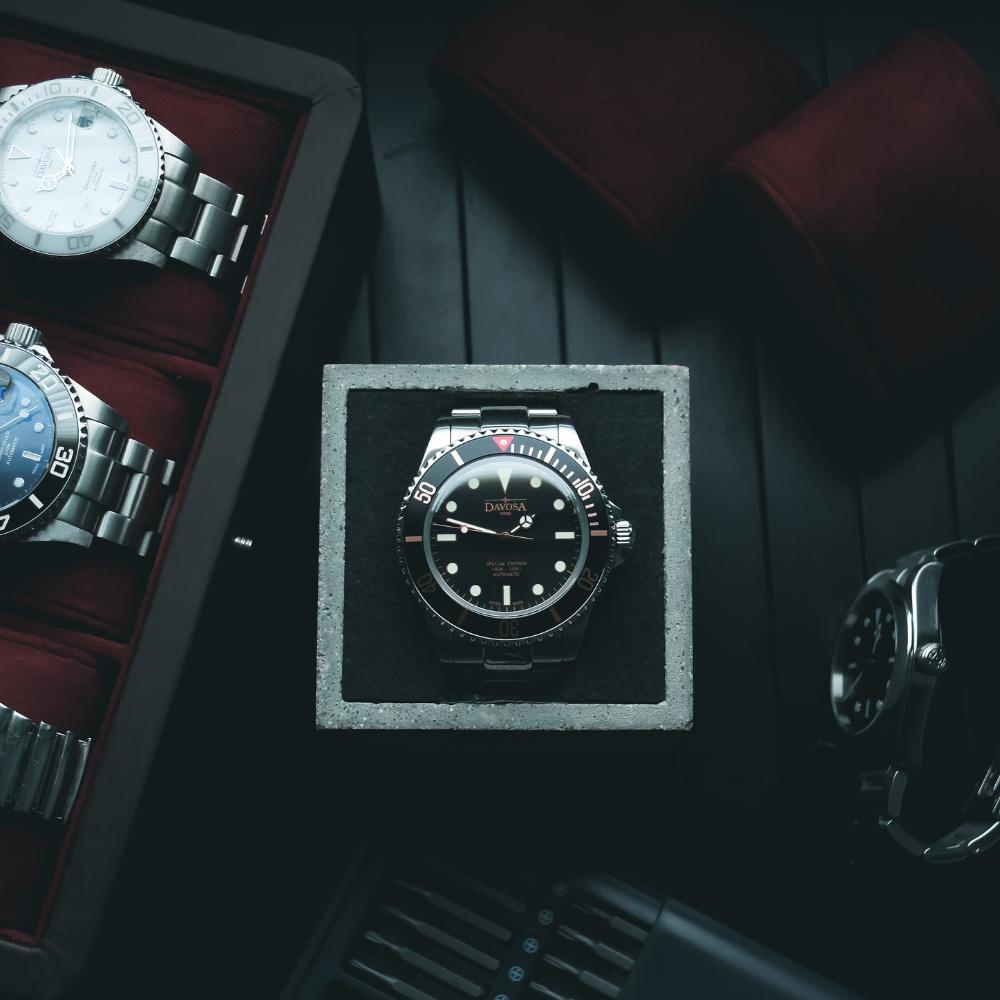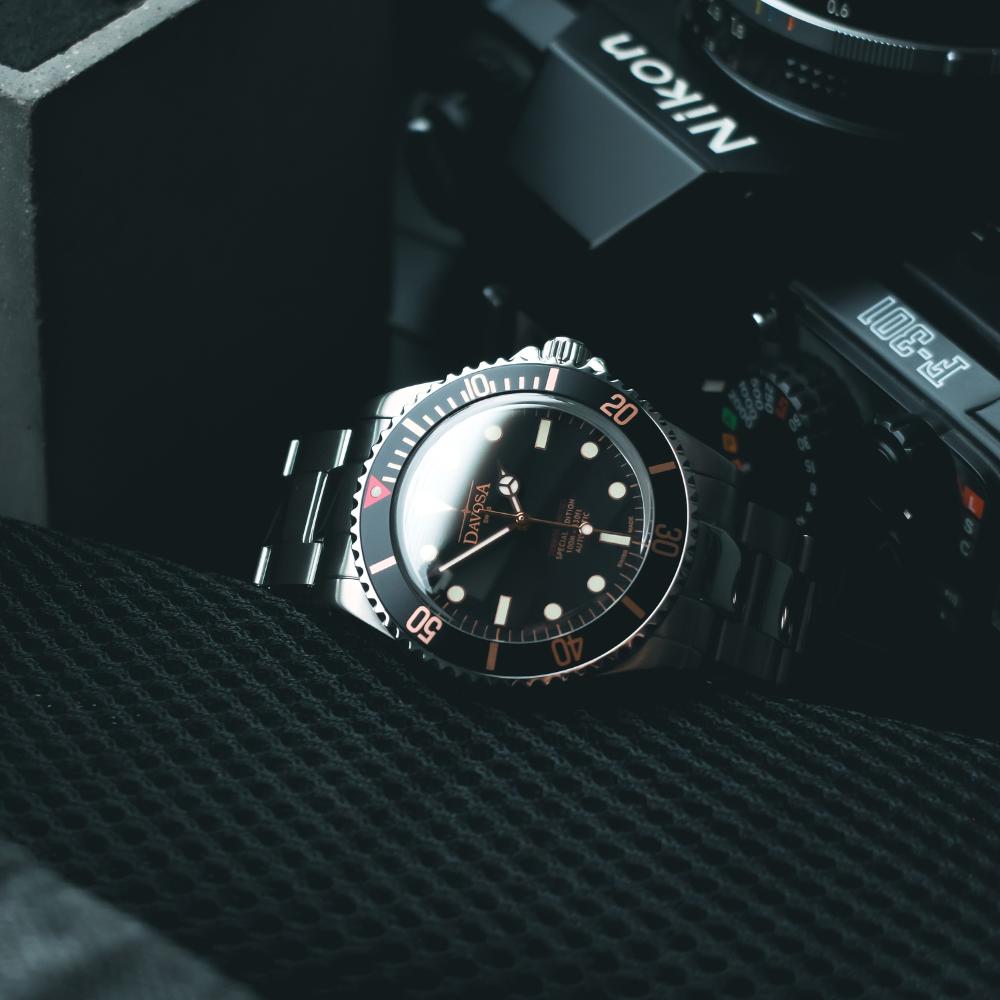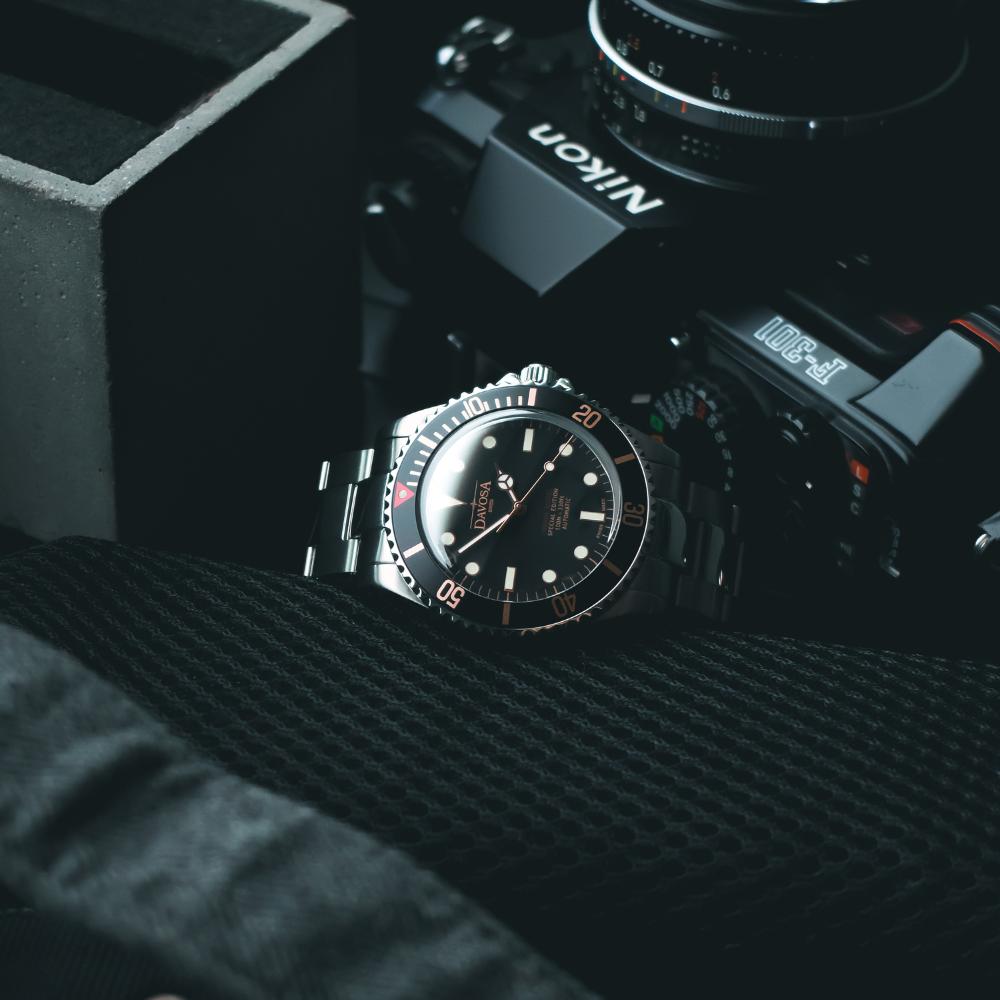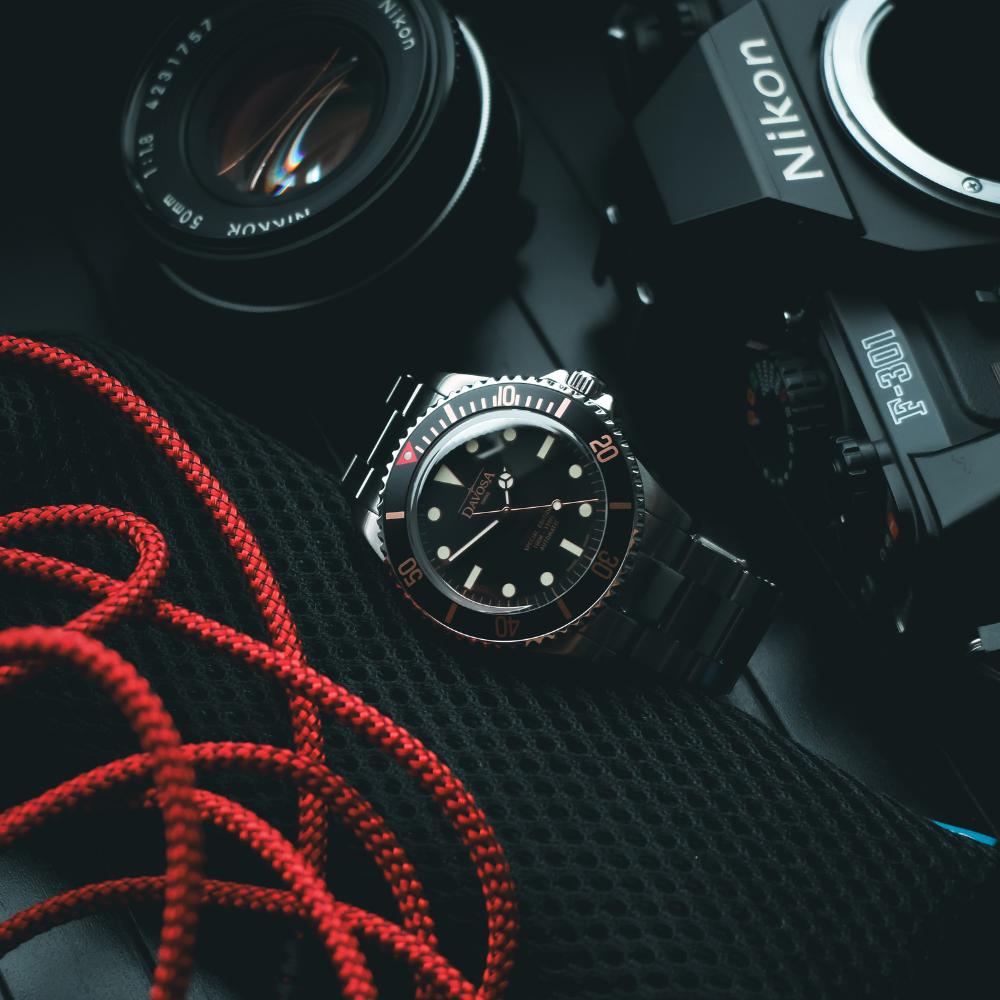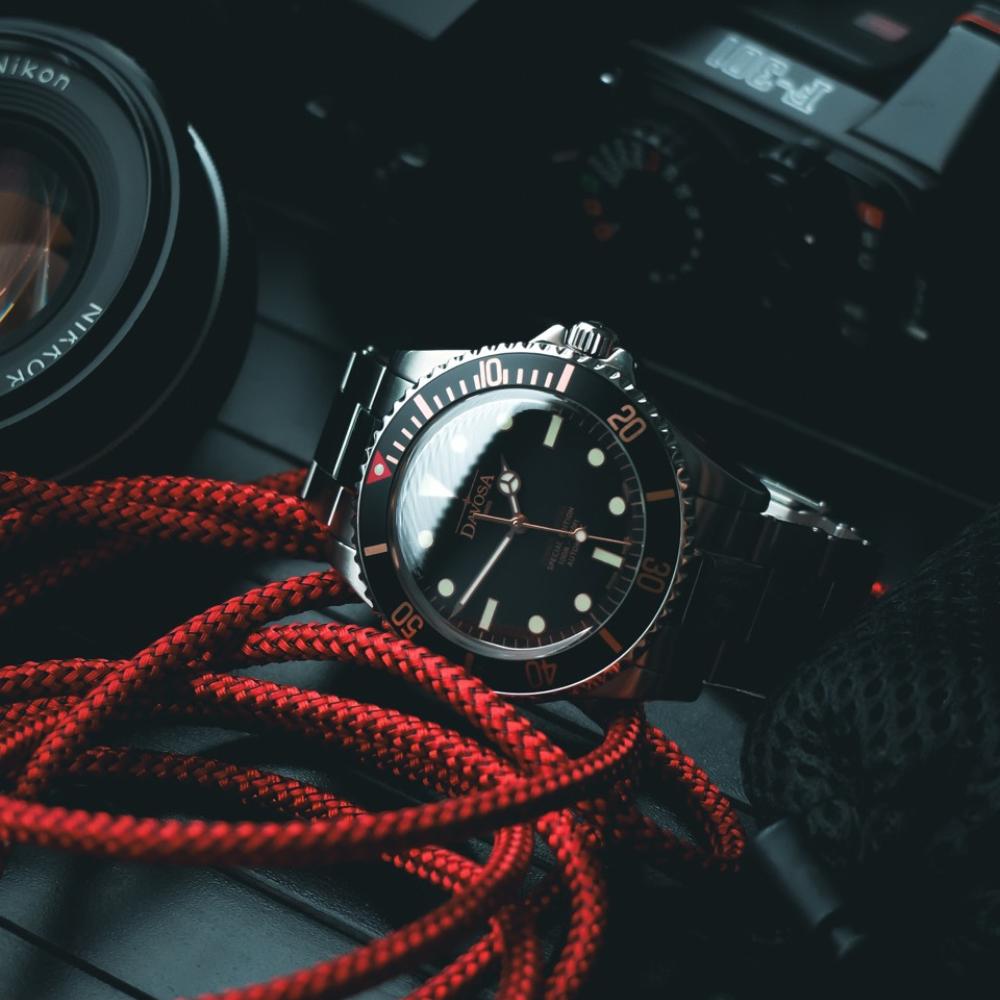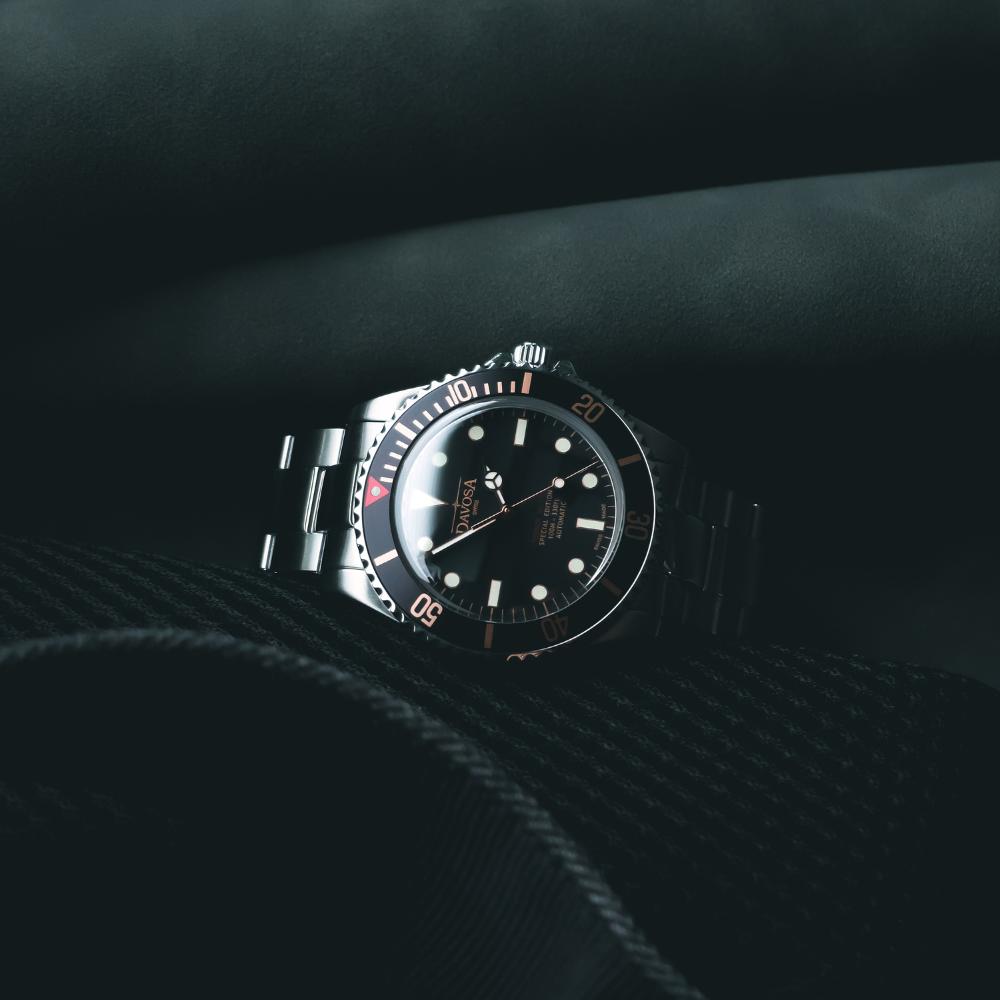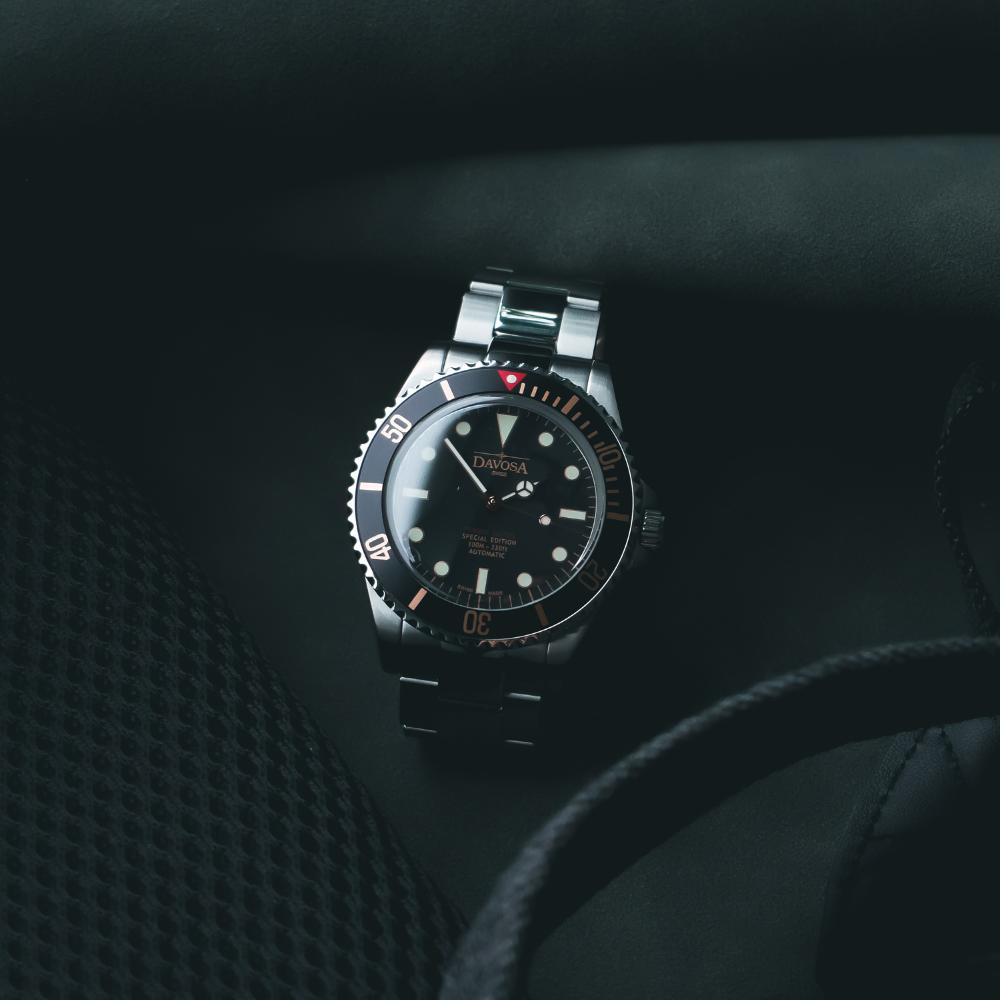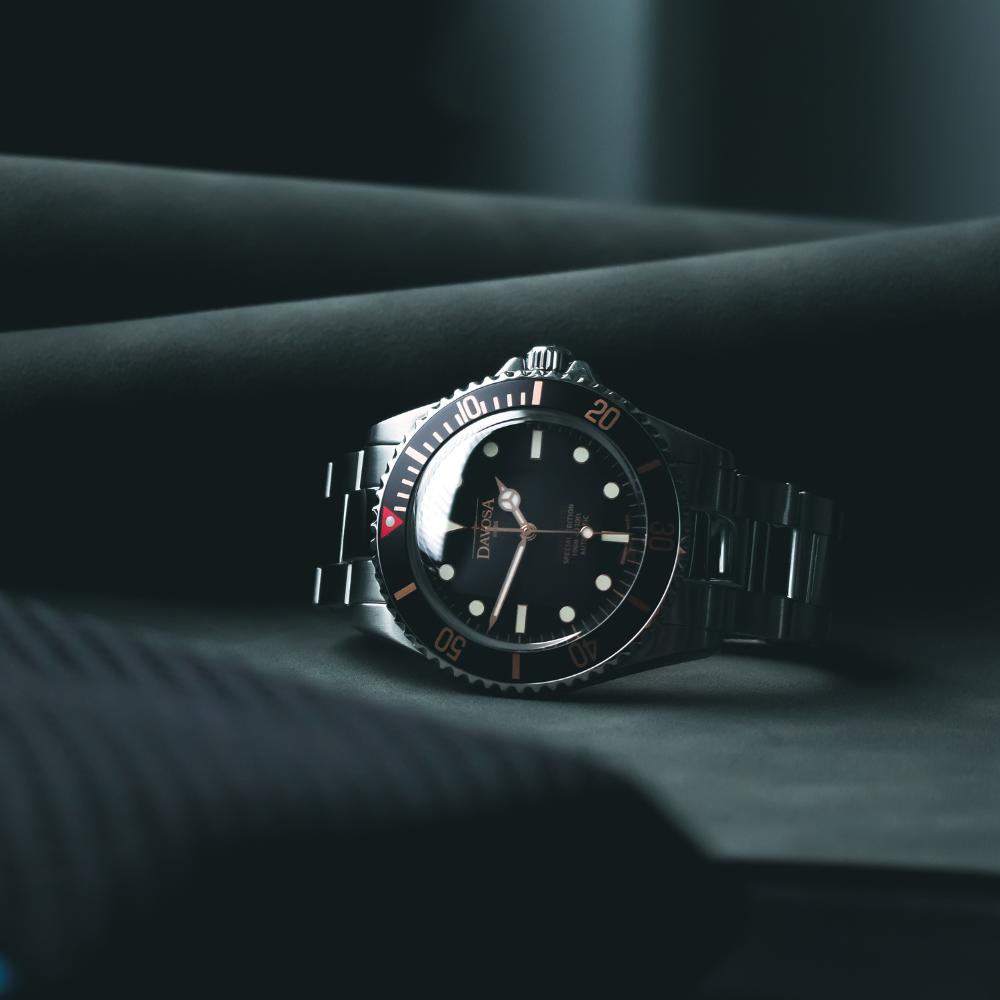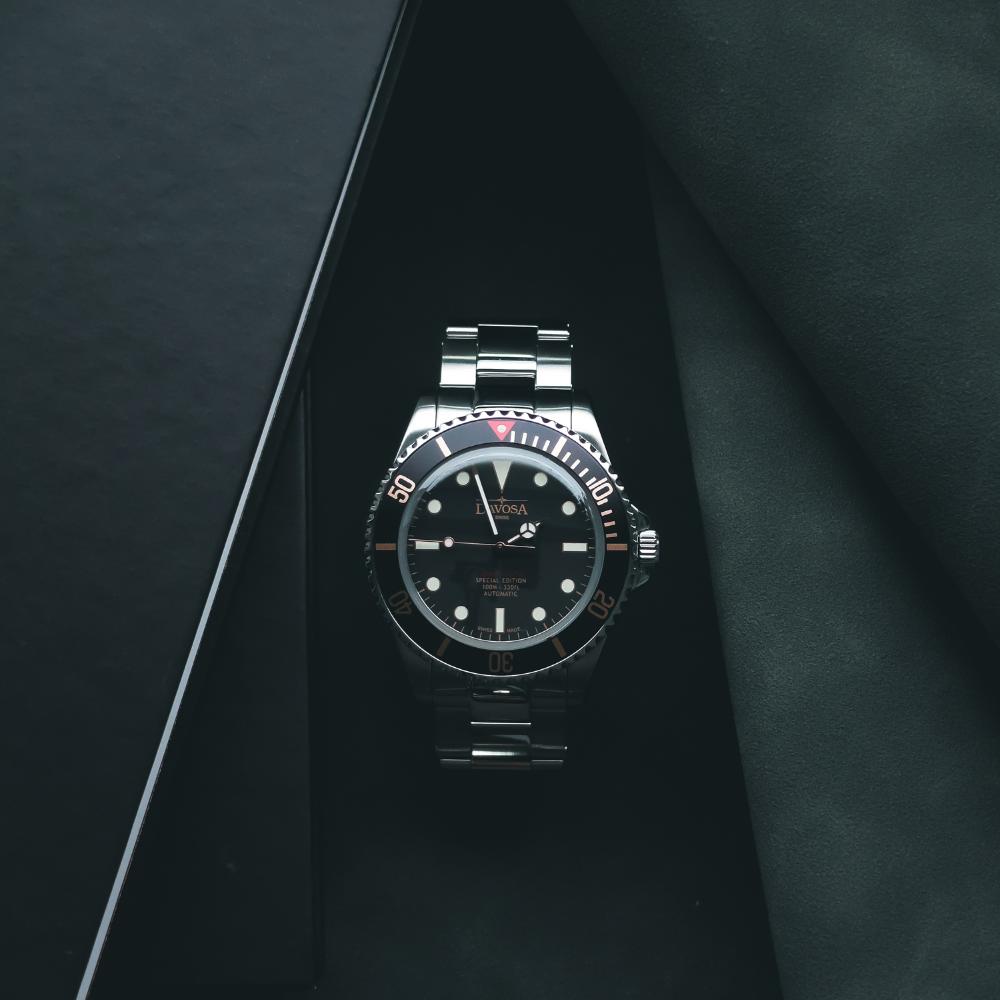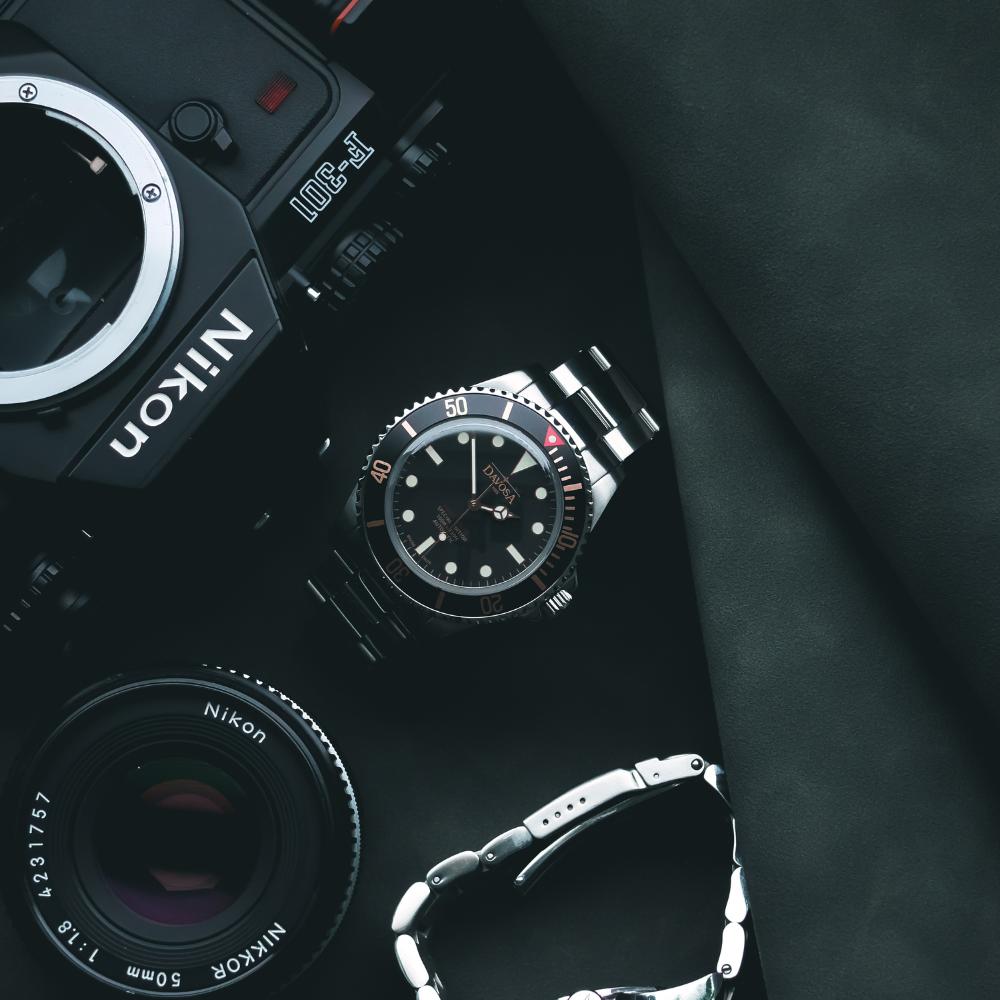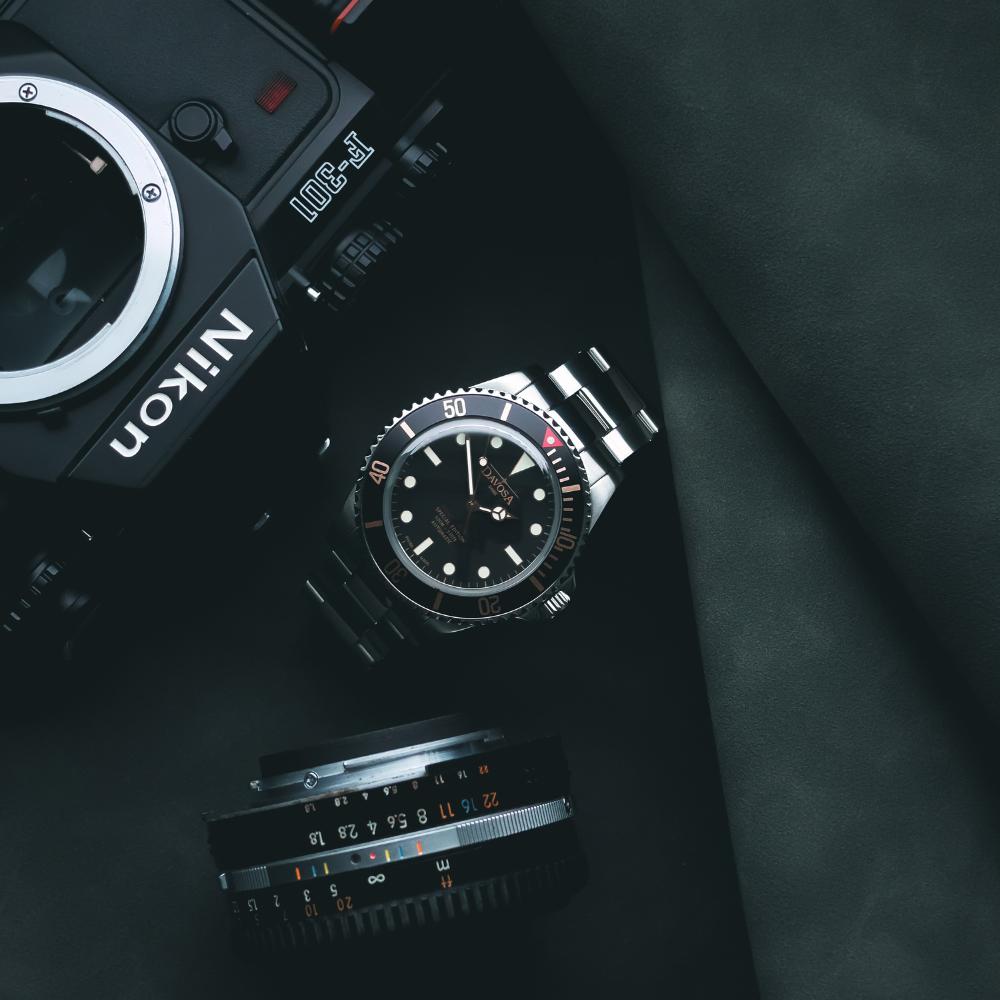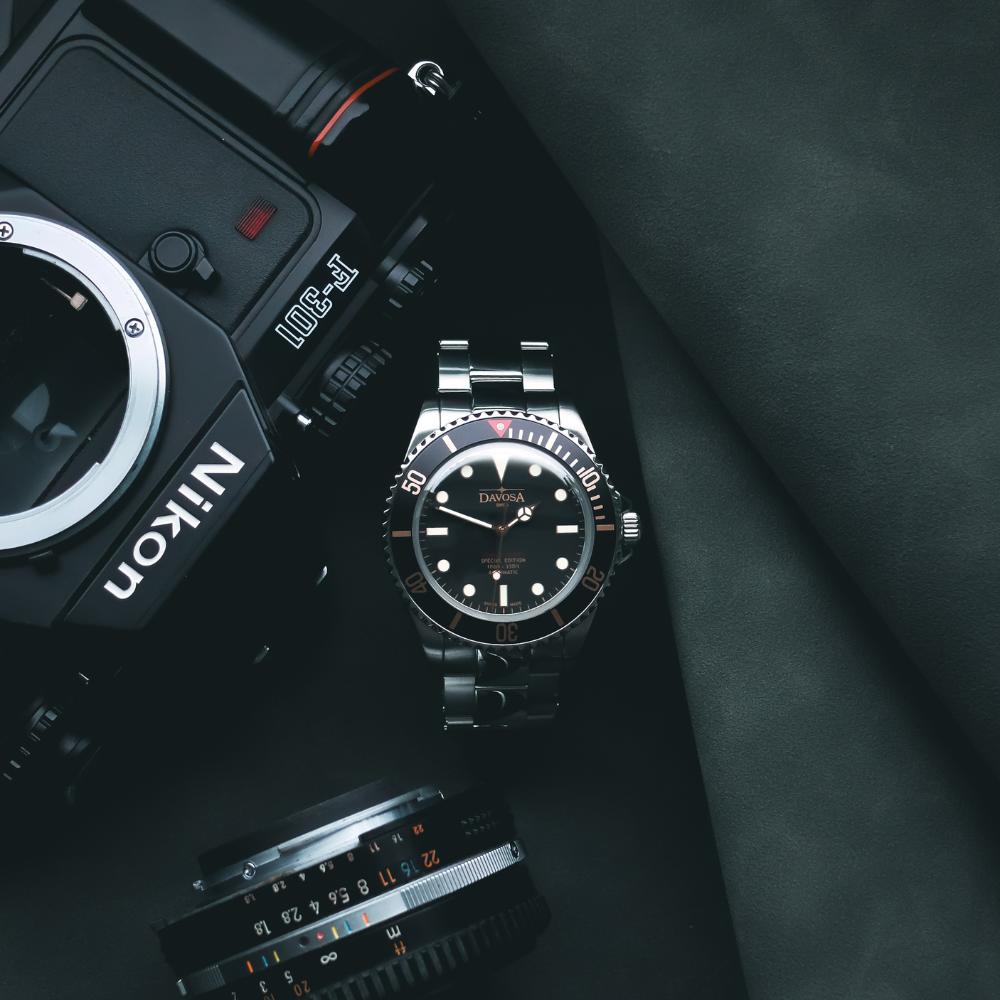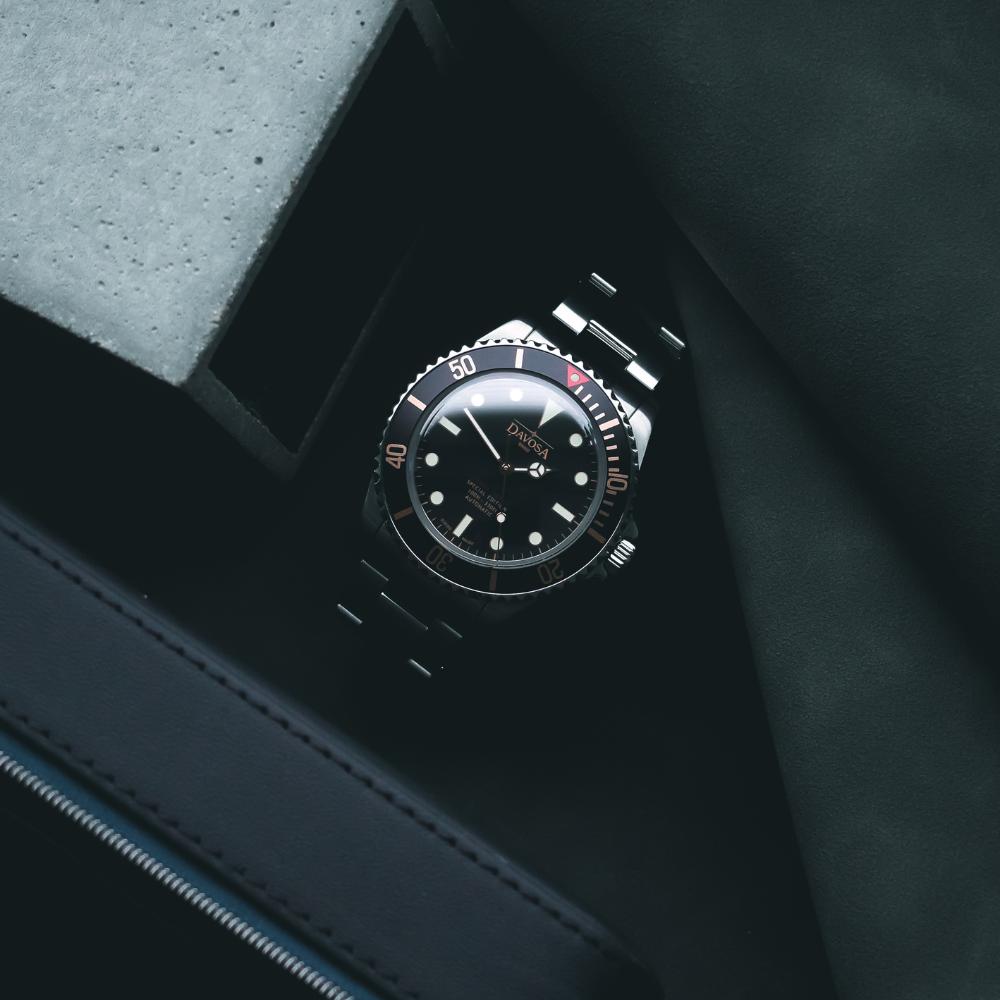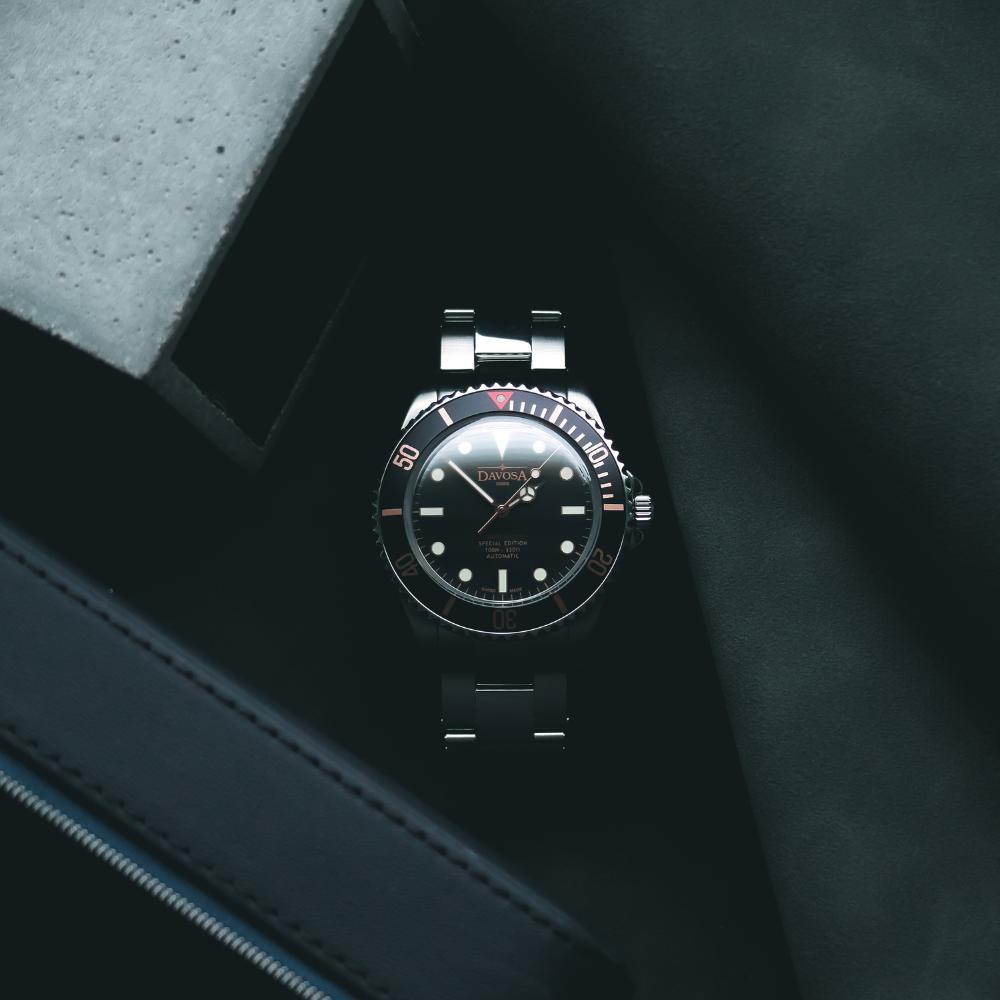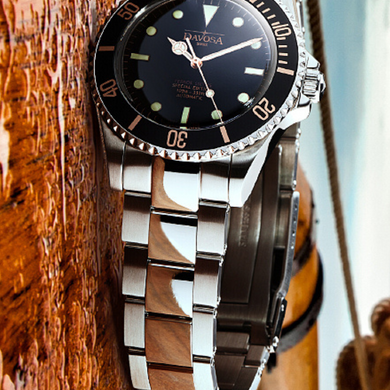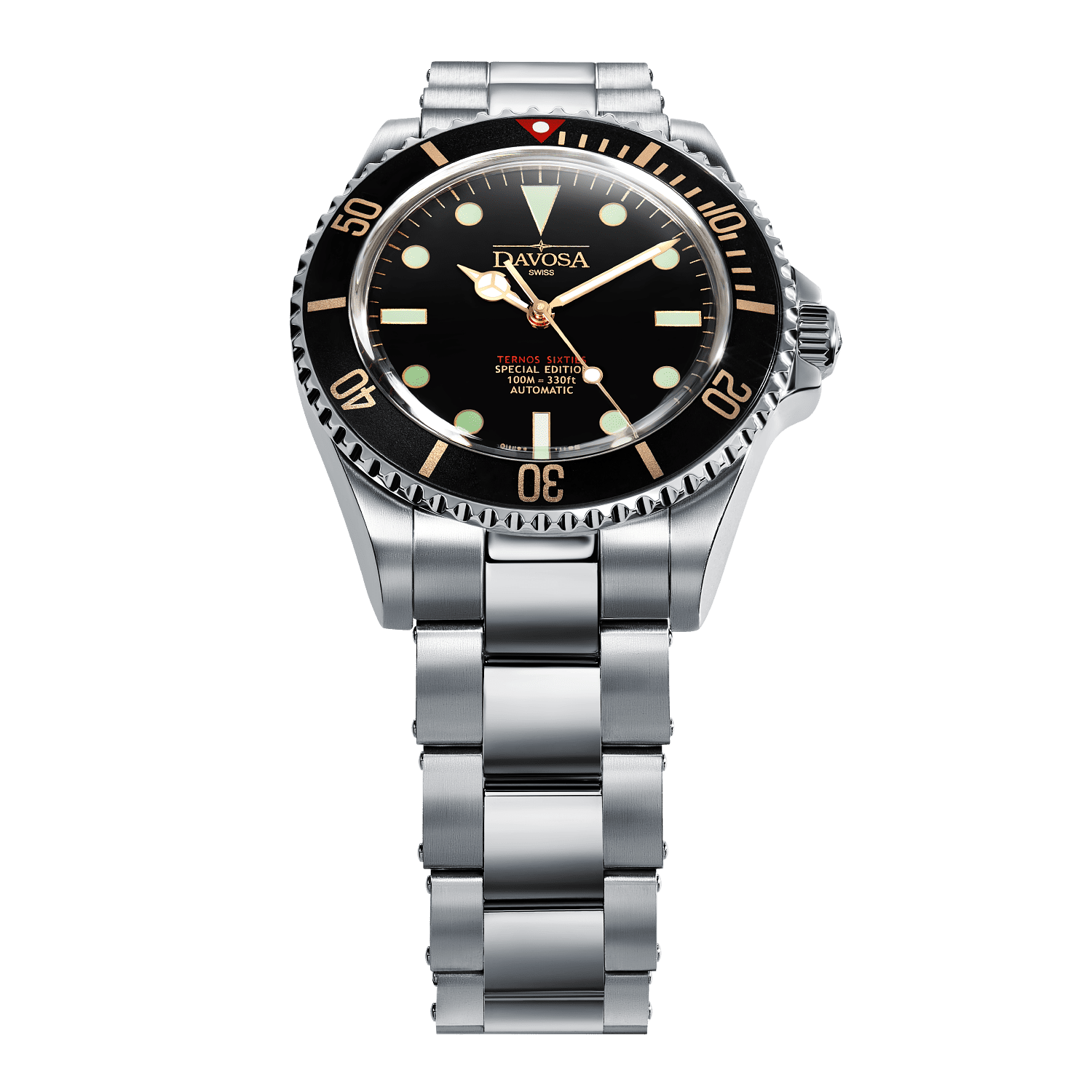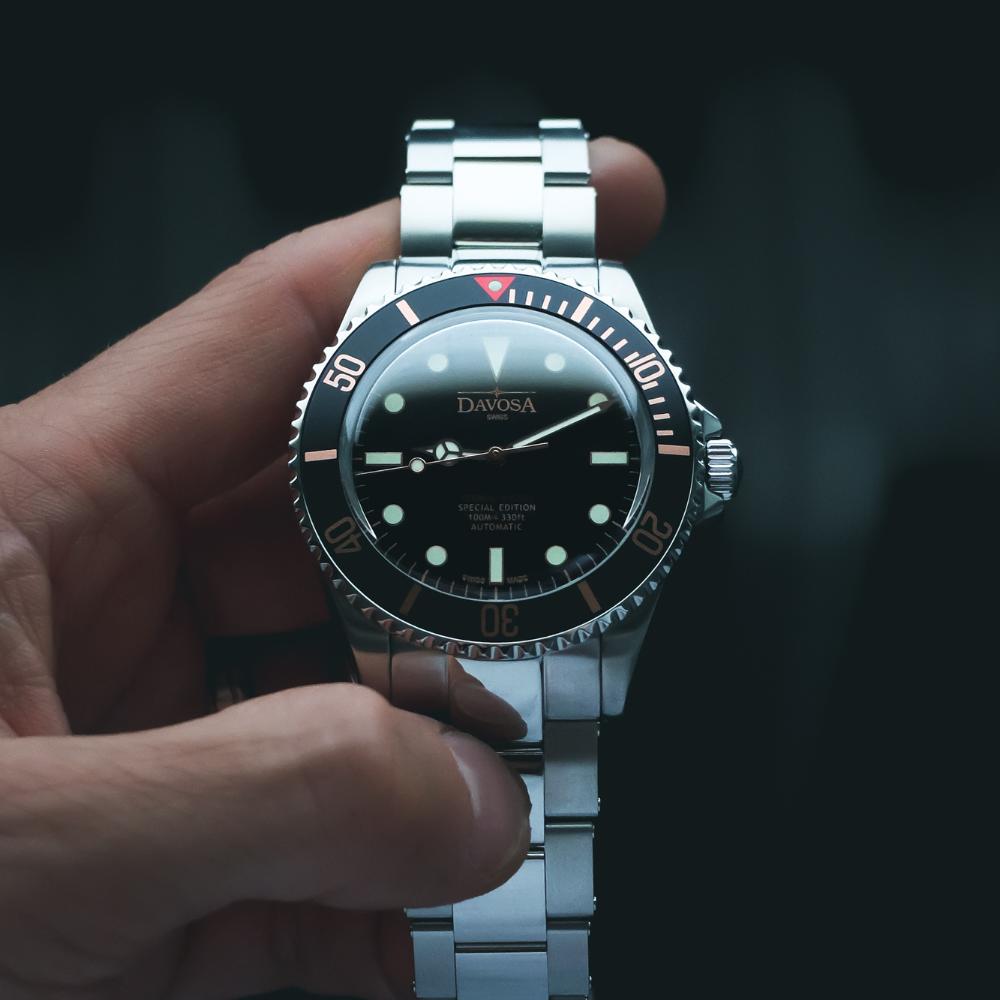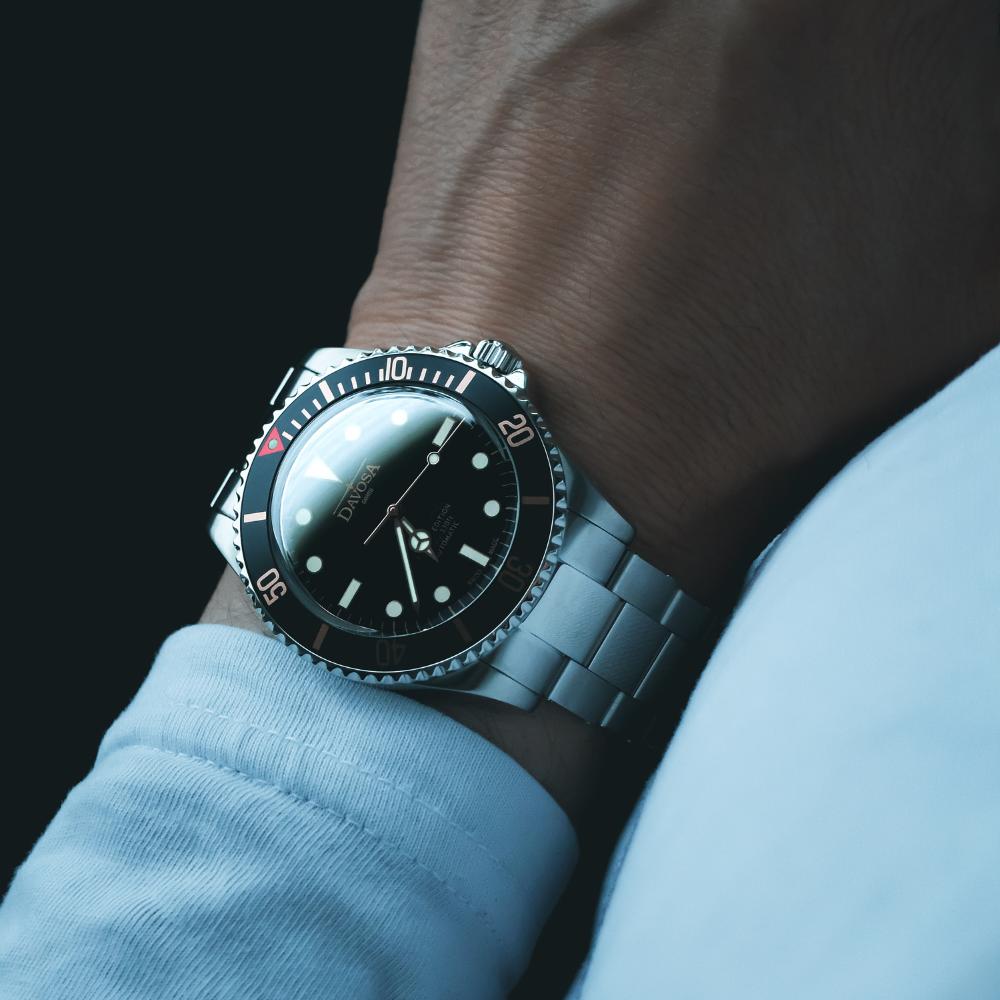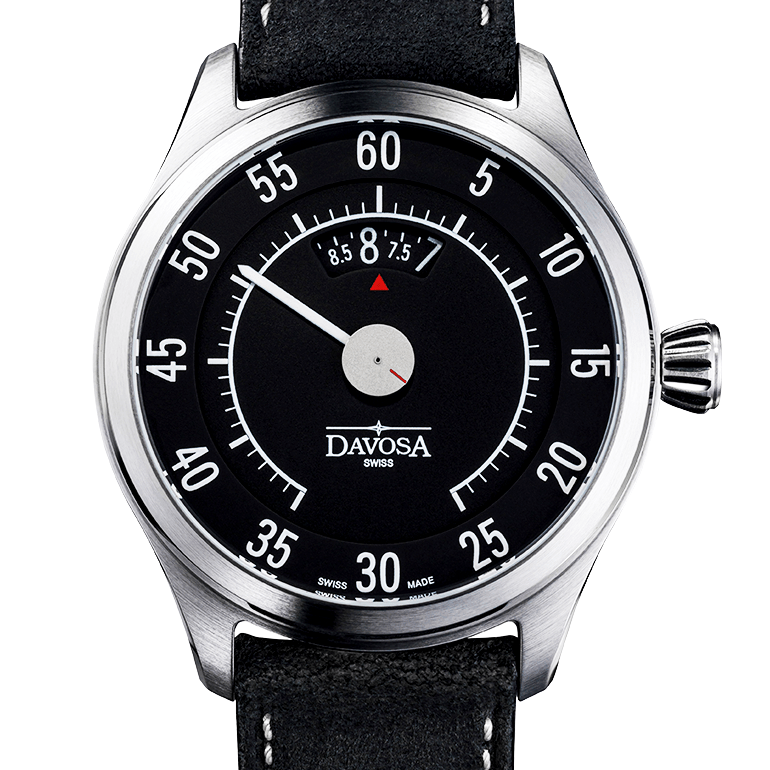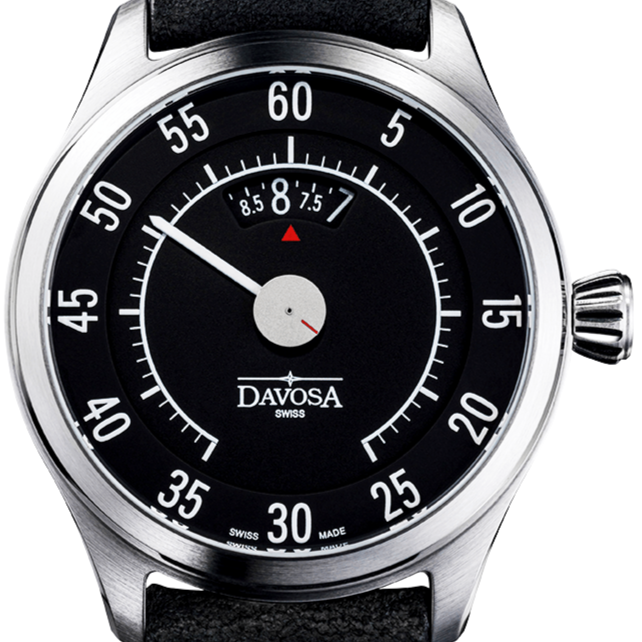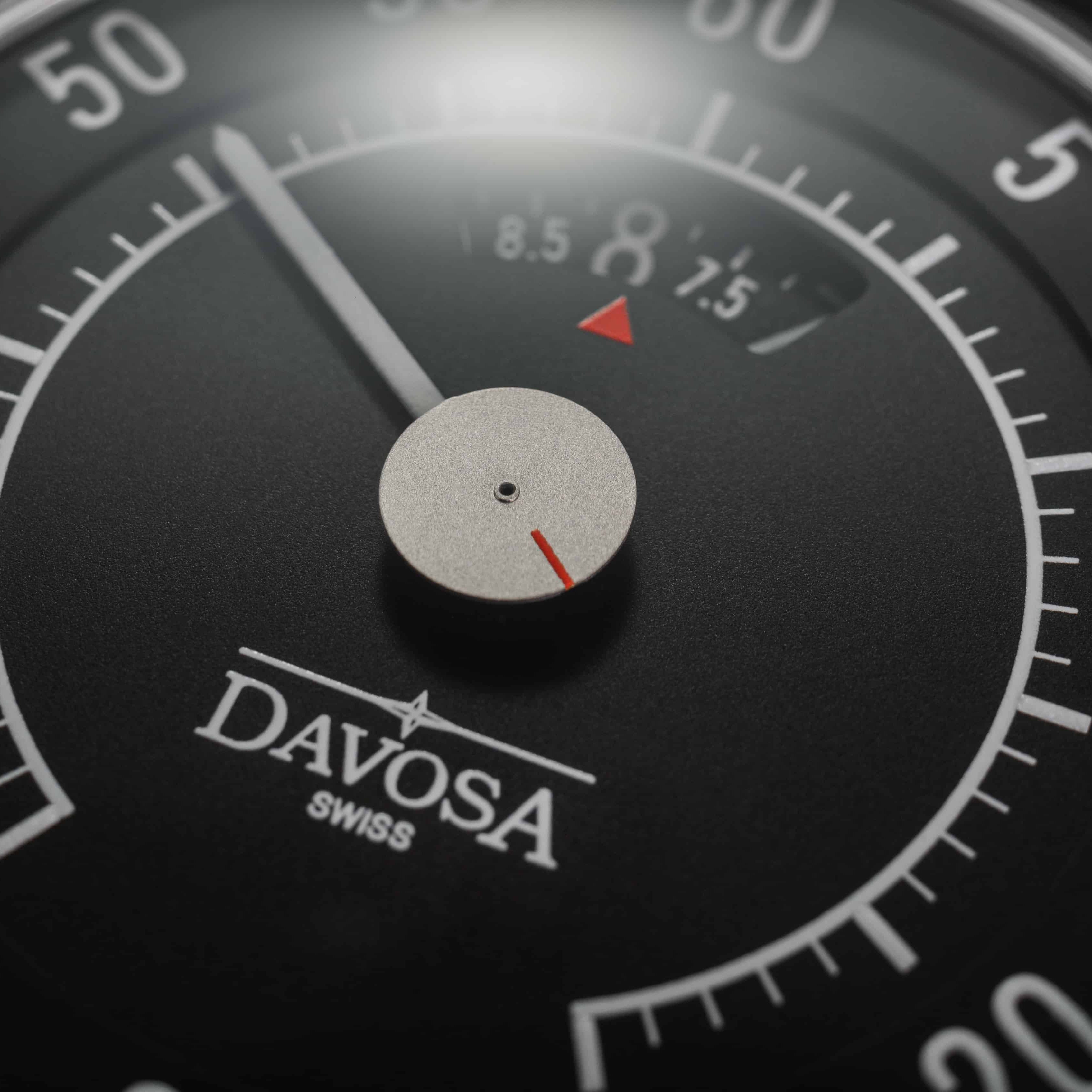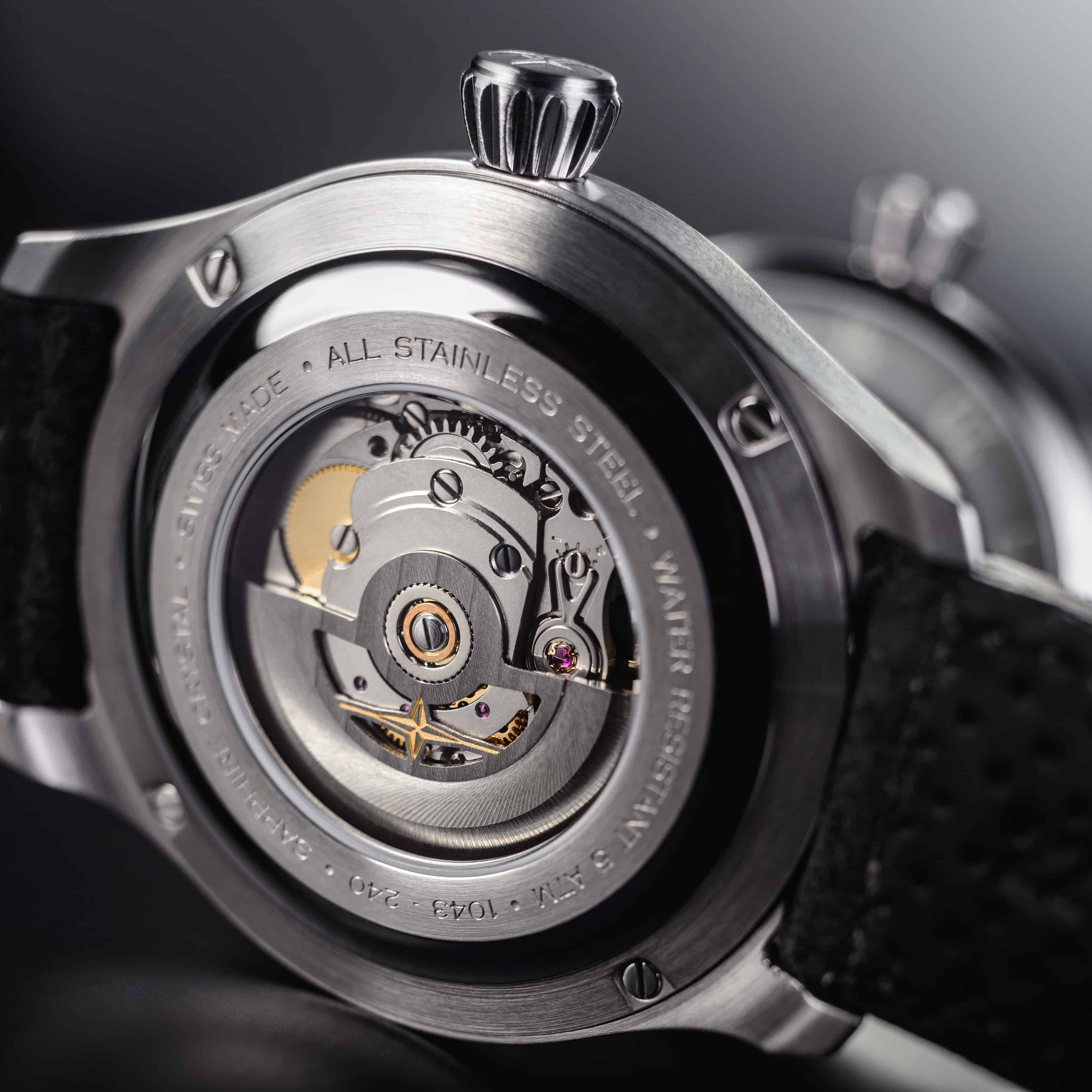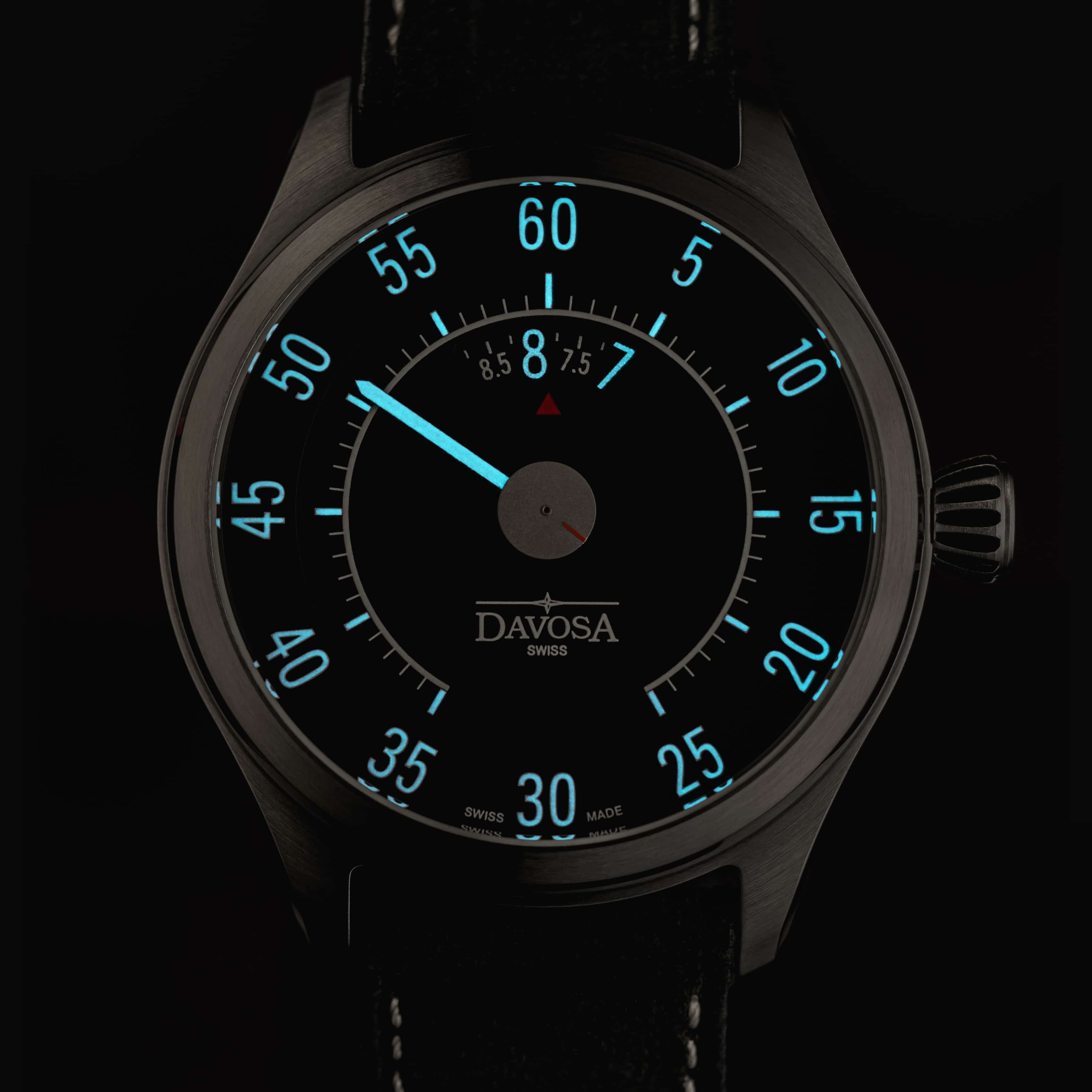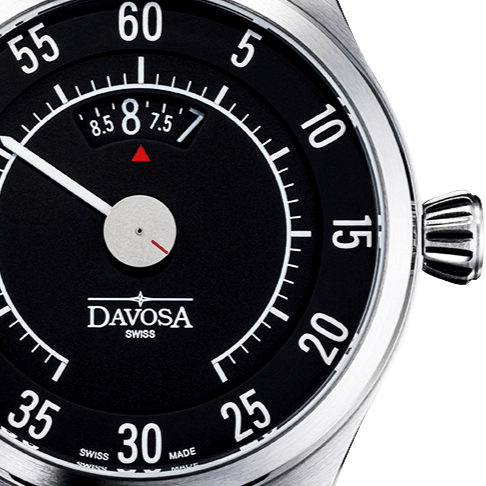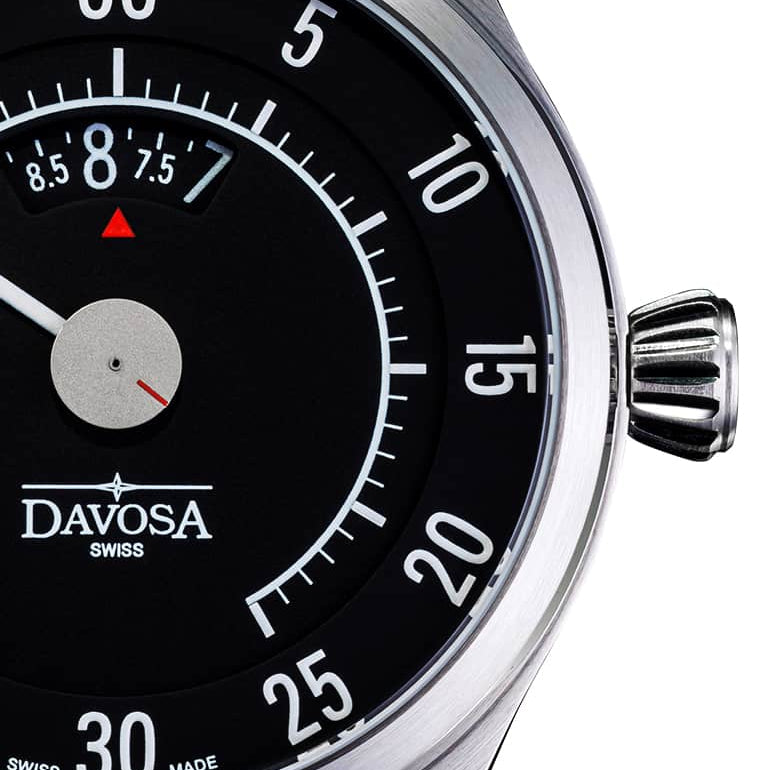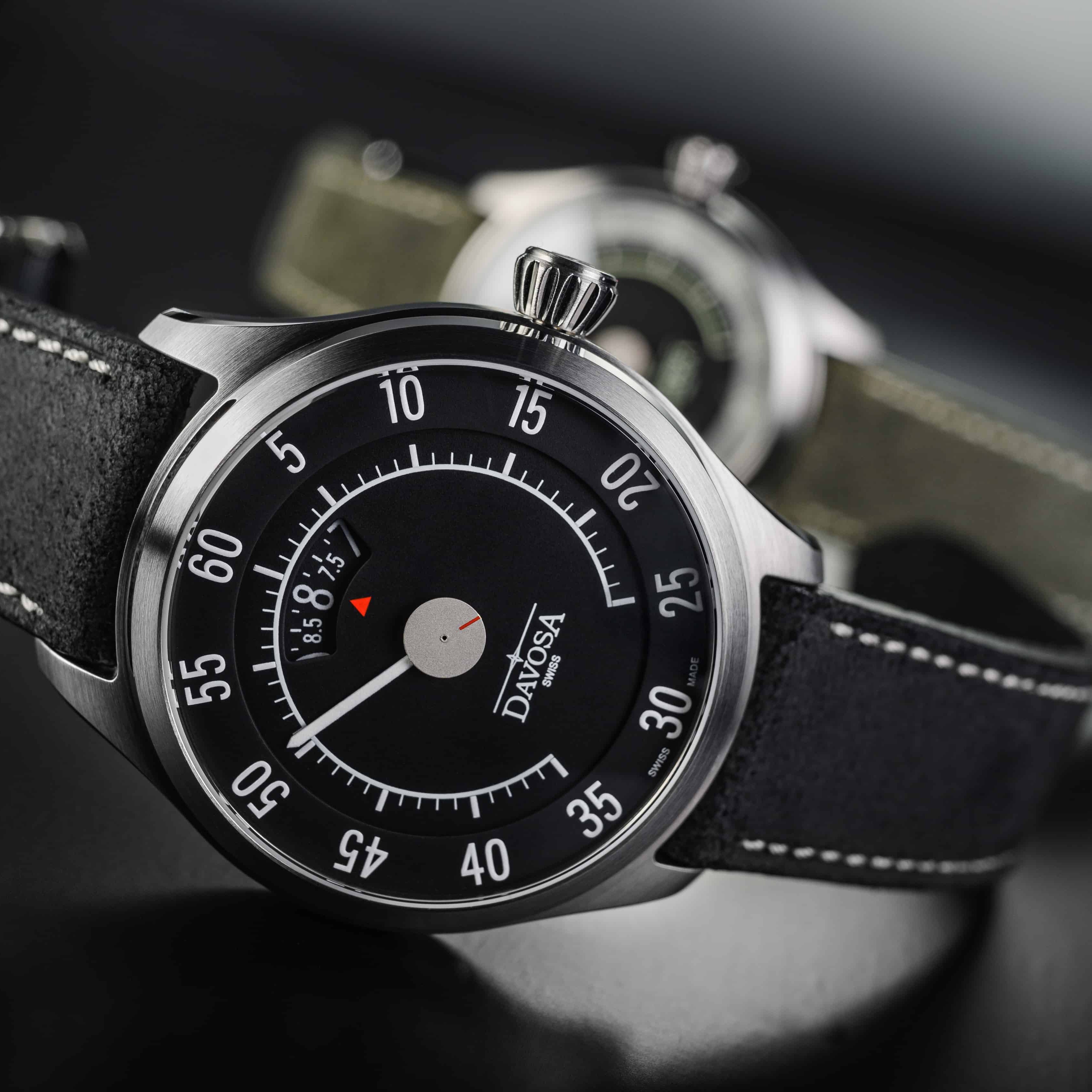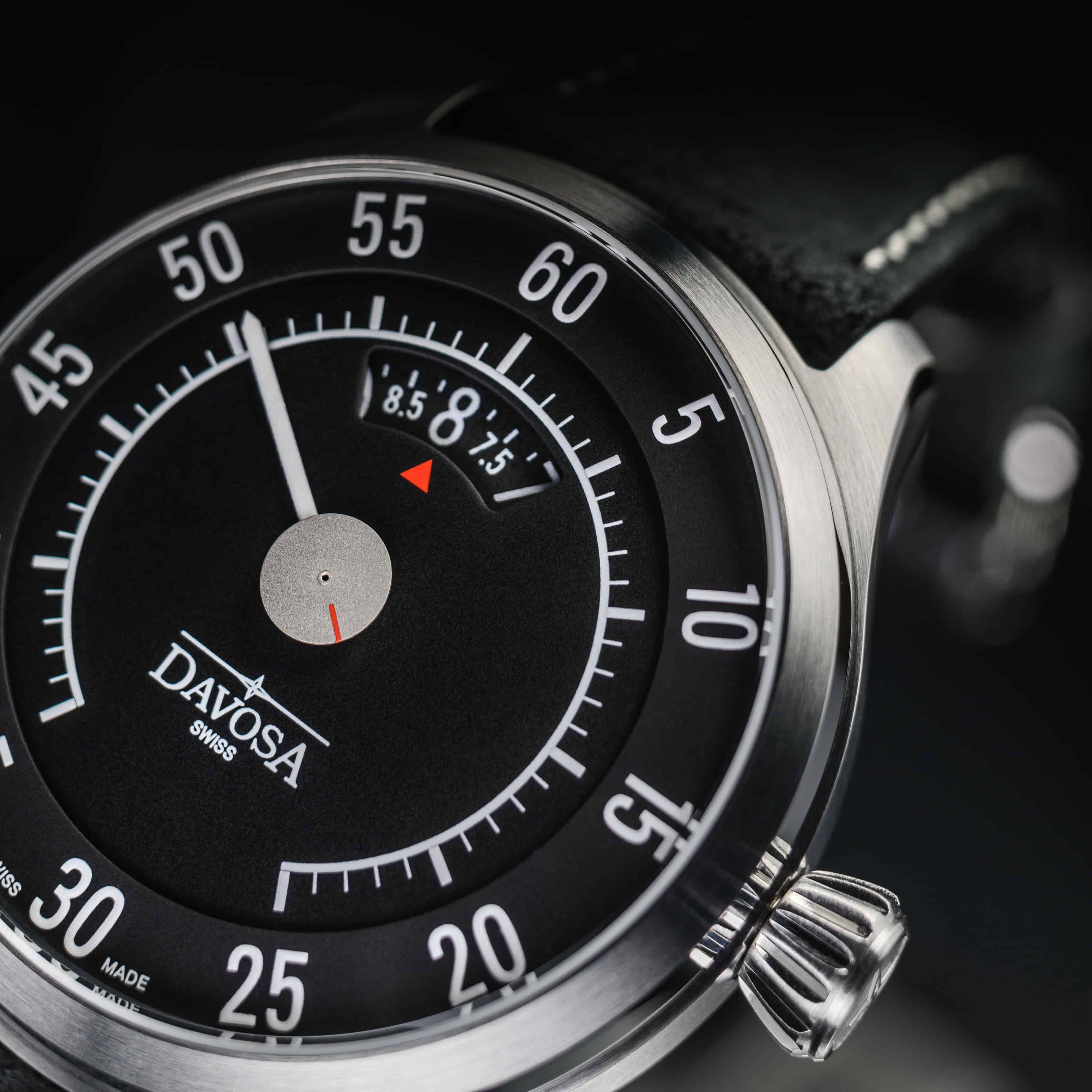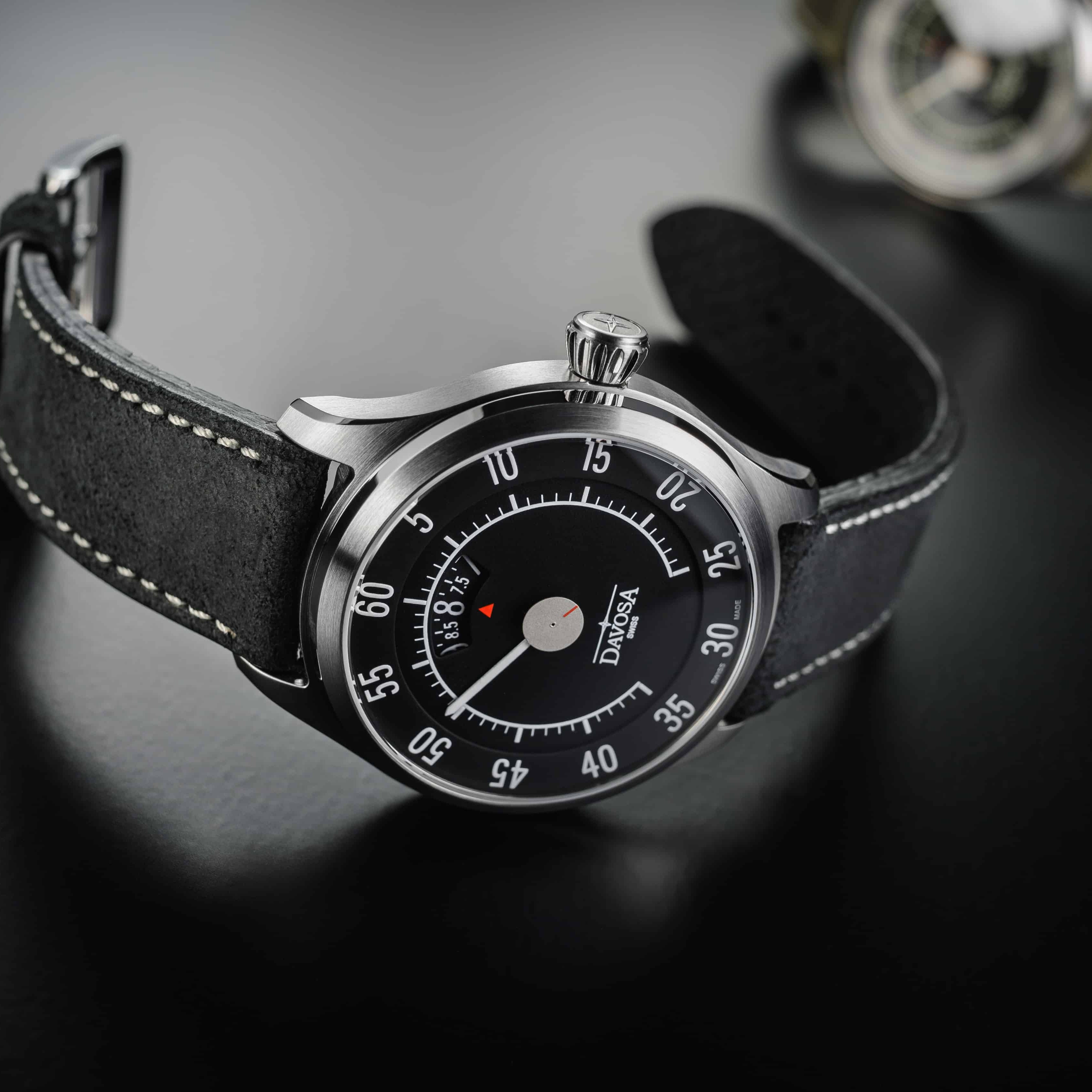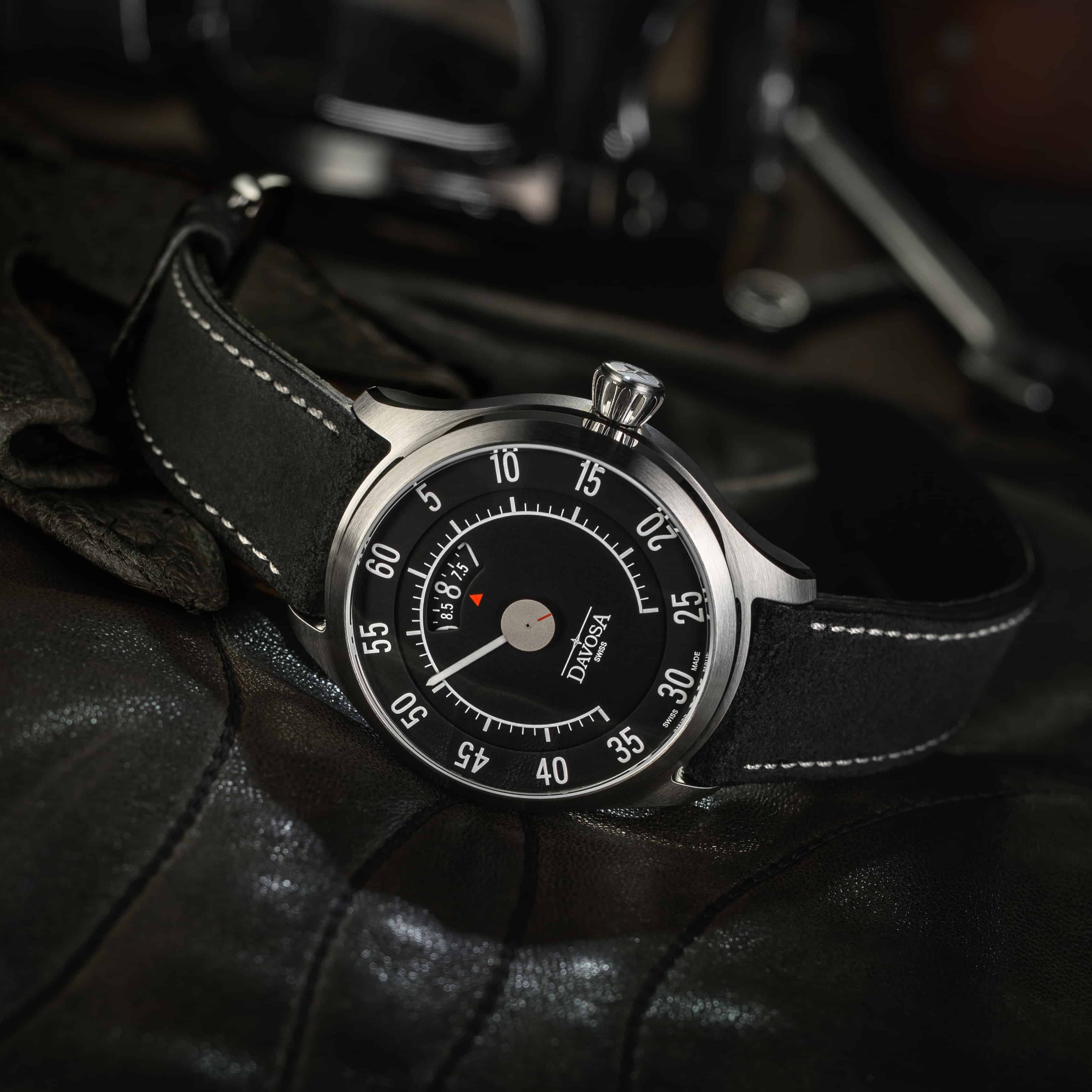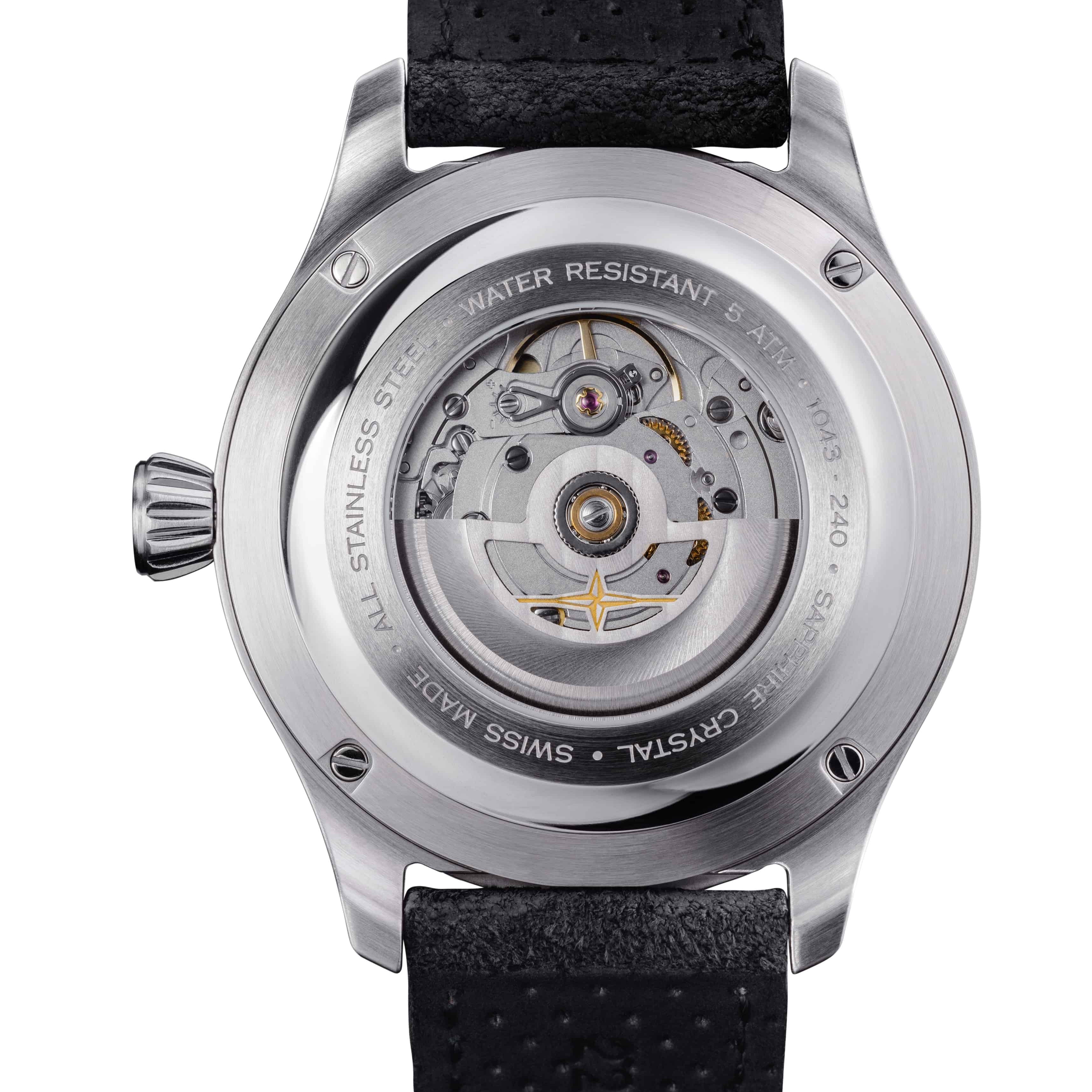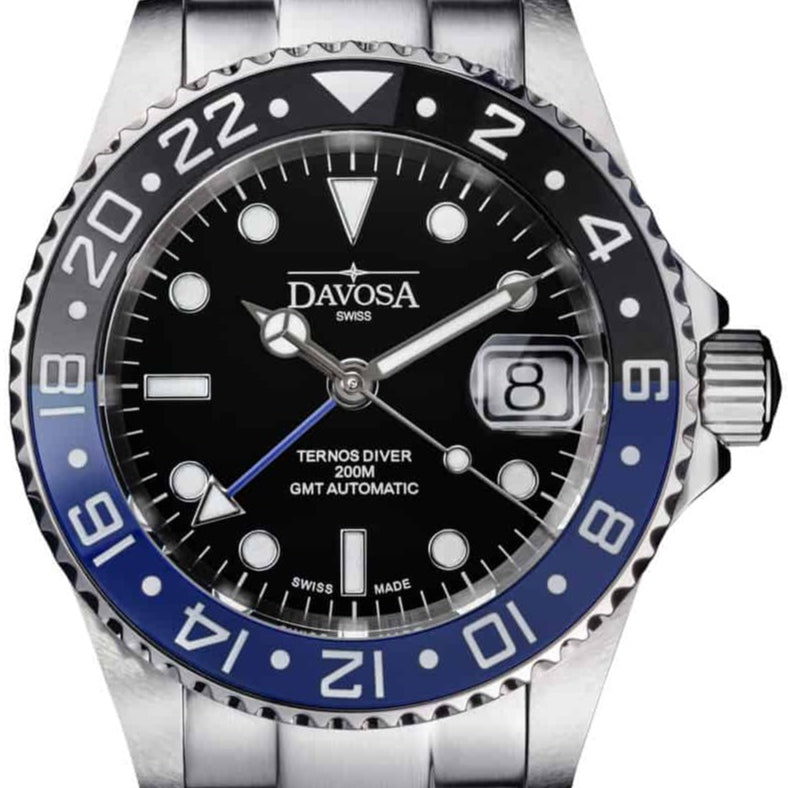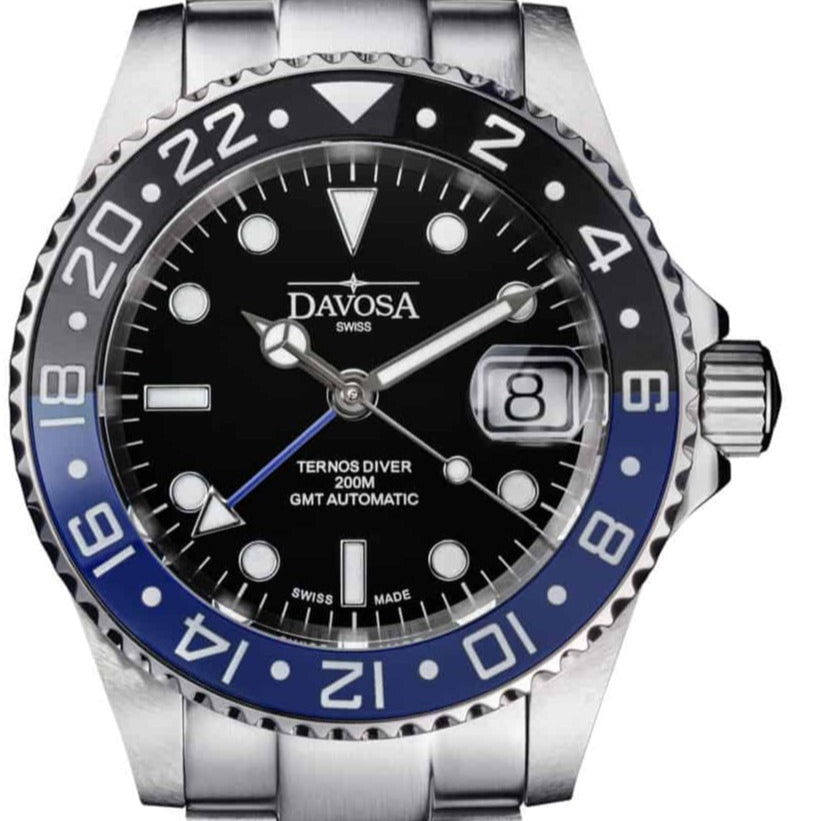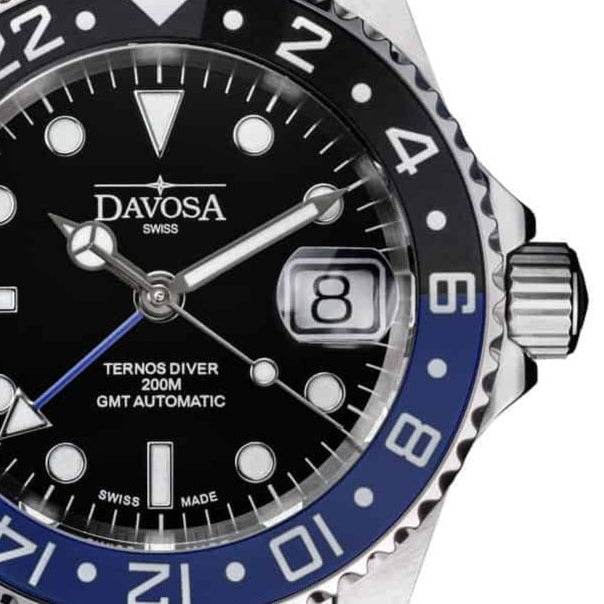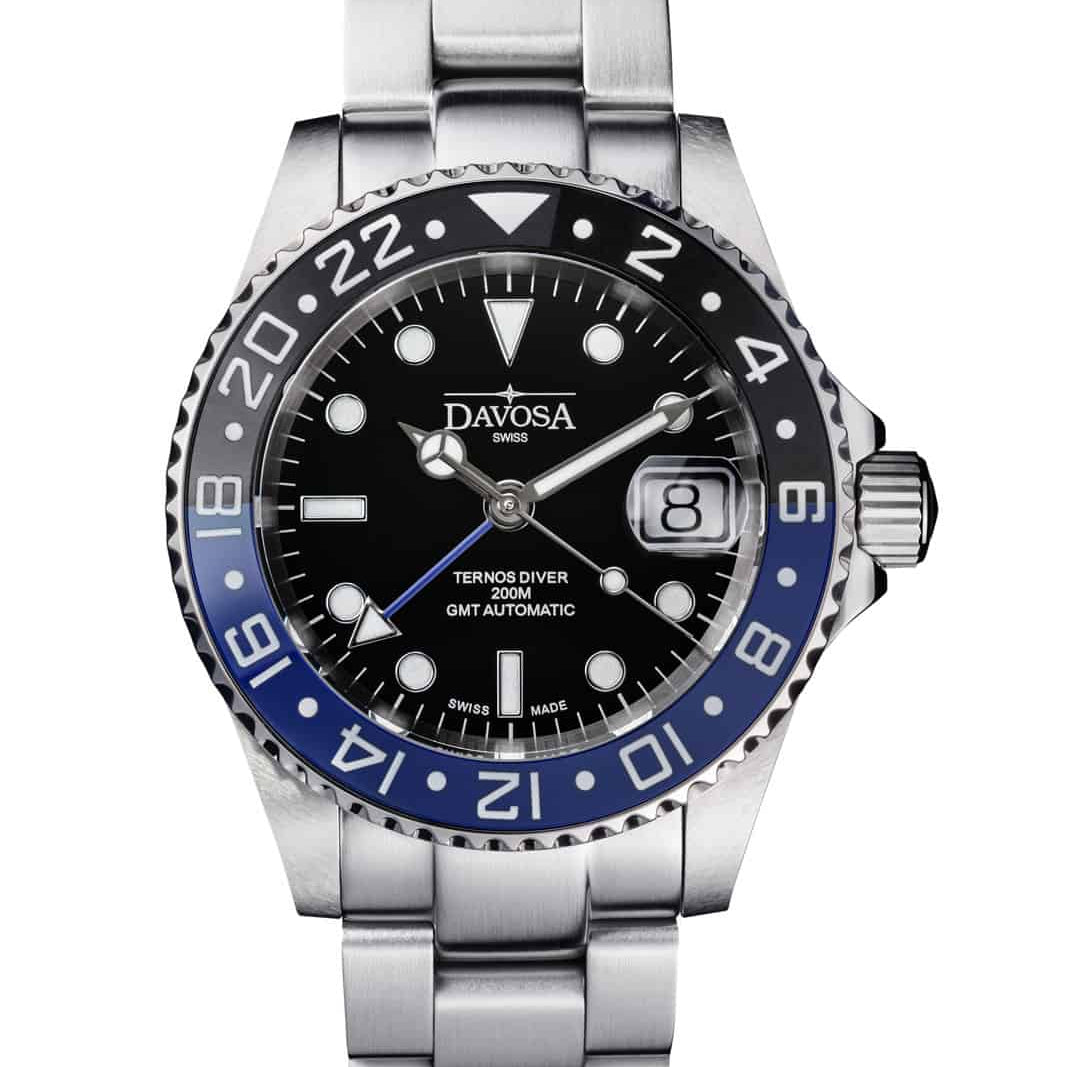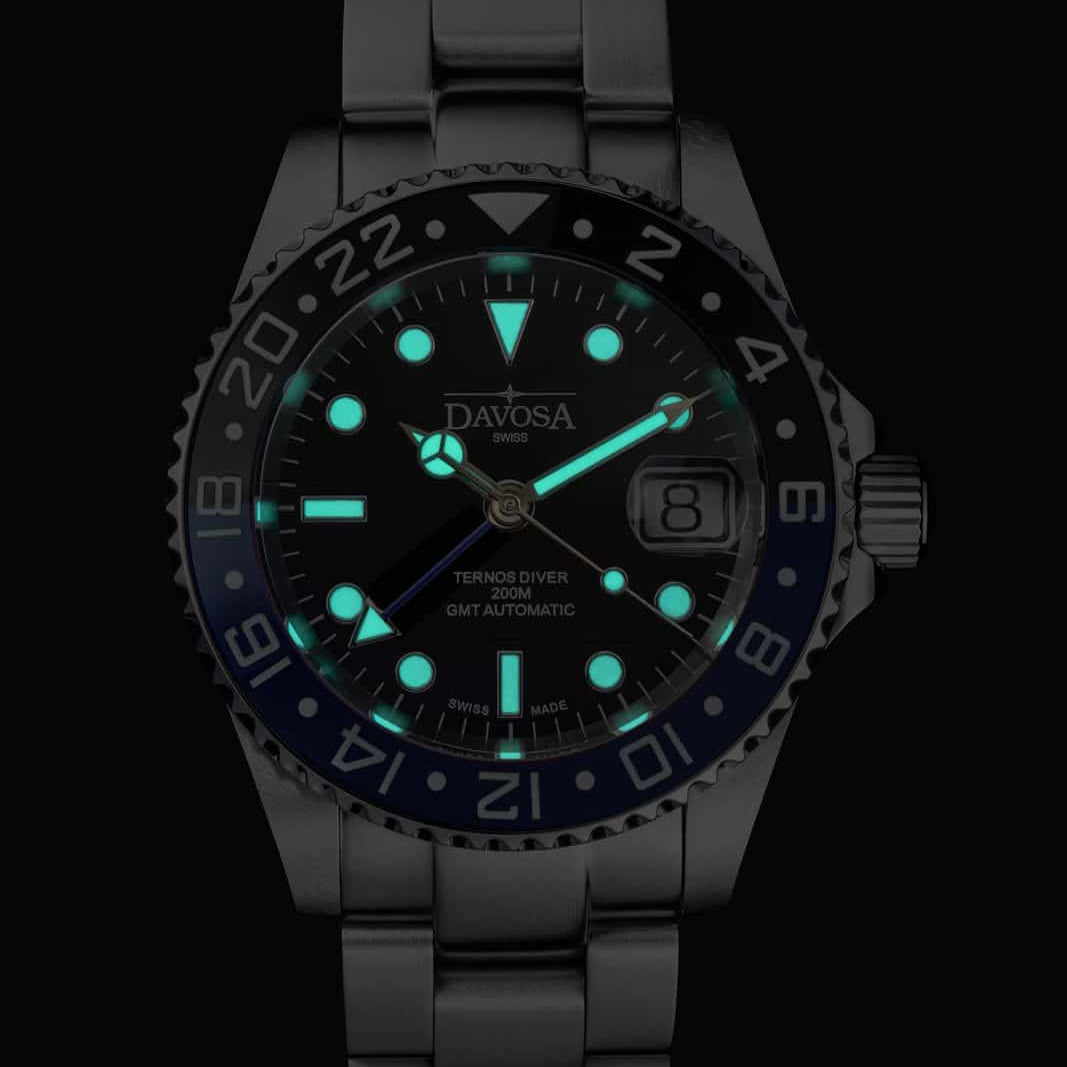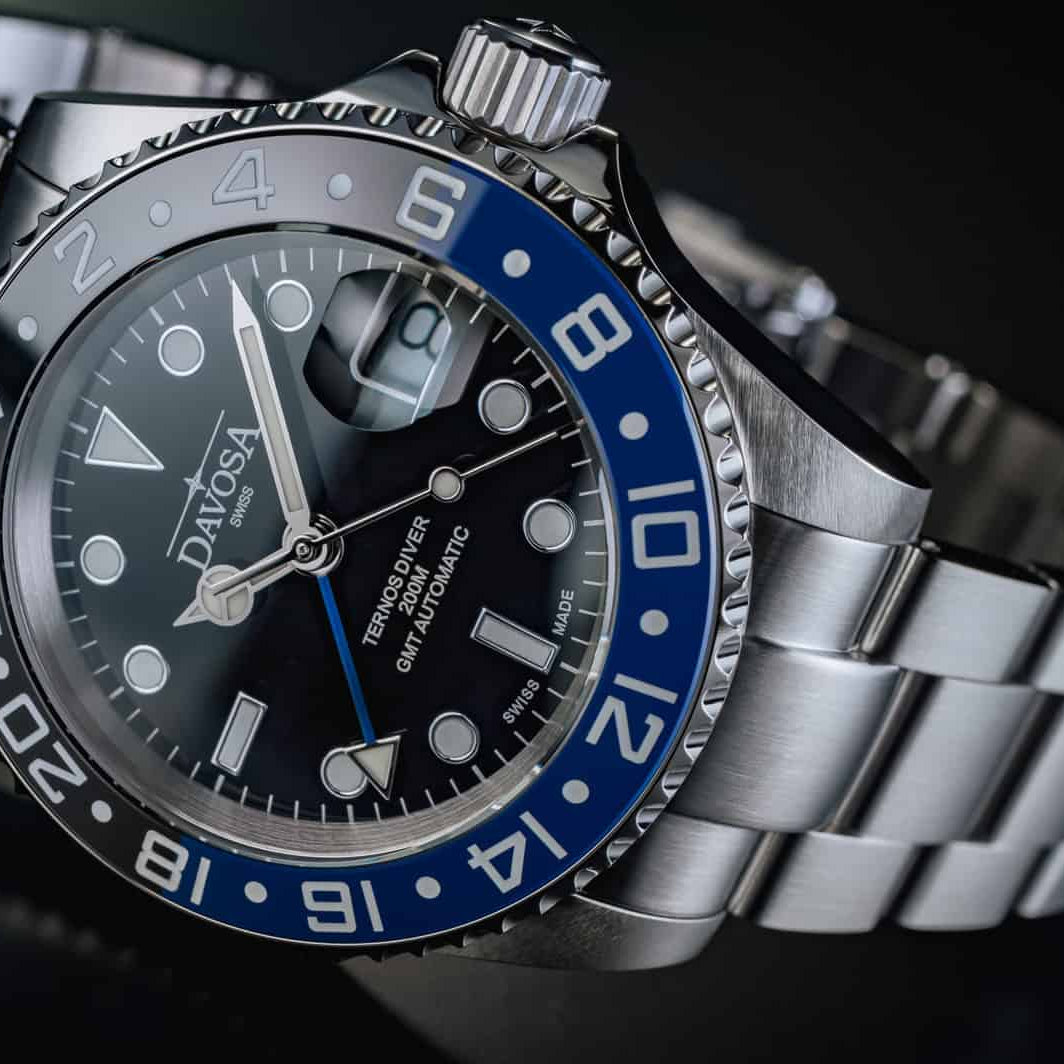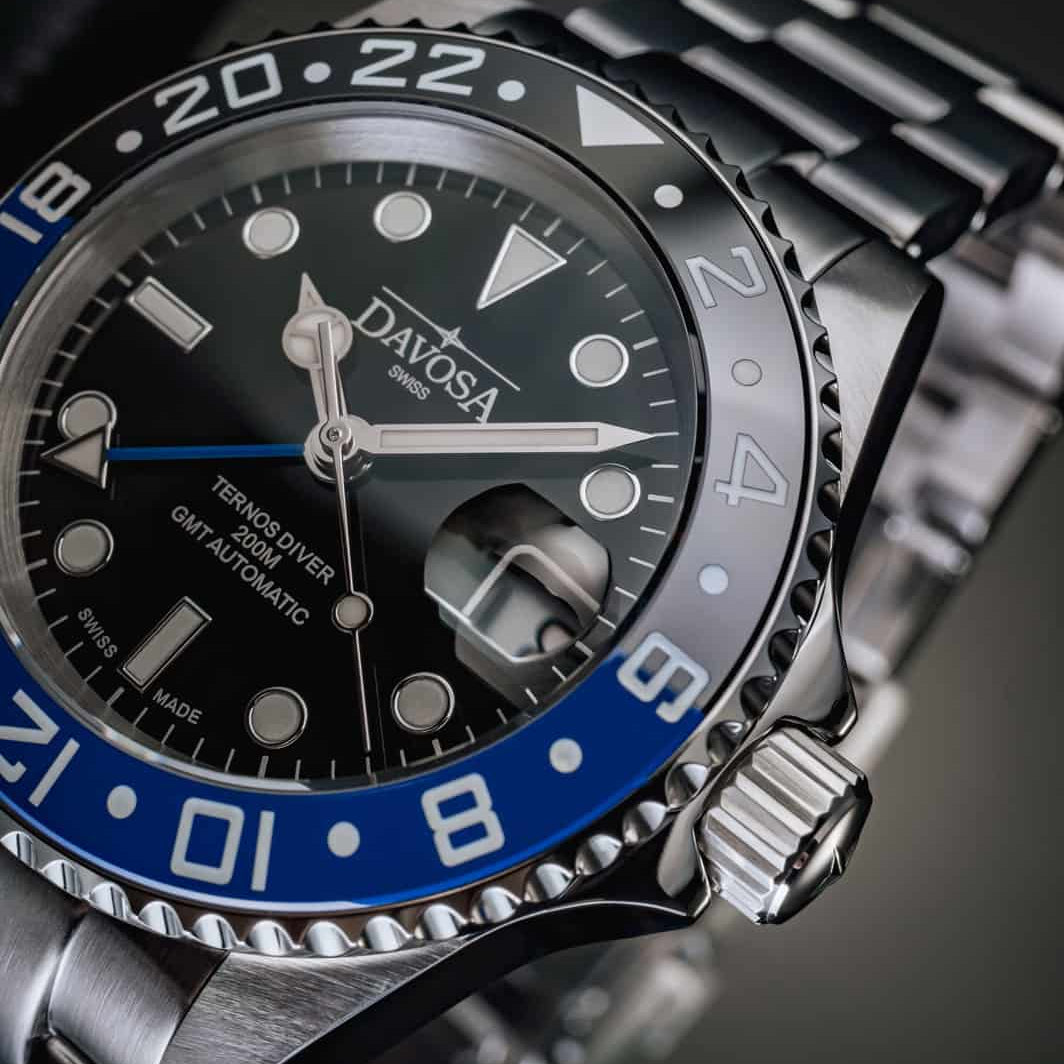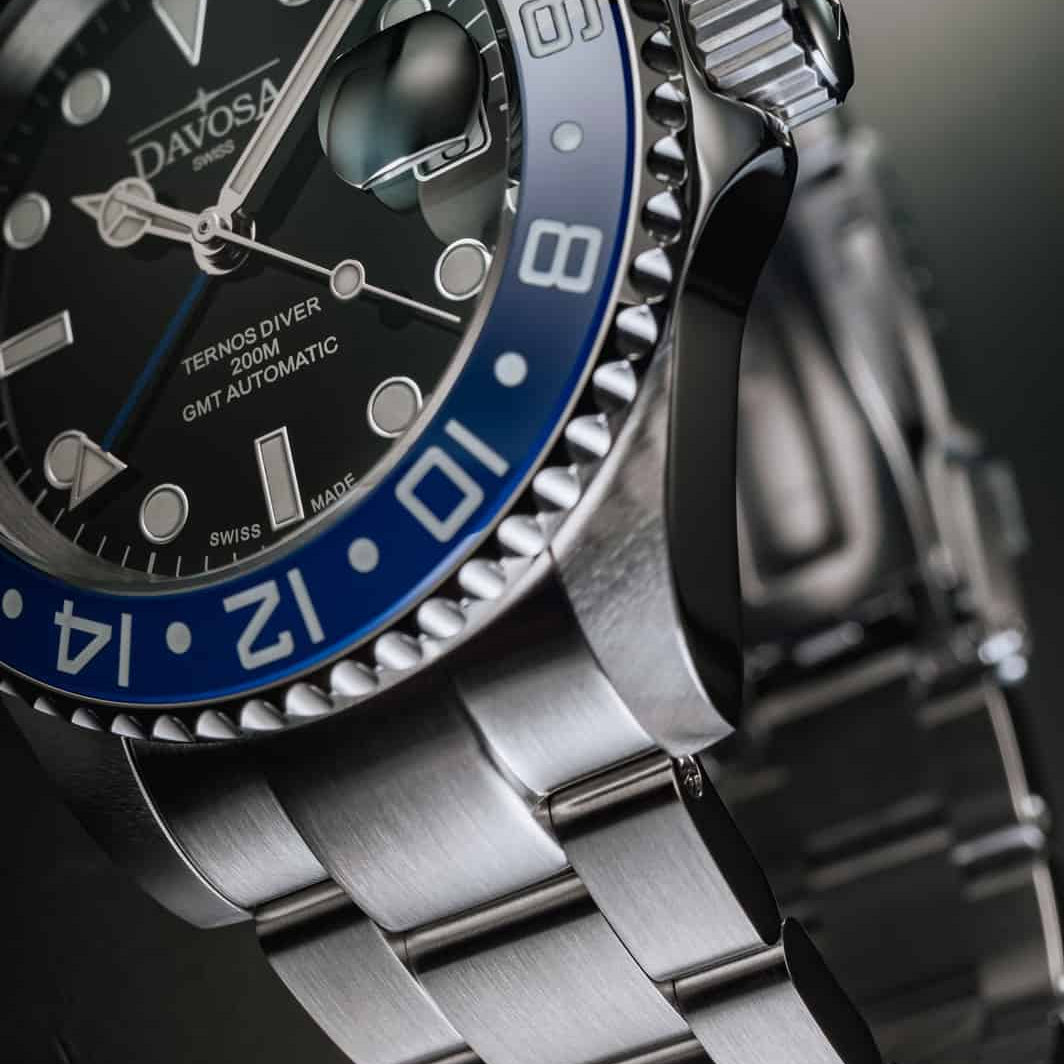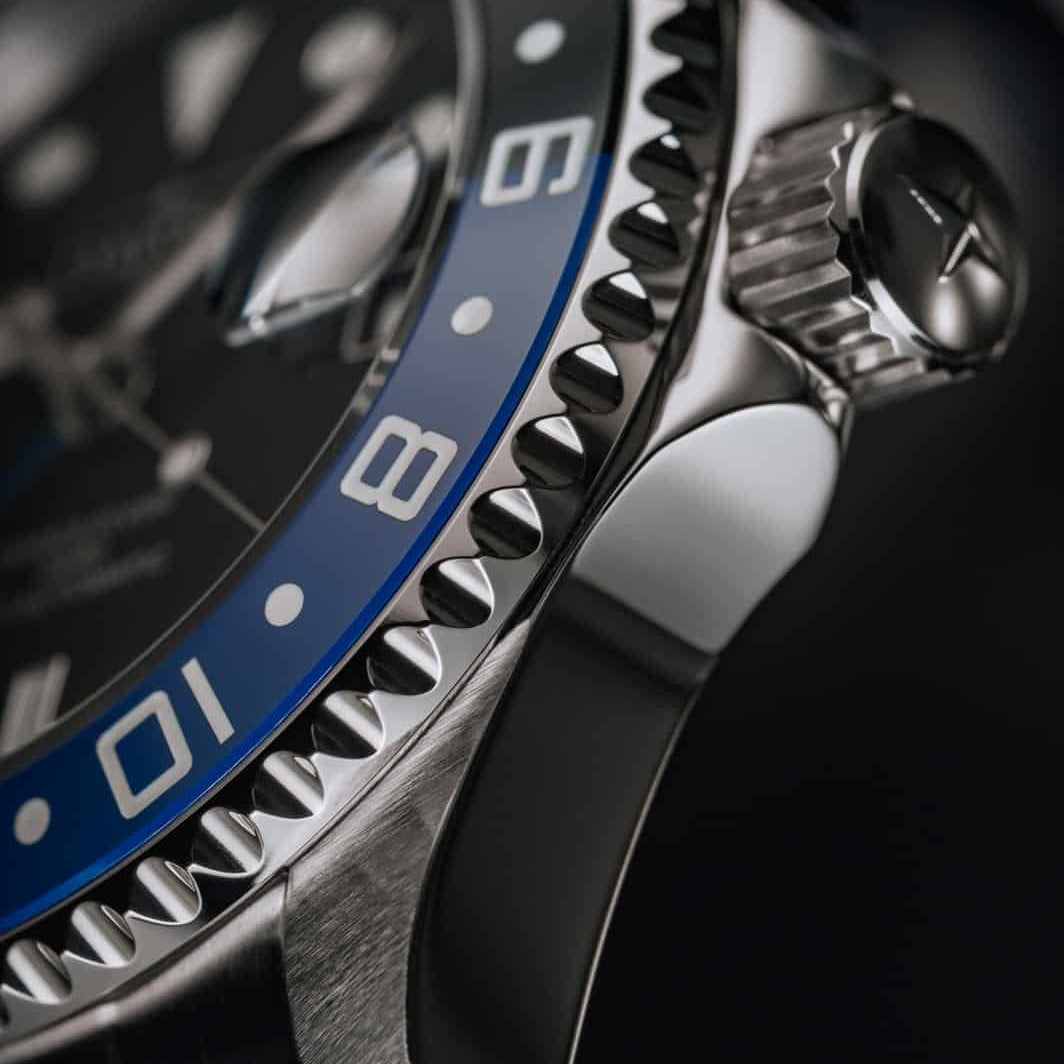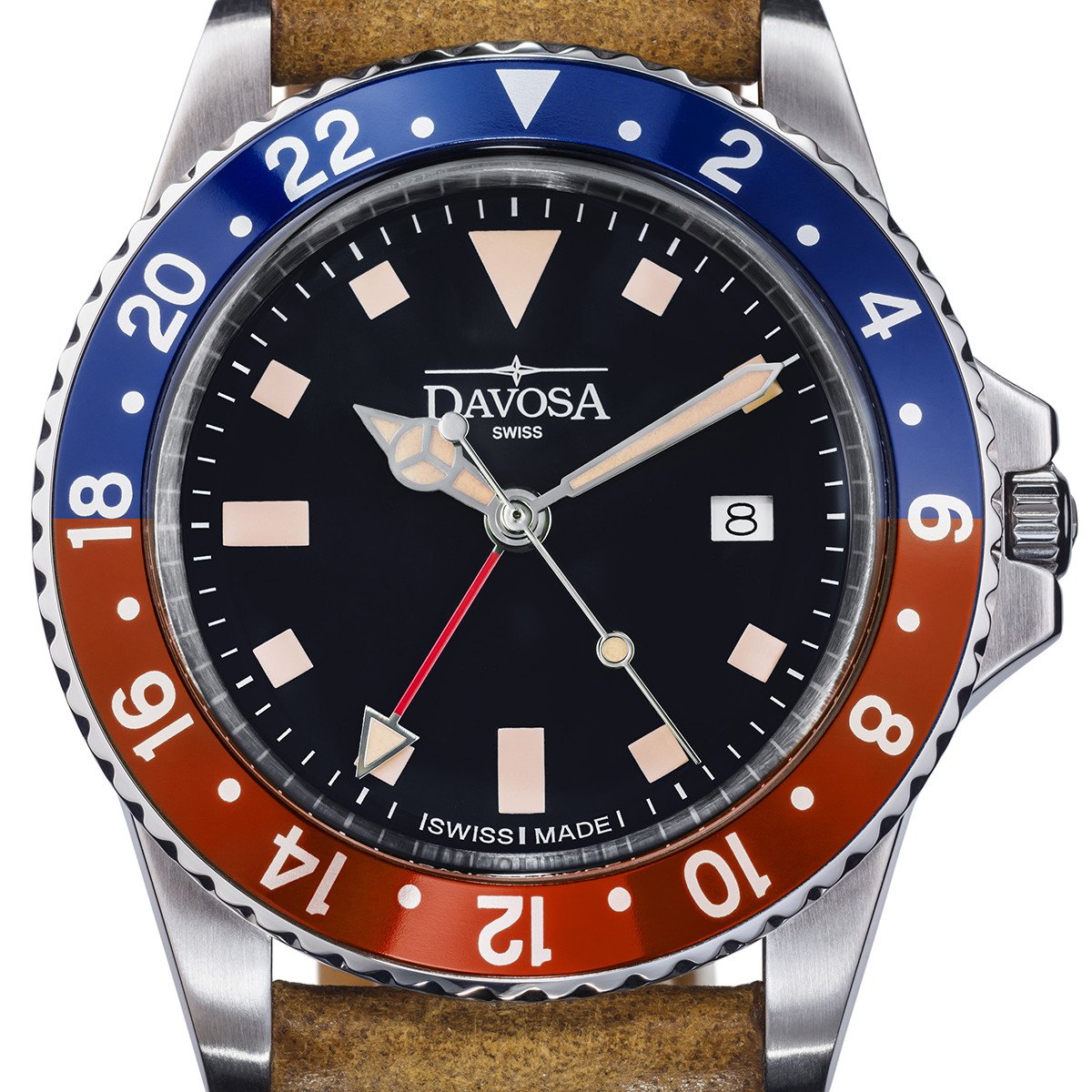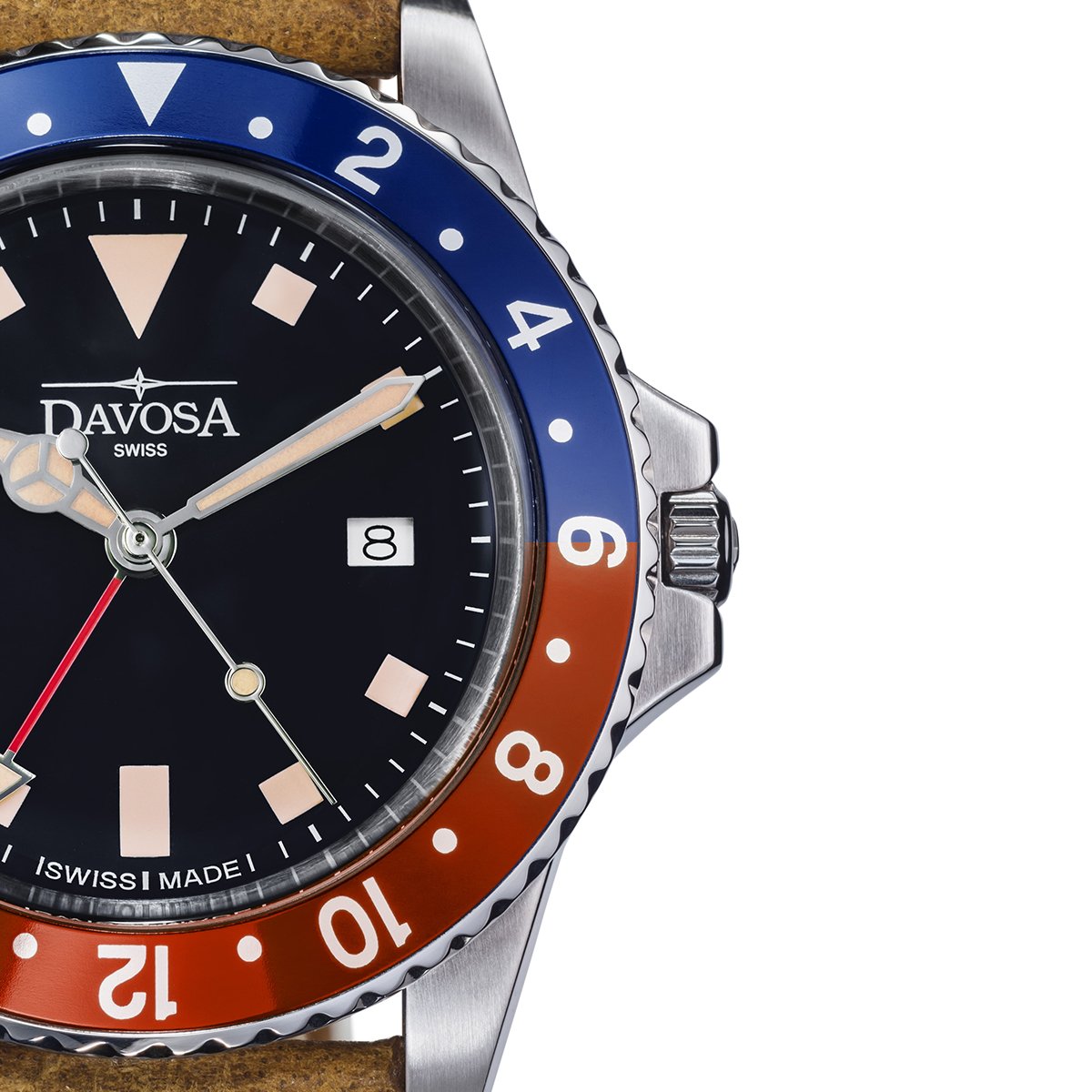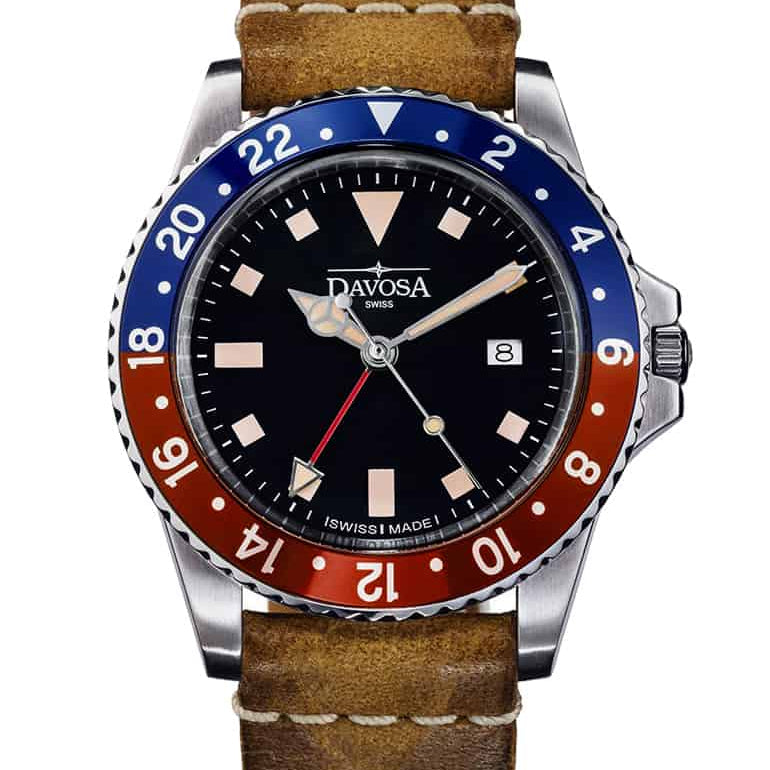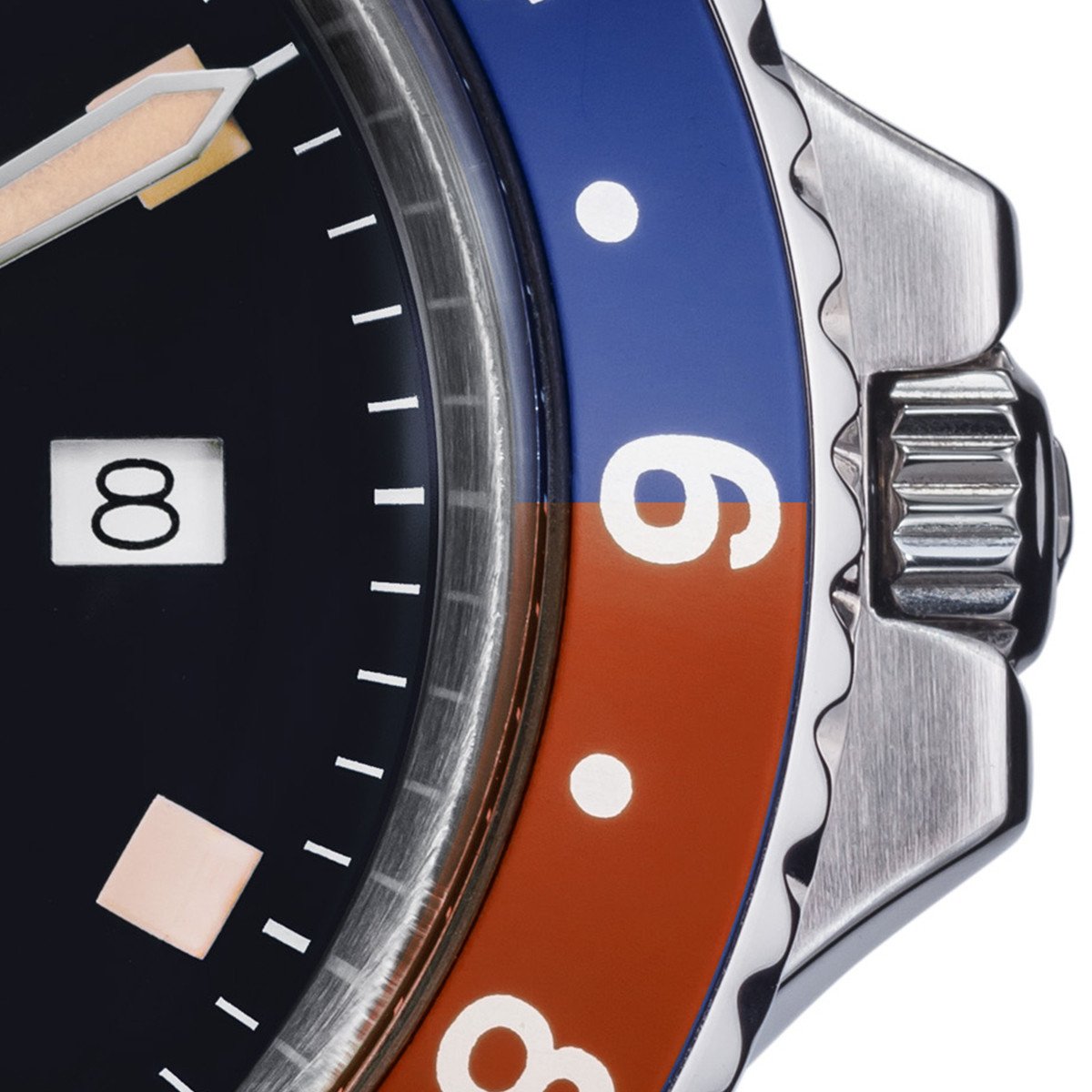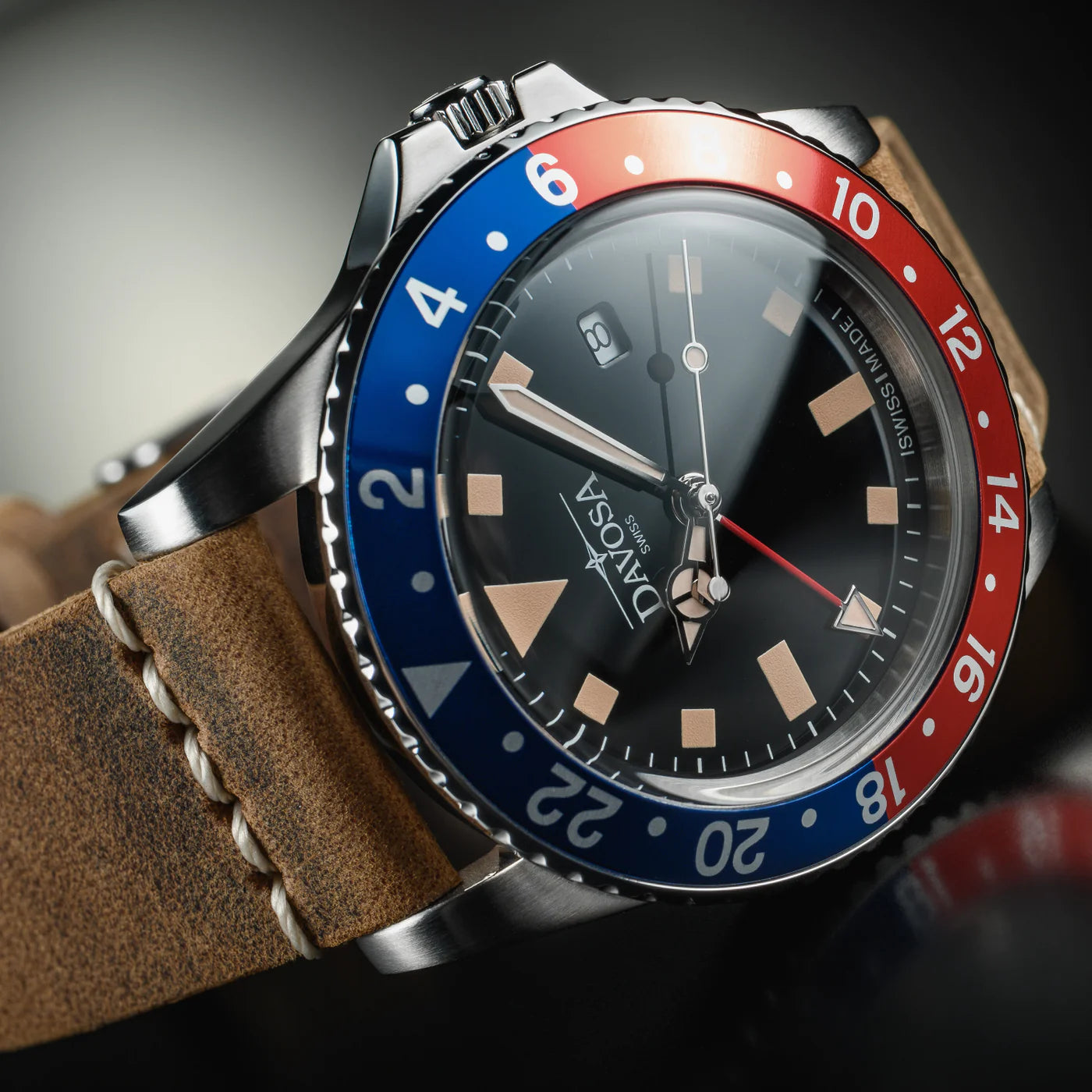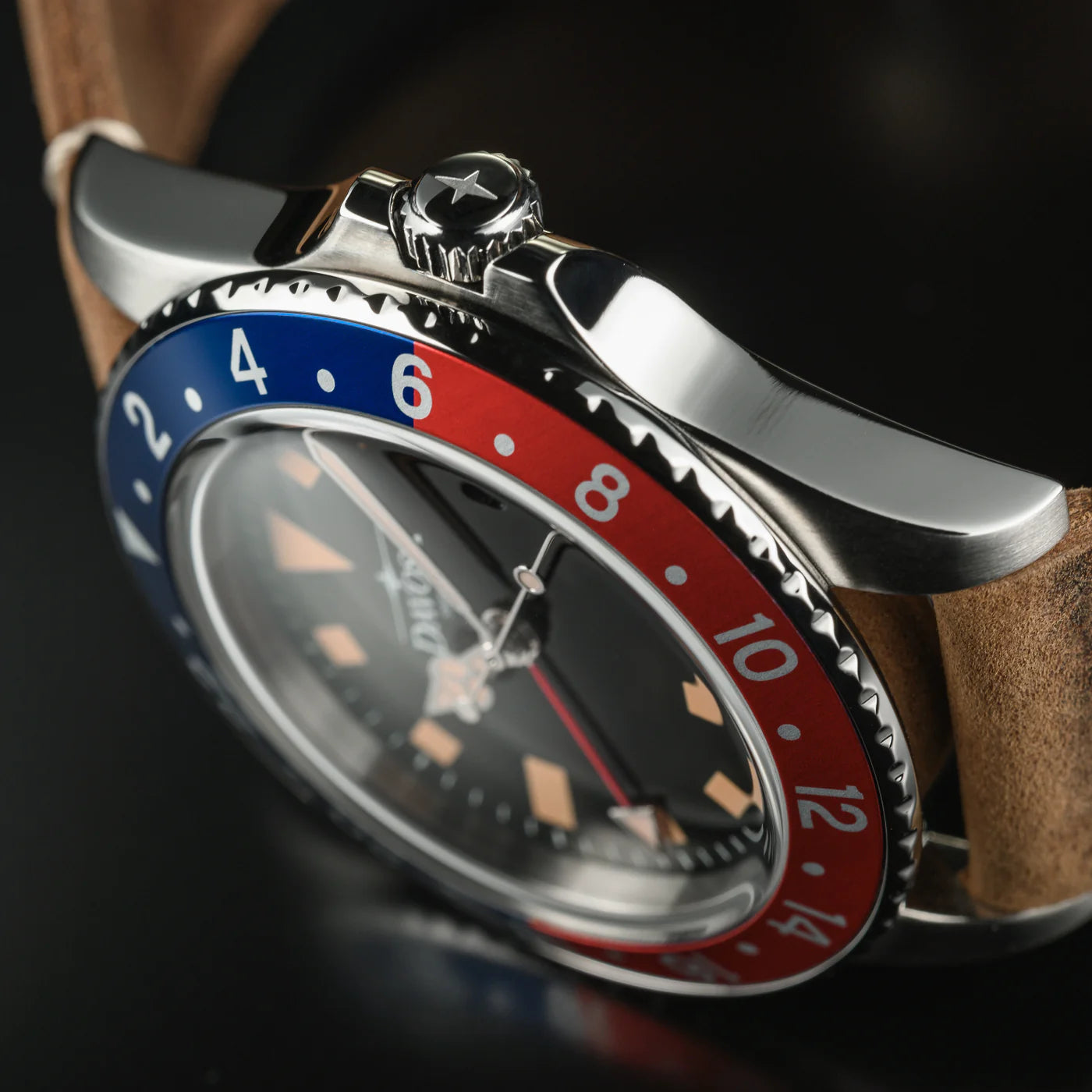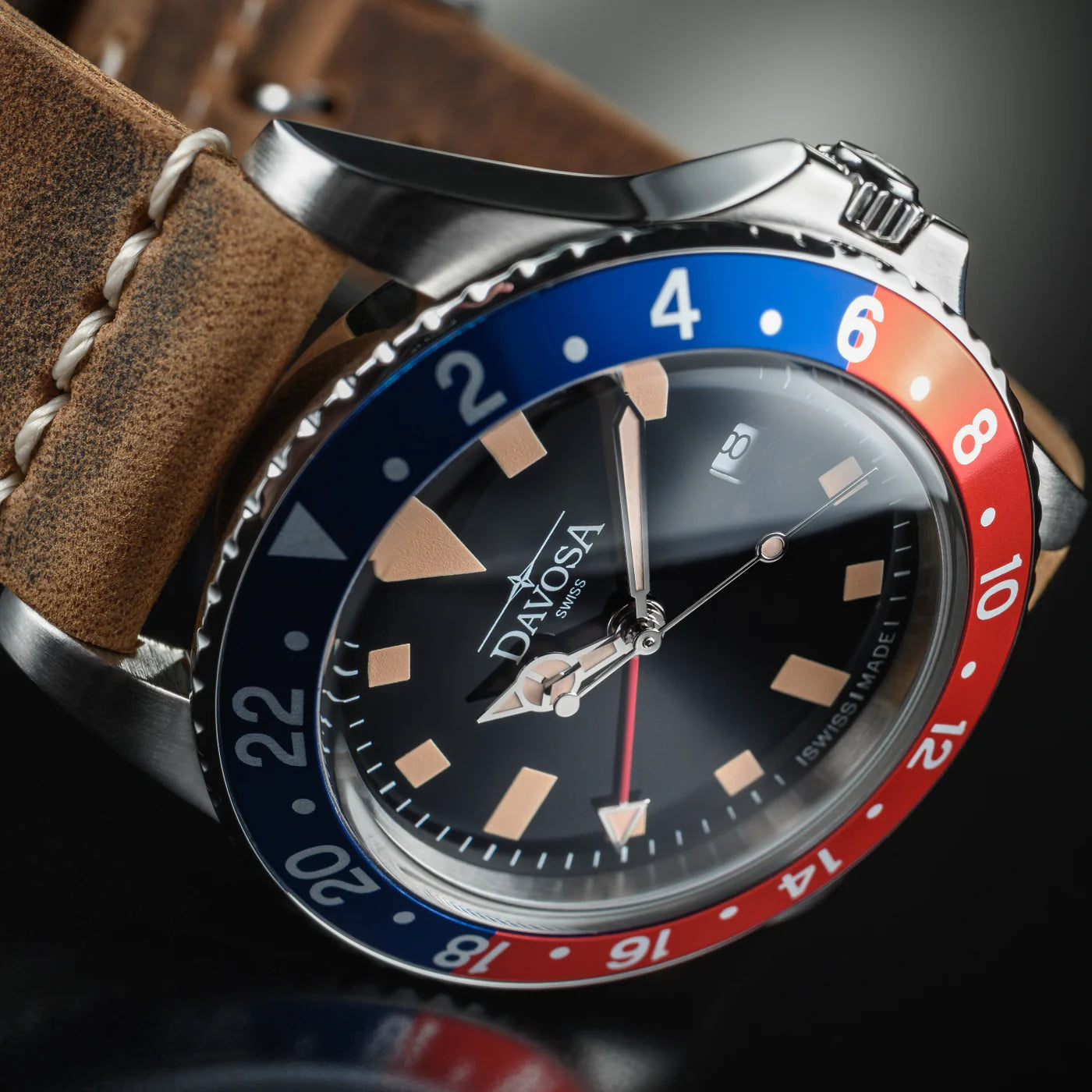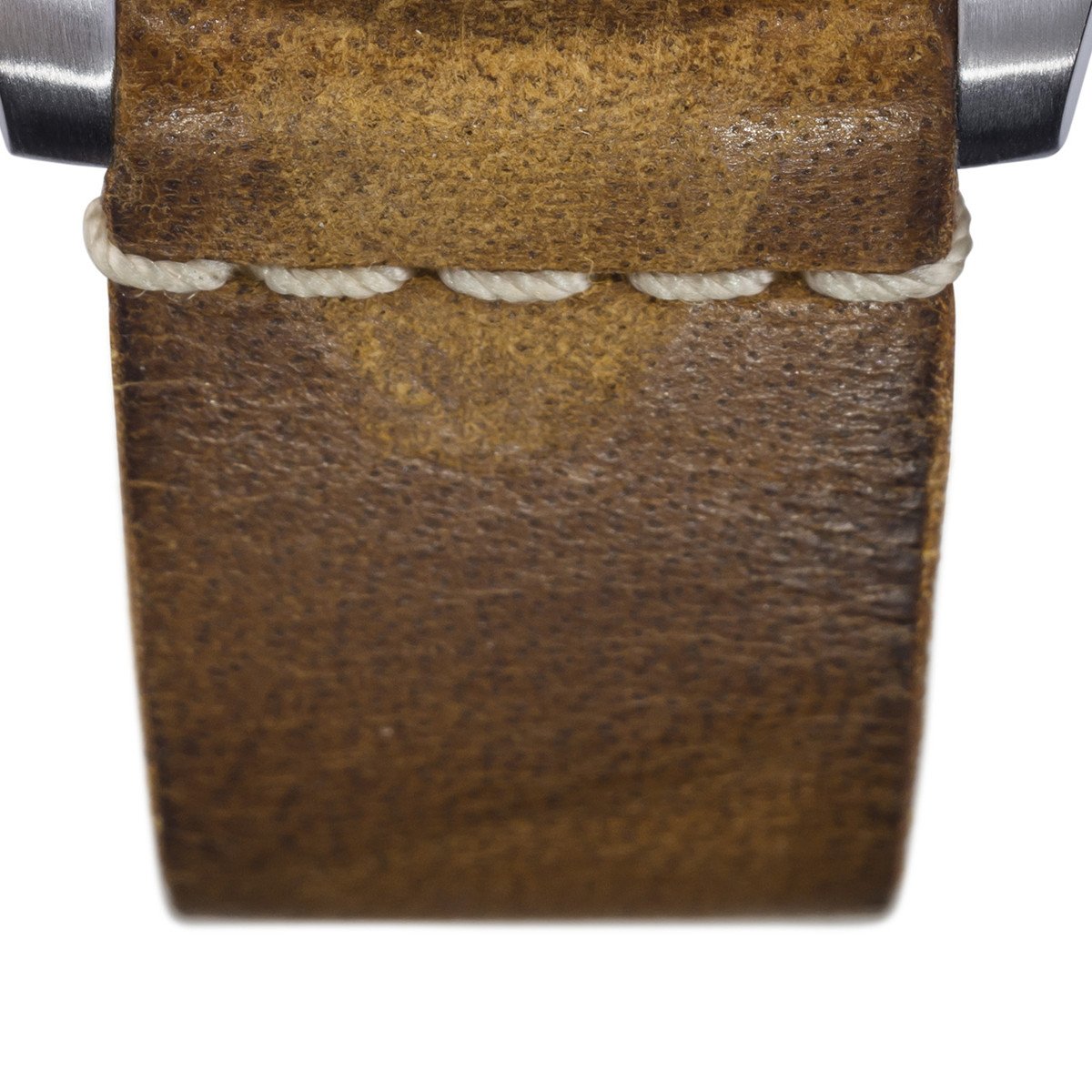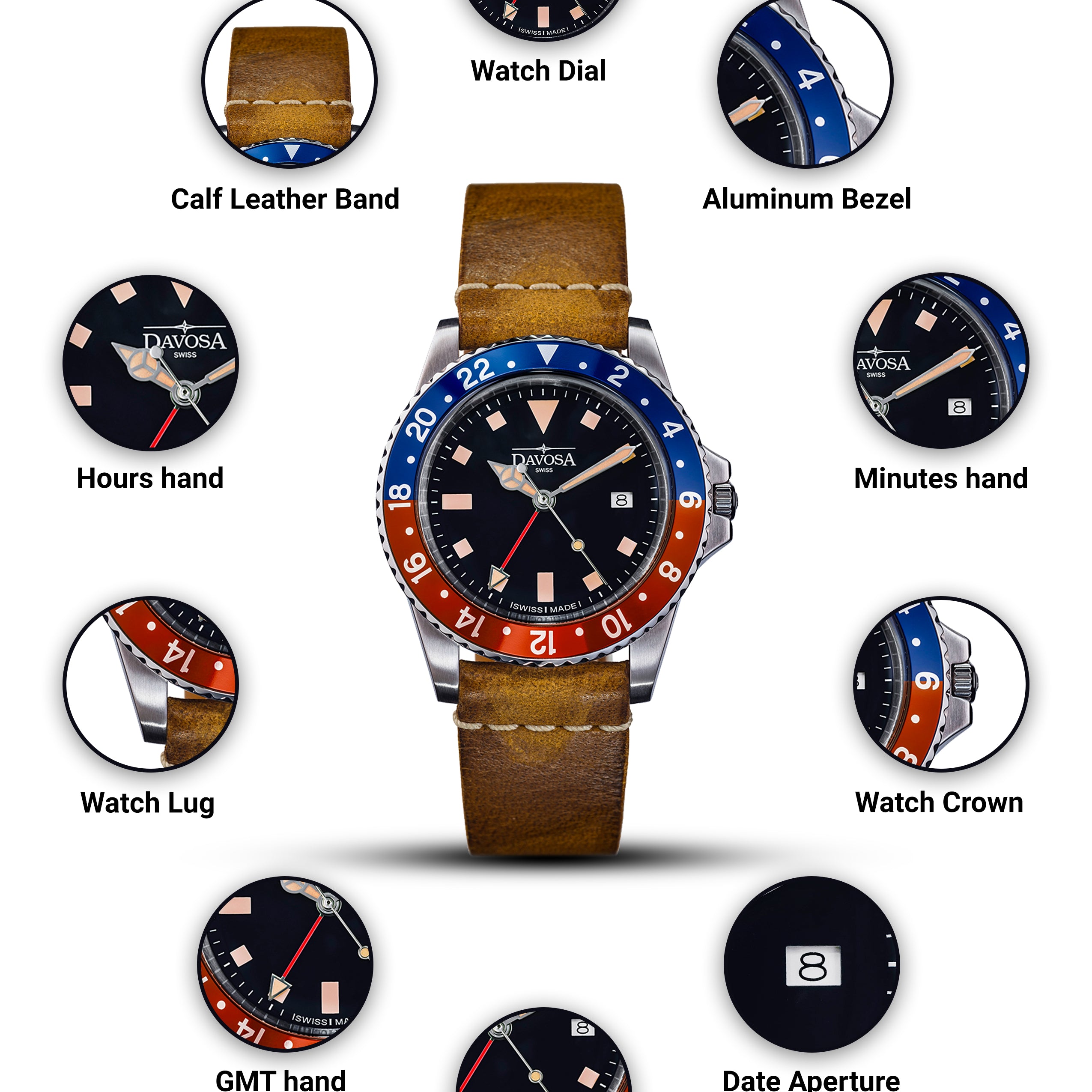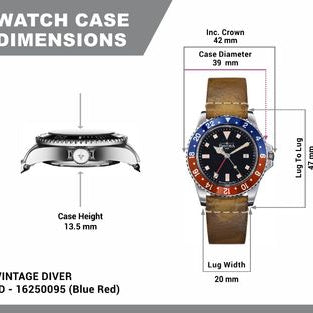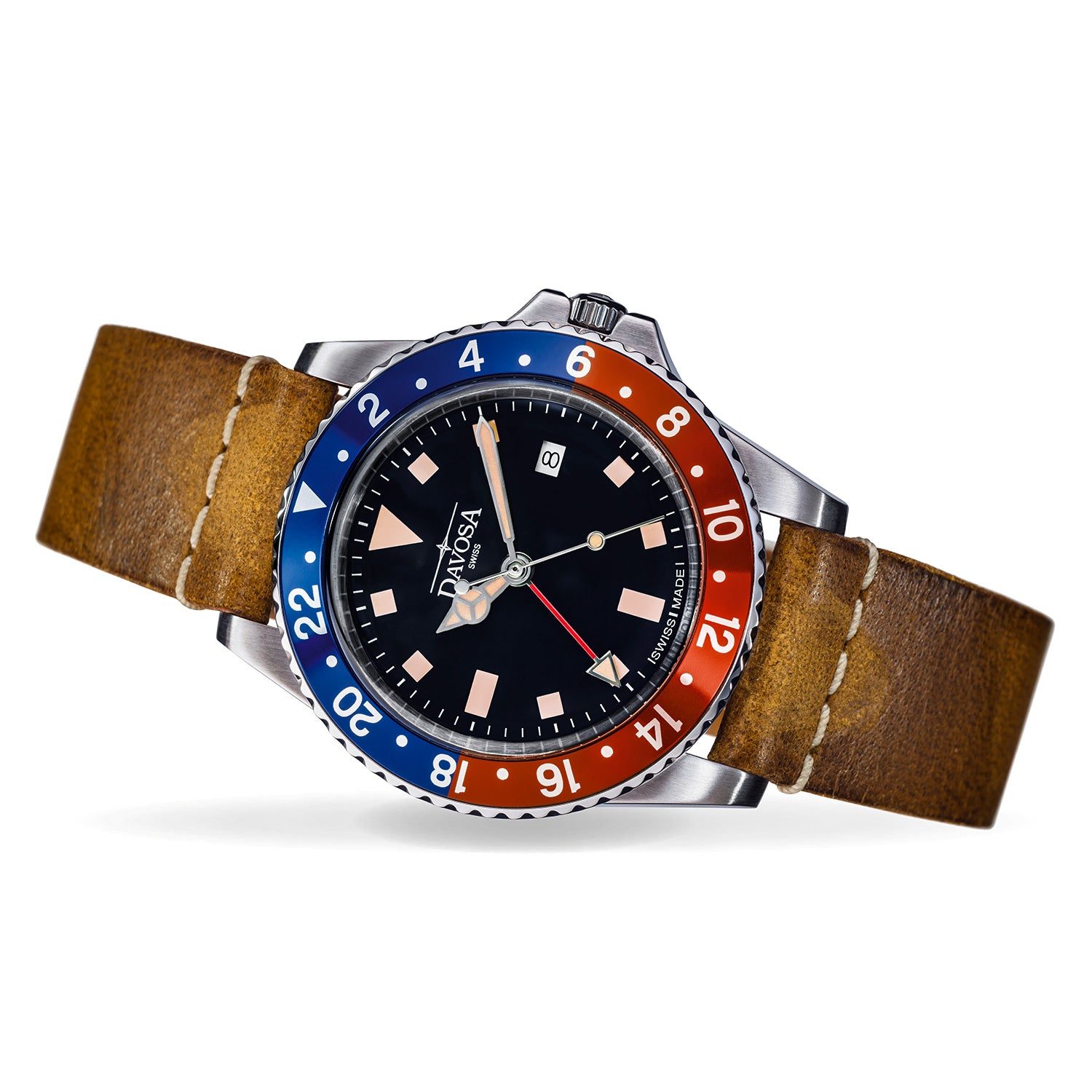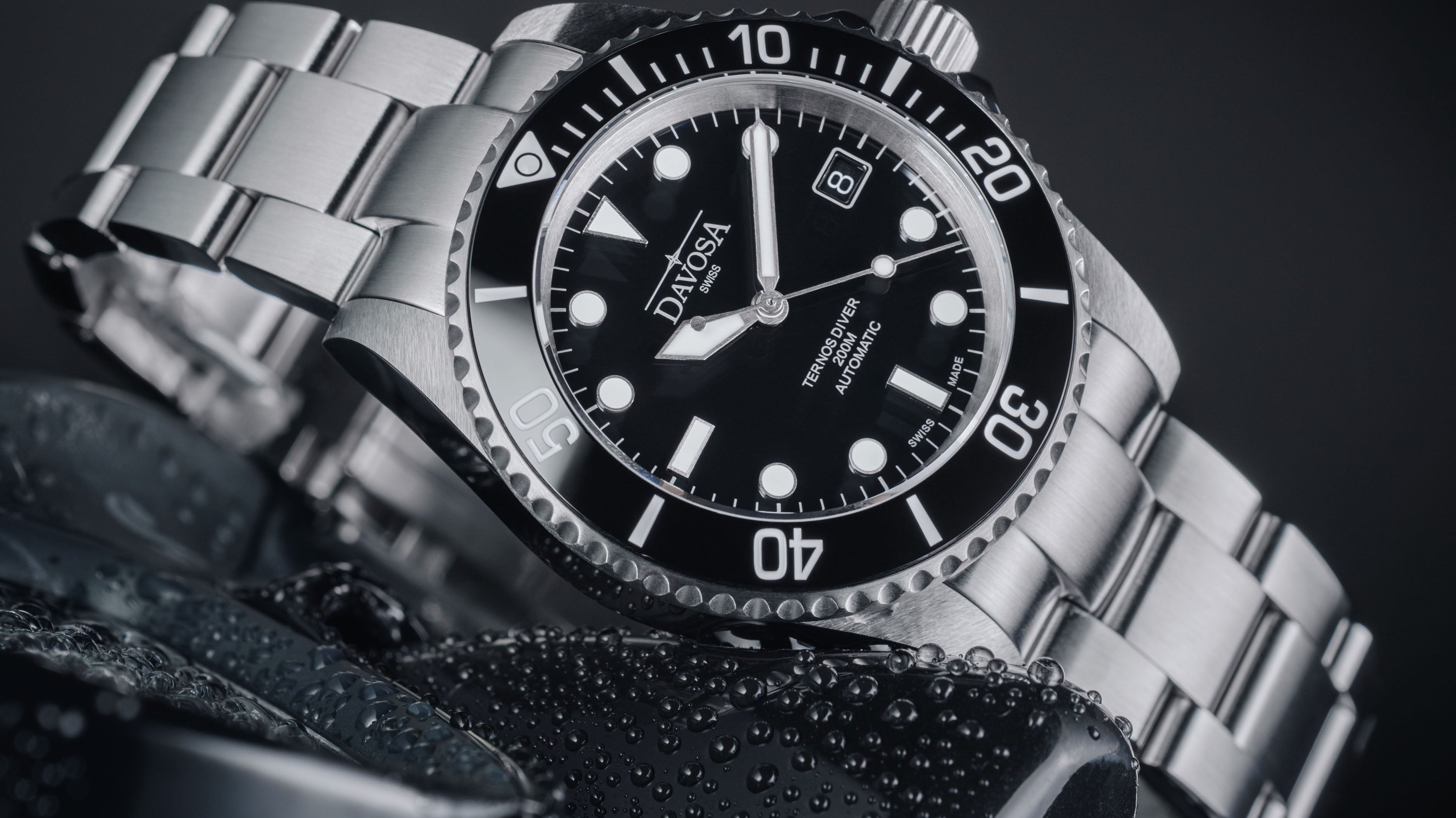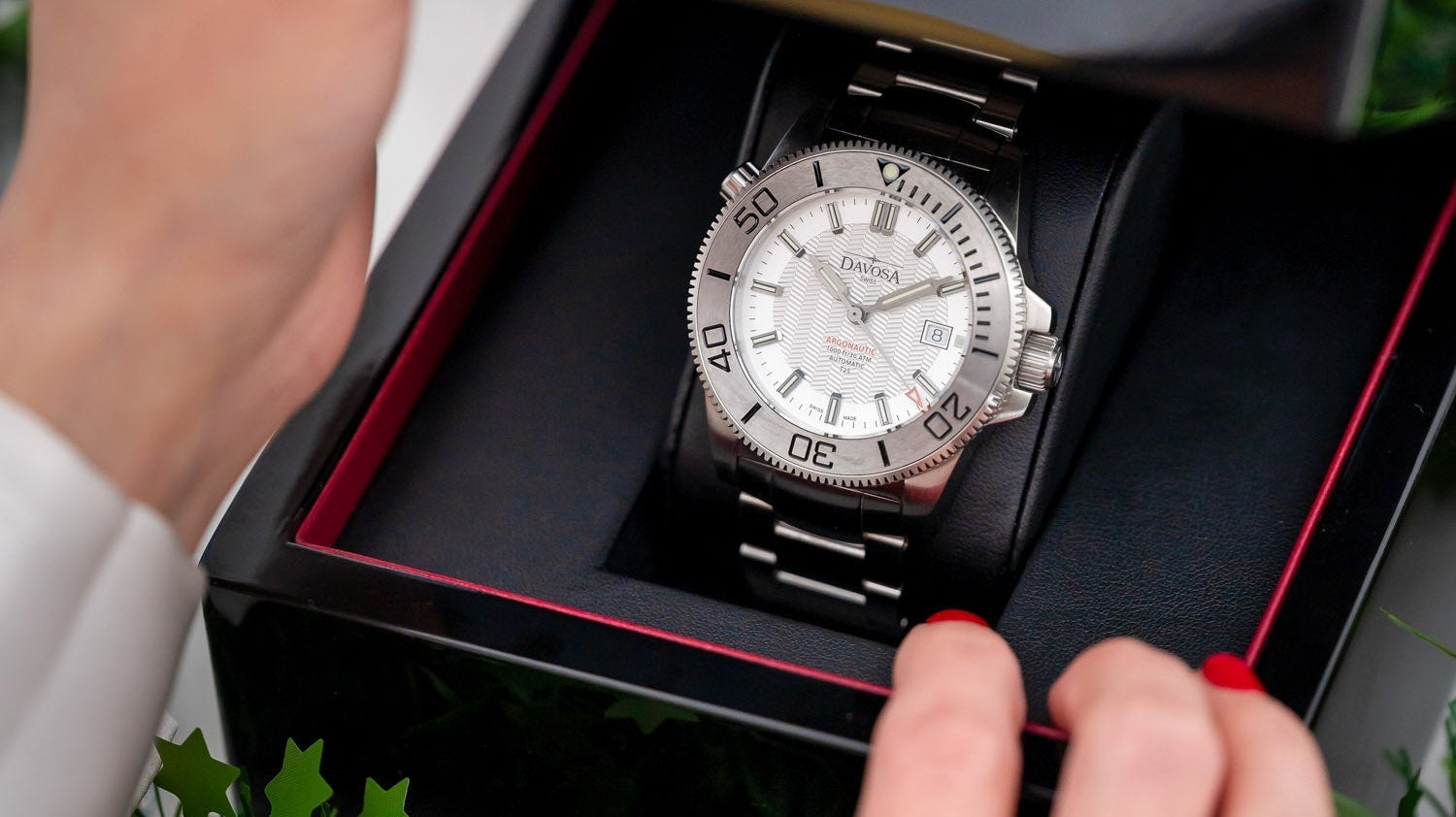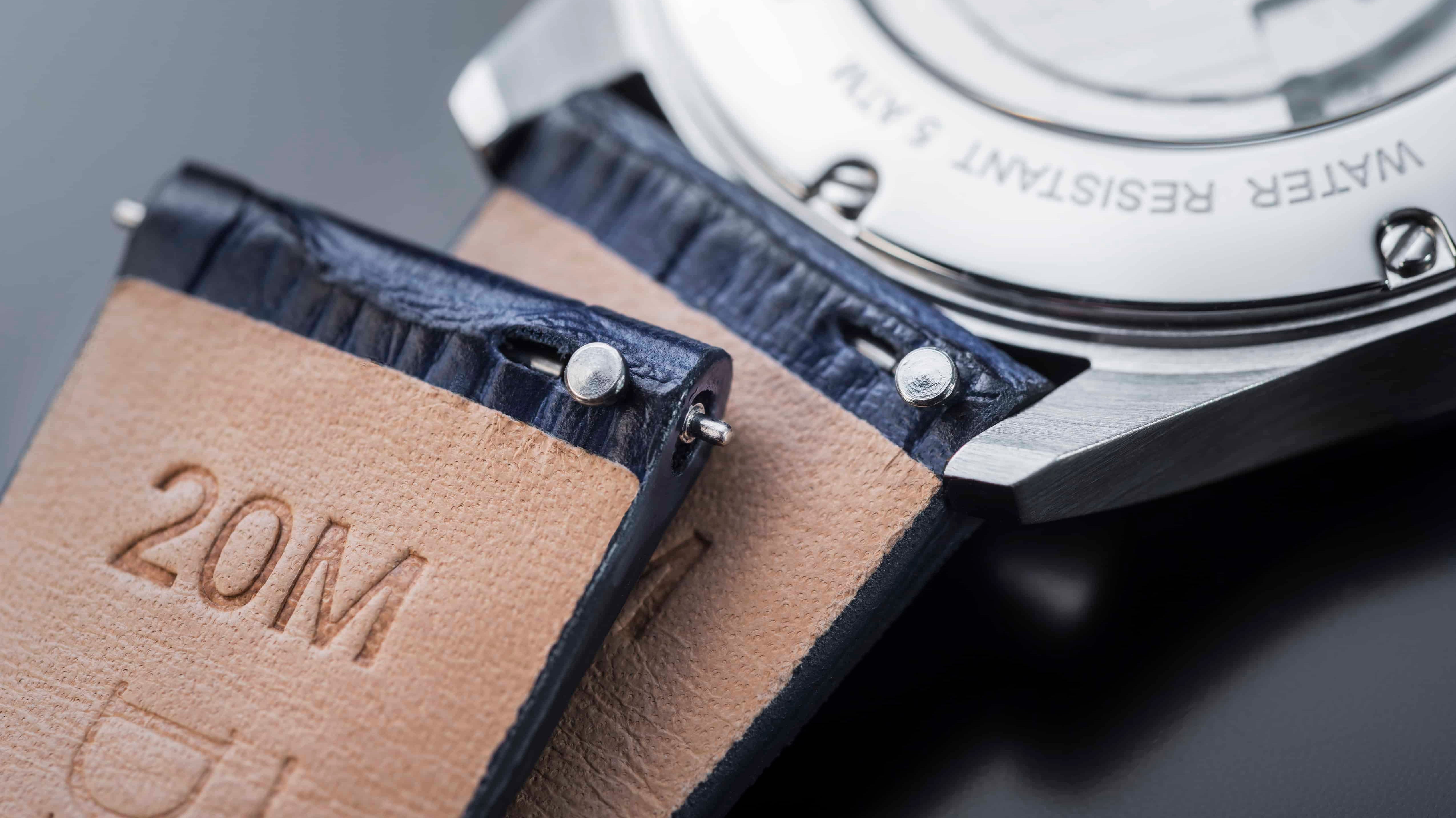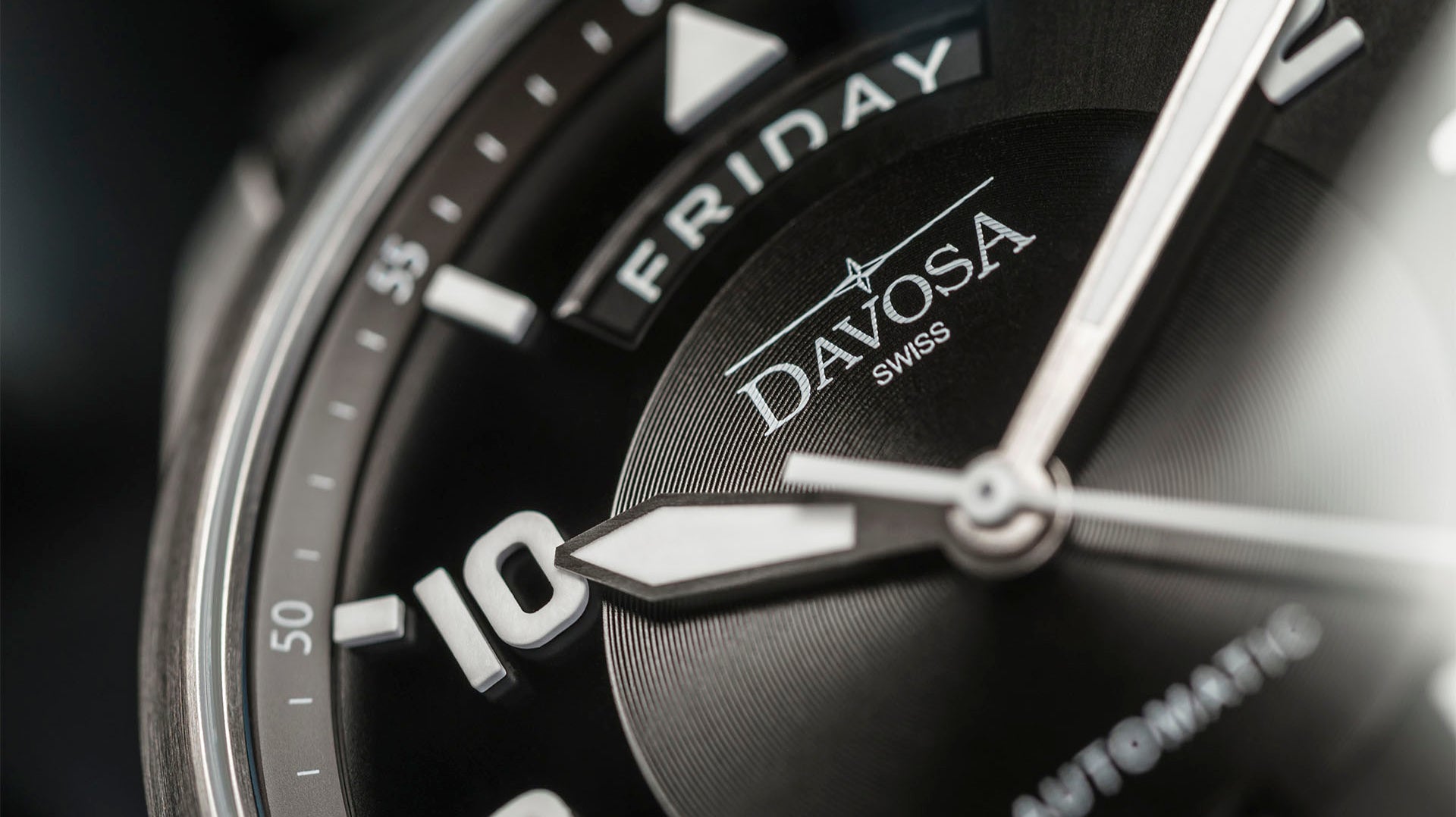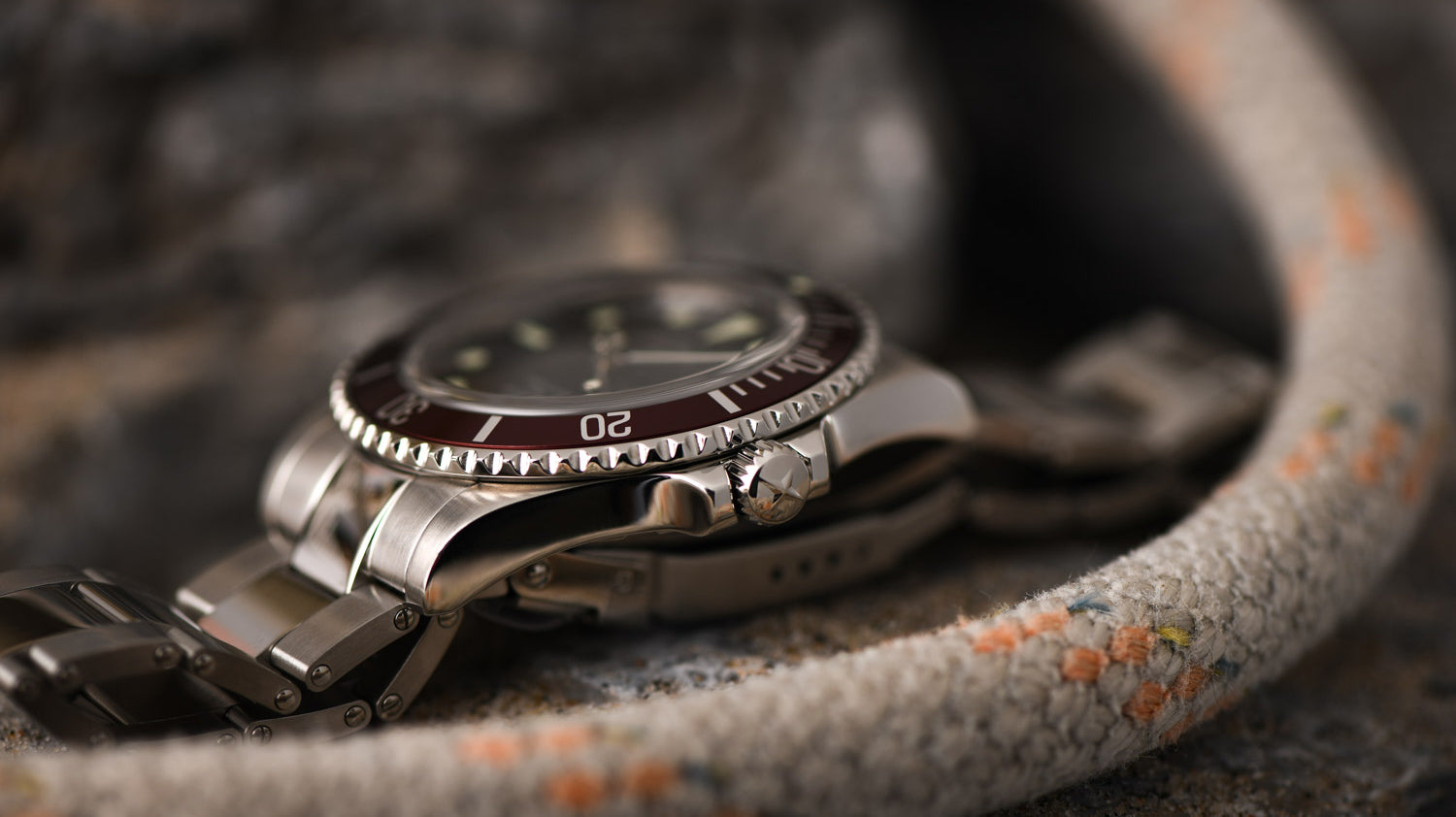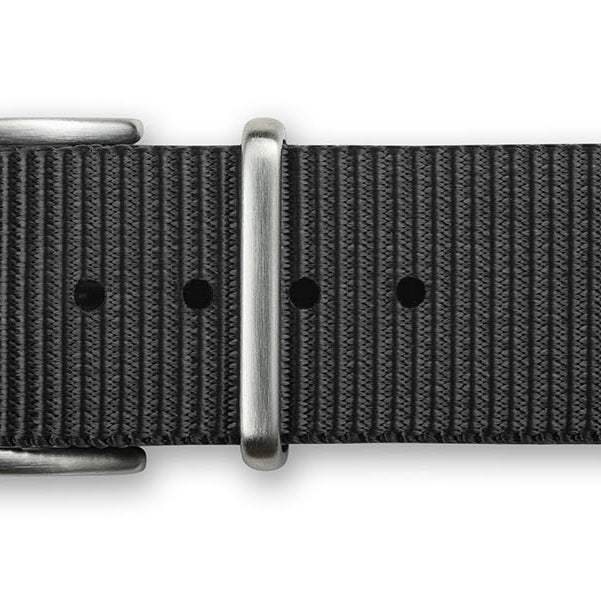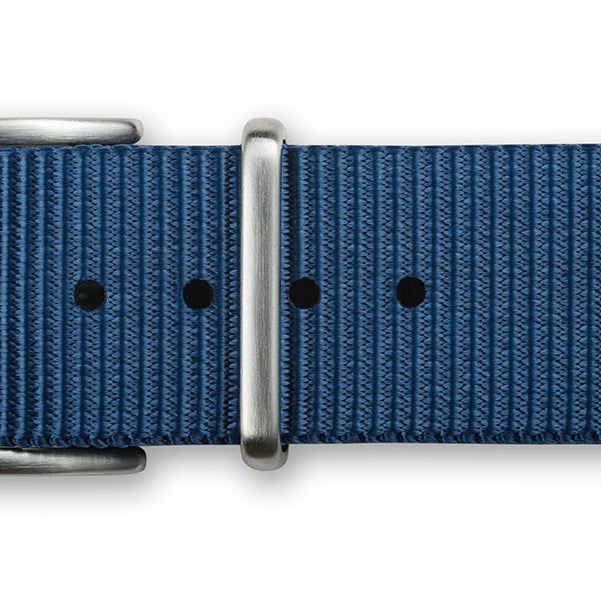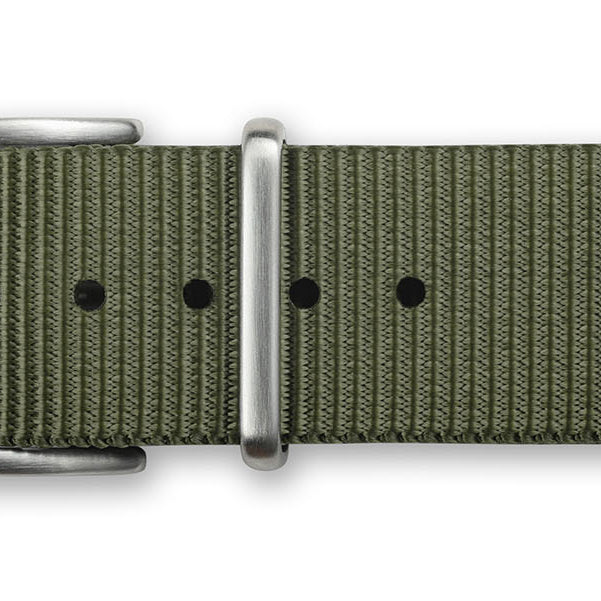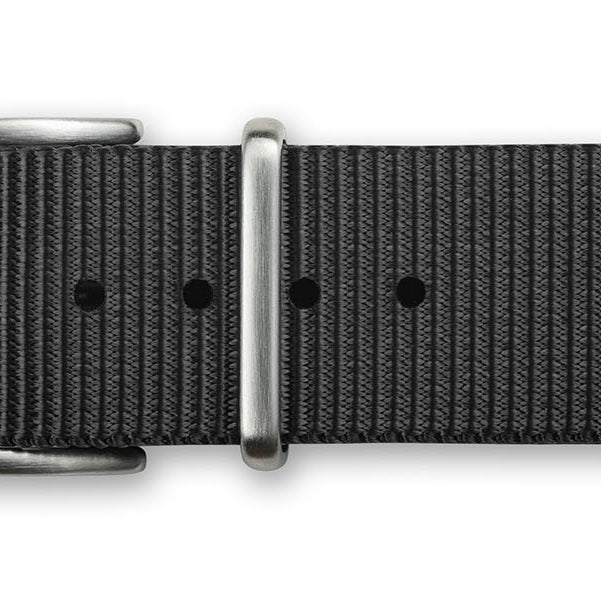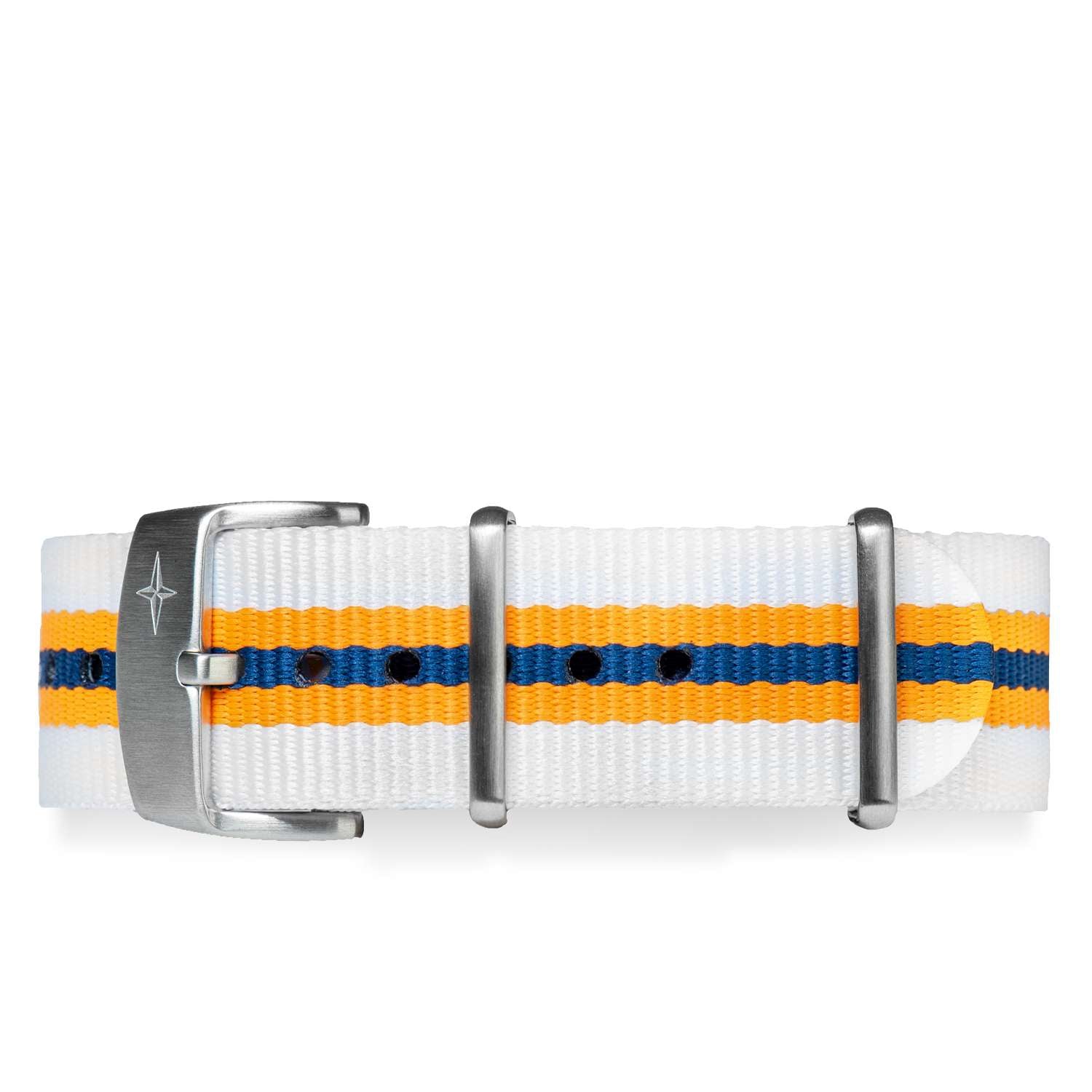Once upon a time - and we are talking about 500 years ago - a watch represented an important element in people's lives, much like what we consider cars today. The true gentleman also had to show his qualities in the watch's choice, which not only testified his class and socio-economic status but also became a distinguishing element of his character.
The evolution of watches over the years has greatly changed this aspect, and likewise, how we wear watches. But even if today it is no longer the "must" that it was up to fifty years ago, the watch continues to remain an essential element of the wardrobe, especially for men.
Do we want to discover together something more? Here is a small guide to doing so.
Should I buy a watch?
The answer is "definitely yes." Not just because you are on a website that sells timepieces. But because a watch represents more than just an instrument for measuring time. The mechanical watch has a history that has lasted for over 500 years, and over time, it has accompanied the development and evolution of man and his continuous discoveries and achievements.
Wearing a watch is, in a sense paying homage to the human creativity that has made our world what it is today: and watches have played a crucial part in that. Also, remember that watches are almost for life - and usually more, as they are passed from one genration to another: if properly maintained, mechanical and automatic watches duration is proverbial.
Today there is a lot of talk about smartwatches, and there are many who predict the death of traditional watchmaking. But, oddly enough, traditional watchmaking has never seemed healthier, with plenty of new global ventures popping up all over the world, and the traditional watch market, after the forced pause caused by the pandemic, has picked up again as well as and more than before Coronageddon. So, perhaps it might be time to think about buying yourself a classy watch - and there are beautiful ones at all price ranges.
Different Watch types - what kind of watch should I buy?
Let's say right away that a watch is like a piece of clothing: it should fit the context in which it is worn. And we use the term "should" because by now, many of these little rules of etiquette have been ignored, or even worse, forgotten.
We certainly do not want to pose as Lord Brummel's emulators, but at least knowing what would be best to wear to a given event or ceremony is undoubtedly better than not knowing.
As a general rule, a gentleman should own at least three watches: a watch for everyday use, a ceremonial watch, and a "passion" watch. With these three watches, you cover most of the social occasions that will come your way during your lifetime.
The Daily Beater
This is a multifunctional watch that we can wear all the time. It is a simple watch that goes with everything from a dressy outfit to jeans. In the most common meaning of the term, the daily beater is the typical watch you can wear all the time, and still, it will never look out of place. It usually is a relatively simple automatic watch with a stainless steel case, a dial that tends to be dark with a date display, and a leather strap or metal bracelet.
The ceremonial watch
For important occasions, you need to wear a dress watch. The dress watch was the watch that the gentleman wore on the most formal occasions. It is usually a manual or automatic watch with a case made of gold or other precious metal - or gold-plated, a dial that tends to be of light color and unadorned, and a leather strap, possibly made in crocodile or other special leather. As a small note, the "true" etiquette-compliant dress watch should only have two hands: hours and minutes. True class has no compelling need for automatic watch accuracy!
The sport watch
In a sport watch, however, the hand second is usually important. This timepiece is the one that accompanies us during our passions. For example, if we are divers, it could be a diver watch. If we are car enthusiasts, it could probably be a chronograph (which is also helpful for checking the roast's cooking time!). If we're travelers, GMT watches or world timers will be very suitable instead. Military watches and pilot's watches usually belong to the "sport watch" category.
Apart from these three main categories, you can add two more accessory types: the ready-for-anything watch and the pocket watch. The first one is the watch you can destroy during use: a low-priced watch bought just to avoid damaging other more important and expensive timepieces of your collection. The second is the watch you need to bring in the unlikely - but possible - event that you are invited to a "white tie" event, where traditional wristwatches would not be allowed, etiquette-wise.
As for the type of watch movement, do not worry: this depends entirely on your budget. You can buy a great-looking dress quartz watch or an expensive, high-end timepiece mounting an automatic watch movement: only real horologists will notice!
How to choose a watch?
Choosing a watch has become paradoxically more complicated because today, there is so much, and we would say too much choice. We are literally bombarded by offers of watches more or less fascinating and expensive.
The best way to choose a watch is always an analytical one: choose a specific type, do some research online by reading reviews and comparing yourself with other enthusiasts, select a few possible candidates, if possible see and try them in person, and then, only at the end, pull the trigger.
So let's go over these steps and what influences them.
1 - Choice of watch type
Some people have an easy time falling in love - speaking of watches. First, they see a diver and get hooked on it. Then, after a week, they find themselves admiring a pilot and forget about the diver. And so forth, never concluding anything.
So, the first and most fundamental decision is: what kind of watch do I want to buy? And once chosen, go all the way unless there are some excellent reasons not to. One thing that can help is to make yourself a list: take a piece of paper, draw a nice line down the middle, and start writing "Yes" on one side and "No" on the other. And at this point, write in the two columns the features you want - or don't want. This will help you decide.
2 - Do an online search
Just type in the name of the watch, and you're done? But, unfortunately, it's not that simple. A good search must carefully evaluate the quality of the sources, and we must say that very often, some of them are unreliable, as some manufacturers buy them for promotional purposes. And there is nothing bad about that: it is marketing, beauty.
Just remember that if a message is promotional, it must be marked as such somewhere by law. So sharpen your eyes - and most importantly, compare reviews about the same watch on different sites, to avoid being dazzled by opaque marketing.
Then, take the list you've made and use it as a basis for finding results.
Pick a group of watches from the models you have determined - usually three to five works well - and proceed to the next step.
3 - Validate your impressions
Once you come to your conclusions after doing the research, you need to validate them with some expert's opinion. Good question: where to find a knowledgeable and disinterested person? The answer is pretty simple: online. But it depends where.
There are online communities that give rise to so-called forums - a kind of large gathering place where enthusiasts of a particular topic engage in discussion. And watch forums are real mines of information for newbies and experts alike. Signing up is simple and free and allows you to engage with the most influential users of the forum itself. Just ask for their opinion, and they'll probably be happy to give it.
4 - Try the watch
As we've already had a chance to say, a watch is like a dress: it has to fit well on you. If the watch size is too big, or too small, or even just right, but we don't "feel" it well on our wrist, there's nothing we can do about it: it's like a dress we liked, but in the end, even if we buy it, it will remain to be eaten by moths in the closet.
Unfortunately, it may not be easy to try on a watch, especially if it is not freely available. In addition, there are some companies that, for example, don't have "physical" retailers in the area, so finding and trying a specific model becomes much more complicated.
This is one of the bittersweet effects of modernity: more availability, but at the same time, less flexibility. We'll give you a tip that may seem ridiculous at first glance: if you really can't try the timepiece on your wrist, you can always print it out. Take a full-size photograph of the watch in the vertical position that manufacturers call "soldier-like" and print it out in high-resolution color. Then cut it out and try wearing it. Please take a good look at it from all angles, so you can properly assess how it looks on your wrist. It sounds silly, but it really helps.
And at this point, when you've decided on a reference among those left, close your eyes, take a deep breath and buy it.
Where to buy a watch? Online vs. In-store
Where to buy a watch? There are many different options out there, and it's helpful to look at all of them before making your decision. There are basically four different ways to buy a timepiece: new or used from an official dealer, new or used from an unofficial dealer, new or used from a physical or online auction house, and used from a private individual. Each of these has pros and cons - and in some circumstances, you may not have a choice about relying on one or the other.
- Official Retailer
The official dealers usually sell new watches, but sometimes they may also offer guaranteed pre-owned (which horologists prefer to call "second wrist"). The fundamental difference from other sellers is that an official dealer can sell watches and offer an official house warranty. This means that the watch, for a certain period, is covered by a valid warranty at all official service points of the brand. On the other hand, any repair and overhaul will probably be much more expensive than an independent watchmaker, and the purchase price will still be leveled with the list price.
- Non-official dealer
This is known as a "grey market" dealer, but there is nothing shady about it. That is, the watch you are buying is an authentic, probably new - or second-wrist - watch, but it doesn't go through an authorized dealer of the house. This means that the official warranty does not cover it, but usually, the seller has its own warranty that covers the watch in case of problems. Once this expires, you can turn to the parent company's service centers or an independent watchmaker for revisions and any repairs.
- Auction House
Many auction houses deal in watches (usually second-hand), both physical and online - and let's remember, eBay itself started as an auction portal. Some of them are specialized in luxury watches sales. Galleries will do an appraisal of the item for sale, guarantee its authenticity, and offer a number of protected payments. Also, if you're lucky, you'll be able to take home some fascinating watches at very affordable prices. On the other hand, remember that in addition to the adjudication price of the watch, you will have to pay a surcharge to the auction house for its service, which varies from one company to another.
- Private person
Obviously, it is possible to sell and buy watches between private individuals, relying on the good faith of the seller and the buyer. These watches will always be considered second-wrist wristwatches, even though sometimes private individuals keep watches never worn - the so-called NOS (new old stock) - to resell them in the future. While a warranty still covers watches purchased from a retailer, those purchased from a private individual are sold "as is." Therefore, you should always anticipate that the watch will need to undergo a complete overhaul to function correctly.
In all these cases, especially when doing business with individuals who do not know each other perfectly, it is always better to pay by traceable means, such as bank transfers or payment instruments such as PayPal, and get a statement of sale specifying the details of the seller and the buyer, with relevant documents and references.
Beware of "bargains" that you can find online on sites such as generic portals for the sale of items such as Craigslist: if the deal seems too convenient, it's probably not a deal at all. Also, remember that free cheese abounds in mousetraps. And that if by chance the watch turns out to be stolen, in addition to the confiscation of the watch, you will also be charged with receiving stolen property - which is a criminal offense.
Best time to buy a watch
Watches are a bit like cars, so they should be bought at certain times if you want to get a bargain. So, for example, if you're going to buy a convertible, the best time to do it is after the summer. And this applies to diver watches, which may have been used at the beach; now, they seem too big and bulky during winter.
We can say the same thing for the period after the Christmas holidays: there is always the category of the unwelcome gift put on sale just after the holidays, and sometimes it's watches.
Sometimes, it's not the "when" but the "where" that makes the difference. A great way to buy watches at competitive prices is to frequent pawn shops, flea markets, and garage sales, and to keep an eye on auctions held by the courts (watches from bankruptcies or confiscated in illegal activities) or by transport companies that resell items found in vehicles and never claimed by their rightful owners. You can get great deals!
In summary
There would be much more to say on this topic, but we want to close with a recommendation. Buying a watch is a decision that involves a certain expense. And big or small, it is best to try to make it work for you in the best possible way. Proper preparation takes away some of the romance from choosing a timepiece but probably, makes it more reasoned and conscious. So, think it over, and then do it.

The Davosa-USA.com website is NOT affiliated in any way with Audemars Piguet, Franck Muller USA, Inc. Richard Mille or Richemont Companies, Seiko, or any other brand which is not Davosa Swiss. Rolex is a registered trademark of Rolex USA. Davosa-USA website is not an authorized dealer, reseller, or distributor for Rolex and is in NO WAY affiliated with Rolex SA or Rolex USA or any other brand besides Davosa Swiss. |

